Big Pharma Greed and Artificial Prices – Knocking on Door to Limit Access to HIV Medicines in Georgia
- Respect for human dignity and human rights is the ethical foundation of everything we do.[1]
- We are inspired by the opportunity to address unmet medical needs for patients living with life-threatening diseases around the world.[2]
- We aspire to improve the health and wellness of people worldwide and to expand access to our medicines and vaccines.[3]
- We are passionate about transforming patients’ lives. We commit ourselves to scientific rigor, unassailable ethics, and access to medical innovations.[4]
- We do more than treat diseases—we aim to make a remarkable impact on people’s lives.[5]
These are excerpts from the values of pharmaceutical companies that are global leaders in inventing and producing many essential medicines, including HIV / AIDS antiretroviral drugs.
With these values, the companies position and introduce themselves to the world.
They produce medicines that can save lives and at the same time artificially restrict access to these drugs for financially deprived people and for countries that fall outside their commercial interests.
“We did not develop this medicine for Indians.”
We developed it for Western patients who can afford it ‘
Marijn Dekkers – Bayer CEO in 2010 – 2016
Thanks to the decades-long existence of effective antiretroviral medicines, HIV/AIDS is no longer considered to be a fatal disease. A timely and regular administration of these drugs ensures that a human life is not endangered.
However, despite the inspiring values on websites, artificial barriers created by these pharmaceutical companies are one of the main reasons that millions of people die every year worldwide, because of HIV / AIDS only because they have no access to medications.
Why?
Because a human’s life costs less than a medicine which can save his or her life.
Pharmaceutical companies are artificially maintaining high prices for essential drugs. The barriers created by them are mainly related to the establishment of monopolies on the market and the restriction of production of generic medicines and their access to the market through protecting patent rights and extending them as much as possible.
What is happening in Georgia?
HIV / AIDS treatment in Georgia has been available since 2004 with the financial support of the Global Fund to Fight AIDS, Tuberculosis, and Malaria, whereby treatment is provided free of charge to all people who are diagnosed and registered in the national program.
The procurement of medications within the programs is carried out by the Global Fund’s Pooled Procurement Mechanism (PPM).
PPM is a strategy designed to create an economically favorable and efficient mechanism for procuring essential medicines.
Due to the volumes of procurements proceeded by the Global Fund, PPM creates opportunities for financial savings and a significant decrease of prices of medications.[6]
The key principle of this mechanism lies on ‘’Framework Agreements’’ with ARV manufacturing pharmaceutical companies that defines pre-negotiated favorable prices within procurement carried out by the Global Fund. While using this mechanism, a country can avoid the patent rights of pharmaceutical companies and the restrictions imposed by them.
However, due to the recent developments, Georgia faces significant challenges, which can cause significant barriers to the access of HIV treatment.
As a result of the renewal of the countries’ classification system according to their income level by the World Bank[7] in 2014; as well as the introduction of a new funding model (NFM) [8] by the Global Fund to Fight AIDS, Tuberculosis and Malaria, Georgia belongs to so-called transitioning countries in terms of funding[9]. This entails the gradual reduction in funding by the Global Fund and the need to increase state allocations, including for procurement of HIV / AIDS ARV medicines.
Under the framework of state funding, the issue related to procurement mechanisms of medications comes to the agenda. In particular, through which mechanism and, most importantly, at what price the medications will be procured.
Georgian legislation in the field of state procurement, regulation of intellectual property rights and patent rights is not sufficiently flexible to ensure the procurement of quality drugs at favorable prices, to promote market competition and to open access to generic medications as well as to create opportunities for using international mechanisms for reducing drug prices.
This challenge is accompanied by the commitments under the Association Agreement (AA)[10] signed between Georgia and the European Union in 2014, which obliges the country to carry out the relevant legislative amendments directly aimed at creating favorable conditions for the brand pharmaceutical industry.
These legislative amendments include additional measures to protect patent rights on pharmaceutical products, in particular, to extend patent terms and to ensure so-called data exclusivity to guarantee the confidentiality of information and to prevent its usage by third parties thus directly limiting access to the local market for the generic manufacturers.
Most of the legislative amendments relating to the commitments undertaken within the AA were implemented in 2017[11]. These amendments pose a significant threat to the availability of drugs, including HIV antiretroviral medications, especially under state procurements.
What reality may we face?
HIV antiretroviral medications have been procured by allocations from the state budget since 2016.
The procurement of drugs with state budgetary sources is also carried out by using the Global Fund’s mechanism which, temporarily allows a country to avoid potential challenges. However, the main remaining questions are:
- whether this mechanism will remain available for the use after the country’s transition from the Global Fund
- and whether the country will be able to use the same benefits, including, to evade patent rights
Georgia, as a country with a low disease burden of HIV infection and, accordingly, with a low purchase power is not commercially interesting for pharmaceutical companies. Therefore, they will try to set the highest possible prices for medications to maximize their profits.
Taking into consideration that the incidence of HIV infection in the country is rising over years, this can become a quite heavy burden for the state budget.
To illustrate, we can compare prices of drugs procured by the Global Fund mechanism in Georgia with prices of the same drugs in other countries purchased under state procurement:
| Georgia (Global Fund Mechanism) | Poland
(State Procurement) |
Latvia
(State Procurement) |
||||
| Unit Cost
$ |
Package Cost
$ |
Unit Cost
$ |
Package Cost
$ |
Unit Cost
$ |
Package Cost
$ |
|
| Abacavir 300mg tablet | 0.1832 | 10.99 | 3.8125 | 228.75 | 3.4702 | 208.21 |
| Abacavir + Lamivudine (combined drug) 600/300mg tablet | 0.4163 | 12.49 | 14.1667 | 425 | 11.619 | 348.57 |
| Atazanavir 300mg capsule | 0.6 | 18 | 15.4167 | 462.5 | 14.8337 | 445.01 |
| Darunavir 600mg tablet | 1.667 | 70 | 11.025 | 661.5 | 11.6655 | 699.93[12] |
This data is a clear illustration of what realities we may face and how big the rise in the level of expenditures we will have to deal with.
In countries indicated in the table as examples (Poland, Latvia) high prices on medications are exactly due to monopolies of pharmaceutical companies and patent restrictions which limit the availability of generic medicines on the market, restrict competition and decrease in prices of drugs.
To avoid similar developments in the country, it is important to immediately start working on changes in local legislation to create a favorable environment in terms of the availability of drugs and to establish a legal framework which will allow for making use of internationally recognized mechanisms for reducing prices of medications.
Health is a fundamental human right, that also covers access to essential lifesaving medicines. The invention of the medication and its physical existence does not mean access to it. We live in an environment where human life is in danger due to the greed of the pharmaceutical industry, where a human life depends on how much money an individual has. The state is obliged to provide a person with the right to health!
[1] https://www.bayer.com/en/our-values.aspx
[2] http://www.gilead.com/about/ethics
[3] http://www.merck.com/about/home.html
[4] https://www.roche.com/about/our_purpose.htm
[5] https://www.abbvie.com/our-company/about-abbvie.html
[6] https://www.theglobalfund.org/en/sourcing-management/health-products/
[7] https://datahelpdesk.worldbank.org/knowledgebase/articles/378834-how-does-the-world-bank-classify-countries
[8] https://www.theglobalfund.org/en/funding-model/
[9]https://www.theglobalfund.org/media/5641/core_projectedtransitionsby2025_list_en.pdf?u=636649300140000000
[10] http://www.parliament.ge/uploads/other/34/34754.pdf
[11] http://www.sakpatenti.gov.ge/media/page_files/patent_law_2017_Iy62qmS.pdf
Latest News
New Paper: Breaking Barriers to Universal Health Coverage: Insights from Georgia’s Chronic Disease Medicine Program
They produce medicines that can save lives and at the same time artificially restrict access to these drugs for financially deprived people and for countries that fall outside their commercial interests.
New Paper: From fragmented to functional: Improving rehabilitation data in Georgia’s health information systems for better decision-making
They produce medicines that can save lives and at the same time artificially restrict access to these drugs for financially deprived people and for countries that fall outside their commercial interests.
New Paper: Financial protection and universal health coverage in Georgia: an analysis of impoverishing healthcare costs using household income and expenditure surveys
They produce medicines that can save lives and at the same time artificially restrict access to these drugs for financially deprived people and for countries that fall outside their commercial interests.
Countries Unite in Manila to Strengthen Advocacy for New Vaccine Introduction through Collaborative Learning
They produce medicines that can save lives and at the same time artificially restrict access to these drugs for financially deprived people and for countries that fall outside their commercial interests.
Integrated Bio-behavioral surveillance and population size estimation survey among Female Sex Workers in Tbilisi and Batumi, Georgia, in 2024
They produce medicines that can save lives and at the same time artificially restrict access to these drugs for financially deprived people and for countries that fall outside their commercial interests.
Curatio International Foundation at Eighth Global Symposium on Health Systems Research (HSR2024)
They produce medicines that can save lives and at the same time artificially restrict access to these drugs for financially deprived people and for countries that fall outside their commercial interests.
“The Informatics and Data Science for Public Health: Sustainment Plan for Skilled Labor Force Development”
They produce medicines that can save lives and at the same time artificially restrict access to these drugs for financially deprived people and for countries that fall outside their commercial interests.
Janina Stauke from the London School of Hygiene and Tropical Medicine shares her internship experience
They produce medicines that can save lives and at the same time artificially restrict access to these drugs for financially deprived people and for countries that fall outside their commercial interests.
Georgia’s Journey to Integrating Rehabilitation Services into the Health System: Insights and Lessons
They produce medicines that can save lives and at the same time artificially restrict access to these drugs for financially deprived people and for countries that fall outside their commercial interests.
Training program focusing on interdisciplinary evaluation of rehabilitation interventions and patient outcomes
They produce medicines that can save lives and at the same time artificially restrict access to these drugs for financially deprived people and for countries that fall outside their commercial interests.
Unlocking Success Through Learning: Workshop on Strengthening HR Capacity and Performance Management in Immunization
They produce medicines that can save lives and at the same time artificially restrict access to these drugs for financially deprived people and for countries that fall outside their commercial interests.
Promote evidence-based policies in the pharmaceutical sector by generating evidence and fostering civic engagement
They produce medicines that can save lives and at the same time artificially restrict access to these drugs for financially deprived people and for countries that fall outside their commercial interests.
CIF and the Results for Development / Accelerator combined their expertise to co-author an insightful blog, shedding light on Georgia’s commendable efforts to overcome limited data challenges and develop evidence-based policies for financing rehabilitation services
They produce medicines that can save lives and at the same time artificially restrict access to these drugs for financially deprived people and for countries that fall outside their commercial interests.
Culminating event – Building Institutional Capacity for Health Policy and Systems Research and Delivery science (BIRD) in six WHO Regions
They produce medicines that can save lives and at the same time artificially restrict access to these drugs for financially deprived people and for countries that fall outside their commercial interests.
Report on Phased (Stepwise) Plan for the Capability Development of the Priority Rehabilitation Services
They produce medicines that can save lives and at the same time artificially restrict access to these drugs for financially deprived people and for countries that fall outside their commercial interests.
Curatio International Foundation at Seventh Global Symposium on Health Systems Research (HSR2022)
They produce medicines that can save lives and at the same time artificially restrict access to these drugs for financially deprived people and for countries that fall outside their commercial interests.
New case study: Sustaining effective coverage with Opioid Substitution Therapy (OST) in Georgia in the context of transition from external assistance
They produce medicines that can save lives and at the same time artificially restrict access to these drugs for financially deprived people and for countries that fall outside their commercial interests.
New Paper: A transdiagnostic psychosocial prevention-intervention service for young people in the Republic of Georgia
They produce medicines that can save lives and at the same time artificially restrict access to these drugs for financially deprived people and for countries that fall outside their commercial interests.
Data Analysis and Synthesis Workshop – analyzing the implications of the structure of Georgia’s private healthcare market for quality and accessibility
They produce medicines that can save lives and at the same time artificially restrict access to these drugs for financially deprived people and for countries that fall outside their commercial interests.
Paper: Soviet legacy is still pervasive in health policy and systems research in the post-Soviet states
They produce medicines that can save lives and at the same time artificially restrict access to these drugs for financially deprived people and for countries that fall outside their commercial interests.
Article: How do participatory methods shape policy? Applying a realist approach to the formulation of a new tuberculosis policy in Georgia
They produce medicines that can save lives and at the same time artificially restrict access to these drugs for financially deprived people and for countries that fall outside their commercial interests.
HOW TO MAINTAIN ROUTINE IMMUNIZATION DURING COVID-19? EXPERIENCES FROM ARMENIA, GEORGIA, AND UZBEKISTAN
They produce medicines that can save lives and at the same time artificially restrict access to these drugs for financially deprived people and for countries that fall outside their commercial interests.
Georgian Healthcare Barometer XIV Wave The analysis of financial stability and risks in healthcare
They produce medicines that can save lives and at the same time artificially restrict access to these drugs for financially deprived people and for countries that fall outside their commercial interests.
We are pleased to announce that The Sixth Global Symposium on Health Systems Research (HSR2020) has opened
They produce medicines that can save lives and at the same time artificially restrict access to these drugs for financially deprived people and for countries that fall outside their commercial interests.
Discussing interim results of research project: Prevention of Addiction and Mental Health in Adolescents in Georgia (PAMAd)
They produce medicines that can save lives and at the same time artificially restrict access to these drugs for financially deprived people and for countries that fall outside their commercial interests.
Effects of Pay for Performance on utilization and quality of care among Primary Health Care providers in Middle and High-Income countries
They produce medicines that can save lives and at the same time artificially restrict access to these drugs for financially deprived people and for countries that fall outside their commercial interests.
The first phase of the joint fellowship program of the Curatio International Foundation and the Knowledge to Policy Center (K2P) at the American University of Beirut has been successfully implemented
They produce medicines that can save lives and at the same time artificially restrict access to these drugs for financially deprived people and for countries that fall outside their commercial interests.
LNCT WEBINAR: Incremental Costs of Routine Immunization, Campaigns, and Outreach Services During COVID-19
They produce medicines that can save lives and at the same time artificially restrict access to these drugs for financially deprived people and for countries that fall outside their commercial interests.
Concentration and fragmentation: analyzing the implications of the structure of Georgia’s private healthcare market for quality and accessibility (ConFrag)
They produce medicines that can save lives and at the same time artificially restrict access to these drugs for financially deprived people and for countries that fall outside their commercial interests.
LNCT Webinar: Key Considerations for Integrating Immunization with Other Primary Health Care Services
They produce medicines that can save lives and at the same time artificially restrict access to these drugs for financially deprived people and for countries that fall outside their commercial interests.
Project on “Technical Assistance Using Modern Technology for TB Prevention, Diagnosis, and Increased Quality Treatment” was closed
They produce medicines that can save lives and at the same time artificially restrict access to these drugs for financially deprived people and for countries that fall outside their commercial interests.
Dialogue on Pharmaceutical pricing policies to improve the population’s access to pharmaceuticals in Georgia
They produce medicines that can save lives and at the same time artificially restrict access to these drugs for financially deprived people and for countries that fall outside their commercial interests.
LNCT Webinar: Implementing a High Performing Immunization Program within the Context of National Health Insurance: What can we Learn from Thailand?
They produce medicines that can save lives and at the same time artificially restrict access to these drugs for financially deprived people and for countries that fall outside their commercial interests.
Georgia’s introduction of the Hexavalent vaccine: Lessons on successful procurement and advocacy
They produce medicines that can save lives and at the same time artificially restrict access to these drugs for financially deprived people and for countries that fall outside their commercial interests.
A pilot of a new intervention launched to Improve adherence to TB treatment and its outcomes in Georgia
They produce medicines that can save lives and at the same time artificially restrict access to these drugs for financially deprived people and for countries that fall outside their commercial interests.
Workshop on using modern technology for TB prevention, diagnosis and increased quality treatment
They produce medicines that can save lives and at the same time artificially restrict access to these drugs for financially deprived people and for countries that fall outside their commercial interests.
Inter-regional workshop in preparation for transitioning towards domestic financing in TB, HIV and Malaria programmes
They produce medicines that can save lives and at the same time artificially restrict access to these drugs for financially deprived people and for countries that fall outside their commercial interests.
Memorandum of Cooperation between the Health and Social Issues Committee of the Parliament of Georgia and Curatio International Foundation
They produce medicines that can save lives and at the same time artificially restrict access to these drugs for financially deprived people and for countries that fall outside their commercial interests.
The civil society gathered for the fourth time to discuss healthcare system challenges in Georgia
They produce medicines that can save lives and at the same time artificially restrict access to these drugs for financially deprived people and for countries that fall outside their commercial interests.
Project: HIV risk behavior among Men who have Sex with Men – Bio-Behavioral Surveillance Survey and Population Size Estimation
They produce medicines that can save lives and at the same time artificially restrict access to these drugs for financially deprived people and for countries that fall outside their commercial interests.
Webinar: Mapping and consensus of global competencies set for the field of HPSR: A progress update and HSG round table discussion
They produce medicines that can save lives and at the same time artificially restrict access to these drugs for financially deprived people and for countries that fall outside their commercial interests.
Technical Assistance for evaluation of transition readiness and preparation of Transition and Sustainability Plan for Global Fund-supported programs in Tajikistan
They produce medicines that can save lives and at the same time artificially restrict access to these drugs for financially deprived people and for countries that fall outside their commercial interests.
Technical Assistance for the preparation of Transition and Sustainability Plan for HIV program in Philippines
They produce medicines that can save lives and at the same time artificially restrict access to these drugs for financially deprived people and for countries that fall outside their commercial interests.
Webinar: Integrating gender into health system strengthening in conflict and crisis-affected settings; what’s in our toolkit?
They produce medicines that can save lives and at the same time artificially restrict access to these drugs for financially deprived people and for countries that fall outside their commercial interests.
Article: Barriers to mental health care utilization among internally displaced persons in the republic of Georgia: a rapid appraisal study
They produce medicines that can save lives and at the same time artificially restrict access to these drugs for financially deprived people and for countries that fall outside their commercial interests.
Why Georgians second-guess their doctors – Deregulation has left Georgian medical care something many Georgians would rather avoid
They produce medicines that can save lives and at the same time artificially restrict access to these drugs for financially deprived people and for countries that fall outside their commercial interests.
Webinar on Improving Quality of Care during Childbirth: Learnings and Next Steps from the BetterBirth Trial
They produce medicines that can save lives and at the same time artificially restrict access to these drugs for financially deprived people and for countries that fall outside their commercial interests.
Integrated Bio-behavioral surveillance and population size estimation survey among Female Sex Workers in Tbilisi and Batumi, Georgia
They produce medicines that can save lives and at the same time artificially restrict access to these drugs for financially deprived people and for countries that fall outside their commercial interests.
Applying a Health Policy and Systems Research lens to Human Resources for Health: Capacity building, leadership and politics
They produce medicines that can save lives and at the same time artificially restrict access to these drugs for financially deprived people and for countries that fall outside their commercial interests.
Empowering civil society for engagement in and monitoring the decision making in health sector in Georgia
They produce medicines that can save lives and at the same time artificially restrict access to these drugs for financially deprived people and for countries that fall outside their commercial interests.
Curatio International Foundation presented BBS and PSE study findings at the Civil Society Forum
They produce medicines that can save lives and at the same time artificially restrict access to these drugs for financially deprived people and for countries that fall outside their commercial interests.
Article: Barriers to delivering mental health services in Georgia with an economic and financial focus: informing policy and acting on evidence
They produce medicines that can save lives and at the same time artificially restrict access to these drugs for financially deprived people and for countries that fall outside their commercial interests.
The Interview on population size and Human Immunodeficiency Virus risk behaviors of People who Inject Drugs in Georgia
They produce medicines that can save lives and at the same time artificially restrict access to these drugs for financially deprived people and for countries that fall outside their commercial interests.
HIV risk and prevention behaviors among People Who Inject Drugs in seven cities of Georgia, 2017
They produce medicines that can save lives and at the same time artificially restrict access to these drugs for financially deprived people and for countries that fall outside their commercial interests.
Conference paper: The Study of Barriers and Facilitators to Adherence to Treatment among Drug Resistant Tuberculosis Patients in Georgia to Inform Policy Decision
They produce medicines that can save lives and at the same time artificially restrict access to these drugs for financially deprived people and for countries that fall outside their commercial interests.
Article: Human immunodeficiency virus prevalence and risk determinants among people who inject drugs in the Republic of Georgia
They produce medicines that can save lives and at the same time artificially restrict access to these drugs for financially deprived people and for countries that fall outside their commercial interests.
Conference paper about realist evaluation: Informing policy, assessing its effects and understanding how it works for improved Tuberculosis management in Georgia
They produce medicines that can save lives and at the same time artificially restrict access to these drugs for financially deprived people and for countries that fall outside their commercial interests.
17 years in Curatio International Foundation: President Ketevan Chkhatarashvili to Leave Organization
They produce medicines that can save lives and at the same time artificially restrict access to these drugs for financially deprived people and for countries that fall outside their commercial interests.
Georgian Solution for a Post-Soviet TB Program: Can Integration into Primary Health Care Improve TB Care?
They produce medicines that can save lives and at the same time artificially restrict access to these drugs for financially deprived people and for countries that fall outside their commercial interests.
Article: Determinants analysis of outpatient service utilization in Georgia: can the approach help inform benefit package design?
They produce medicines that can save lives and at the same time artificially restrict access to these drugs for financially deprived people and for countries that fall outside their commercial interests.
Designing and evaluating provider results-based financing for tuberculosis care in Georgia (RBF4TB)
They produce medicines that can save lives and at the same time artificially restrict access to these drugs for financially deprived people and for countries that fall outside their commercial interests.
Eastern Europe and Central Asia Regional Sustainability and Transition Coordination Summit 20-21 October, 2016 Vilnius, Lithuania
They produce medicines that can save lives and at the same time artificially restrict access to these drugs for financially deprived people and for countries that fall outside their commercial interests.
Bio-Behavioral Surveillance Survey among Men who have Sex with Men in two major cities of Georgia, 2015
They produce medicines that can save lives and at the same time artificially restrict access to these drugs for financially deprived people and for countries that fall outside their commercial interests.
EPIC Studies – Governments Finance, On Average, More Than 50 Percent Of Immunization Expenses, 2010–11
They produce medicines that can save lives and at the same time artificially restrict access to these drugs for financially deprived people and for countries that fall outside their commercial interests.
What can be done to improve treatment adherence among tuberculosis patients in Georgia: Looking through health systems lens
They produce medicines that can save lives and at the same time artificially restrict access to these drugs for financially deprived people and for countries that fall outside their commercial interests.
BioBehavior Surveillance Survey results were represented to the members of Parliament of Georgia
They produce medicines that can save lives and at the same time artificially restrict access to these drugs for financially deprived people and for countries that fall outside their commercial interests.
Analyses of Costs and Financing of the Routine Immunization Program and New Vaccine Introduction in the Republic of Moldova
They produce medicines that can save lives and at the same time artificially restrict access to these drugs for financially deprived people and for countries that fall outside their commercial interests.
Health Service Utilization for Mental, Behavioural and Emotional Problems among Conflict-Affected Population in Georgia
They produce medicines that can save lives and at the same time artificially restrict access to these drugs for financially deprived people and for countries that fall outside their commercial interests.
Healthcare Utilization and Expenditures for Chronic and Acute Conditions in Georgia: Does benefit package design matter?
They produce medicines that can save lives and at the same time artificially restrict access to these drugs for financially deprived people and for countries that fall outside their commercial interests.
An Impact Evaluation of Medical Insurance for Poor in Georgia: Preliminary Results and Policy Implications
They produce medicines that can save lives and at the same time artificially restrict access to these drugs for financially deprived people and for countries that fall outside their commercial interests.
Georgian Healthcare System Barometer: Experts’ Evaluations of Changes Taking Place in the Healthcare
They produce medicines that can save lives and at the same time artificially restrict access to these drugs for financially deprived people and for countries that fall outside their commercial interests.
Presentation of the findings of Assessment of Complex Non-Communicable Condition in Low Income Countries
They produce medicines that can save lives and at the same time artificially restrict access to these drugs for financially deprived people and for countries that fall outside their commercial interests.
Contributing to publishing the paper: Circus monkeys or change agents? Civil society advocacy for HIV/AIDS in adverse policy environments
They produce medicines that can save lives and at the same time artificially restrict access to these drugs for financially deprived people and for countries that fall outside their commercial interests.
National Center for Biotechnology Information published CIF’s scientific paper on Unsafe injection and sexual risk behavior among injecting drug users in Georgia
They produce medicines that can save lives and at the same time artificially restrict access to these drugs for financially deprived people and for countries that fall outside their commercial interests.
CIF Study Published in BMC Magazine, The Role of Supportive Supervision on Immunization Program Outcome- a randomized filed trial from Georgia
They produce medicines that can save lives and at the same time artificially restrict access to these drugs for financially deprived people and for countries that fall outside their commercial interests.
National and subnational HIV/AIDS coordination: are global health initiatives closing the gap between intent and practice?
They produce medicines that can save lives and at the same time artificially restrict access to these drugs for financially deprived people and for countries that fall outside their commercial interests.
Internship at Curatio International Foundation is challenging for John Hopkins University Students
They produce medicines that can save lives and at the same time artificially restrict access to these drugs for financially deprived people and for countries that fall outside their commercial interests.
CoReform Project and the Ministry of Health Mark the Completion of the First Stage of Trainings on ICPC2 Application
They produce medicines that can save lives and at the same time artificially restrict access to these drugs for financially deprived people and for countries that fall outside their commercial interests.
The Study on System-wide Effects of the Global Fund on Georgia’s Health Care Systems posted on GHIN website
They produce medicines that can save lives and at the same time artificially restrict access to these drugs for financially deprived people and for countries that fall outside their commercial interests.
The research article on Household Catastrophic Health Expenditure-evidence from Georgia and its policy implications published in BMC Health Services Research
They produce medicines that can save lives and at the same time artificially restrict access to these drugs for financially deprived people and for countries that fall outside their commercial interests.
CIF and MoLHSA conduct a workshop on Integrated Model and Strategic Plan for the Health Information system development in Georgia
They produce medicines that can save lives and at the same time artificially restrict access to these drugs for financially deprived people and for countries that fall outside their commercial interests.
Dr. George Gotsadze – CIF director and PATH board member presented “Hope for health in a weakened nation”
They produce medicines that can save lives and at the same time artificially restrict access to these drugs for financially deprived people and for countries that fall outside their commercial interests.
Natia Rukhadze – CIF Researcher at the Global HIV/AIDS Initiatives Network (GHIN) international workshop in Dublin, Ireland
They produce medicines that can save lives and at the same time artificially restrict access to these drugs for financially deprived people and for countries that fall outside their commercial interests.
Yale University Announced Selection of Leading Georgian Public Health Expert, Ketevan Chkhatarashvili, as a 2007 Yale World Fellow Yale University announced the selection of the leading Georgian health policy advisor, Ketevan Chkhatarashvili, the preside
They produce medicines that can save lives and at the same time artificially restrict access to these drugs for financially deprived people and for countries that fall outside their commercial interests.








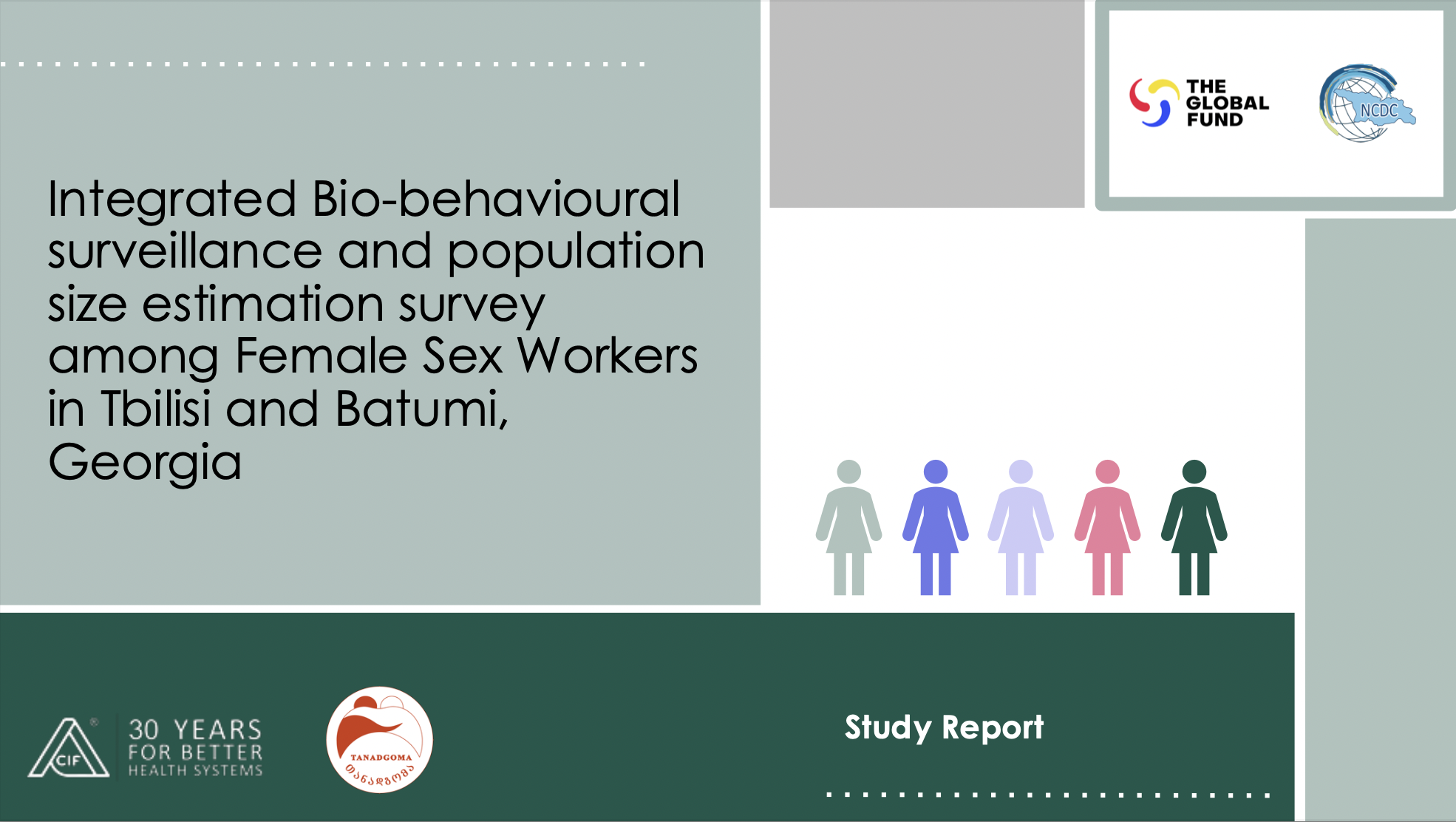
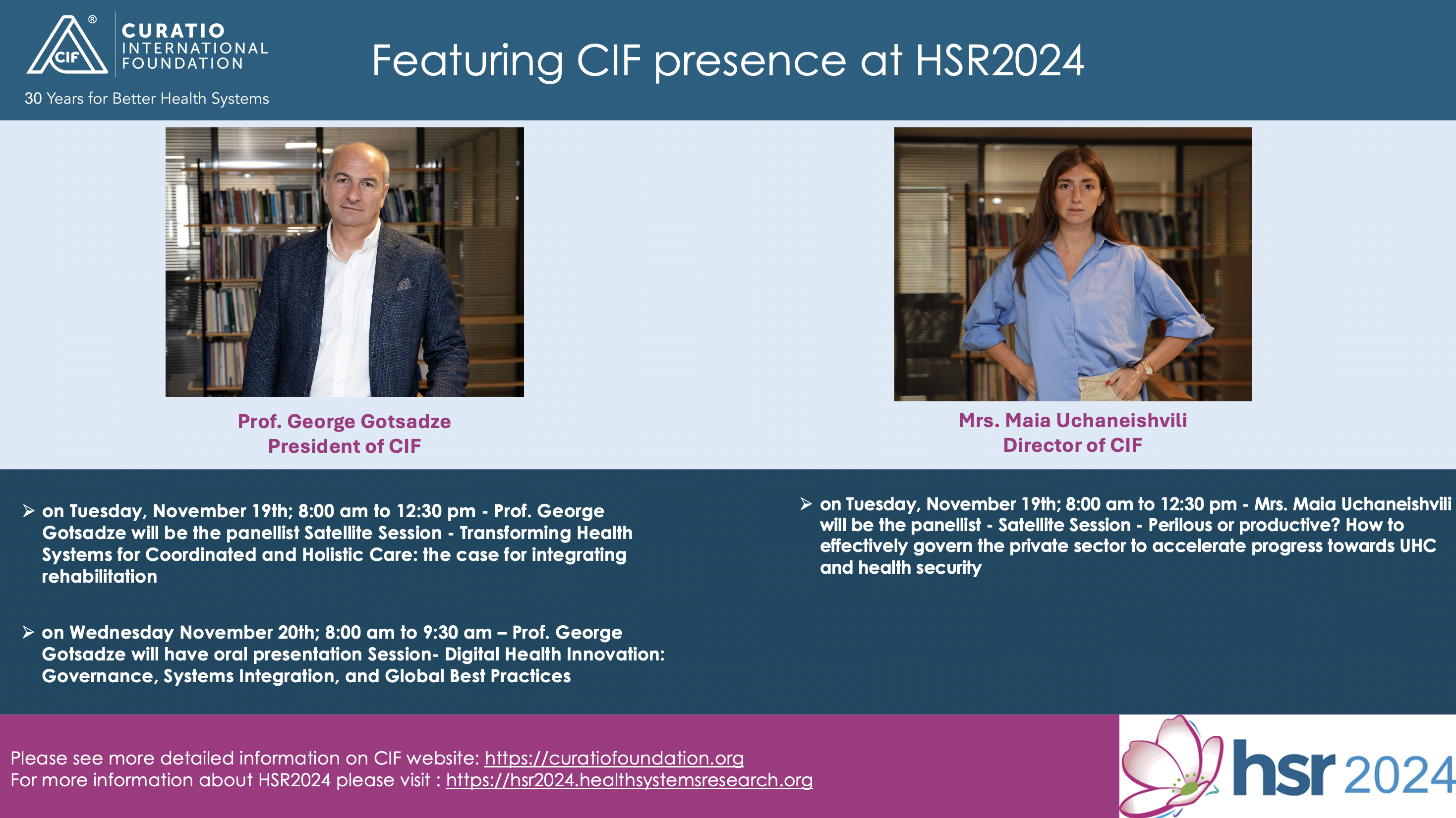
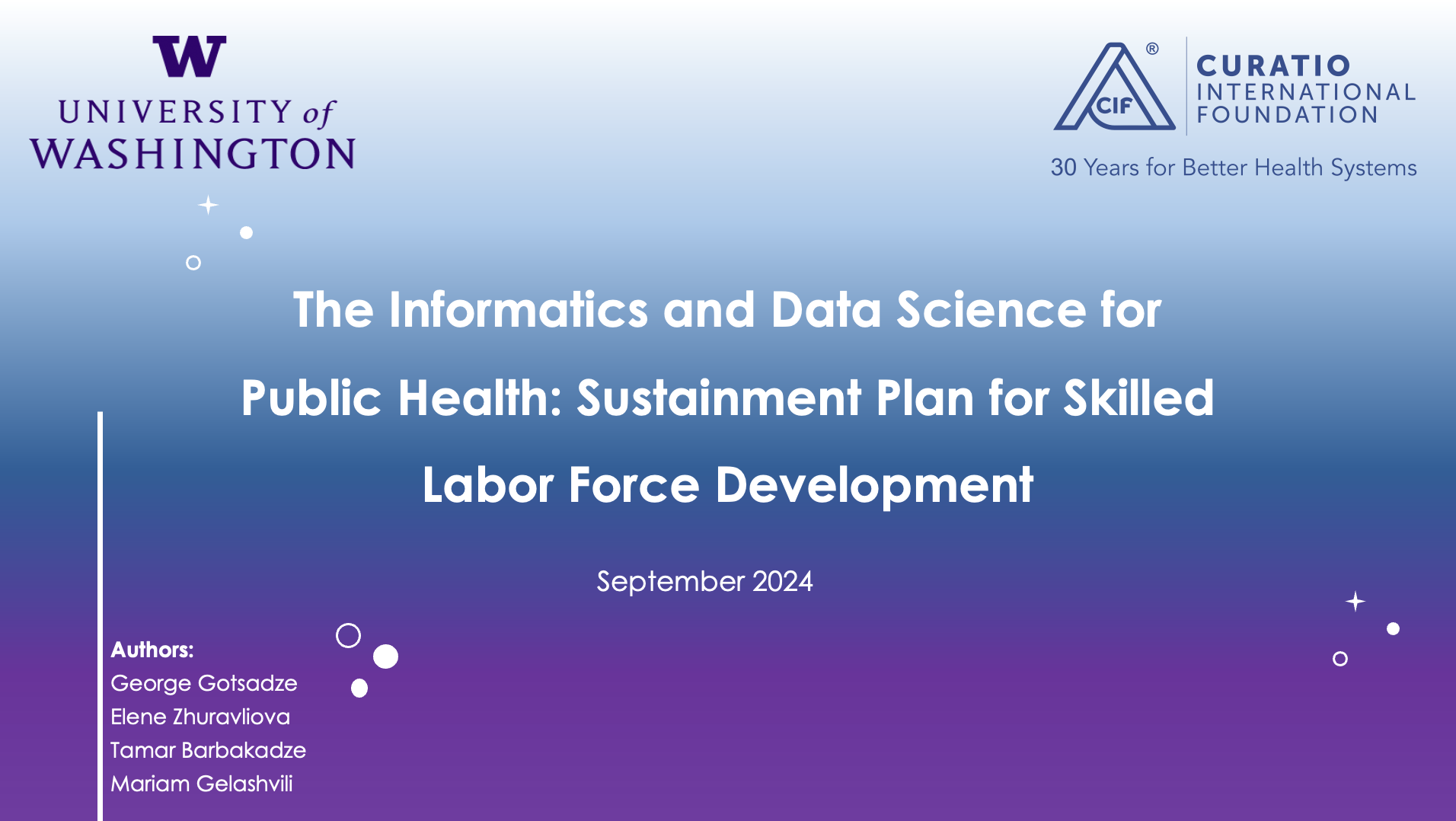
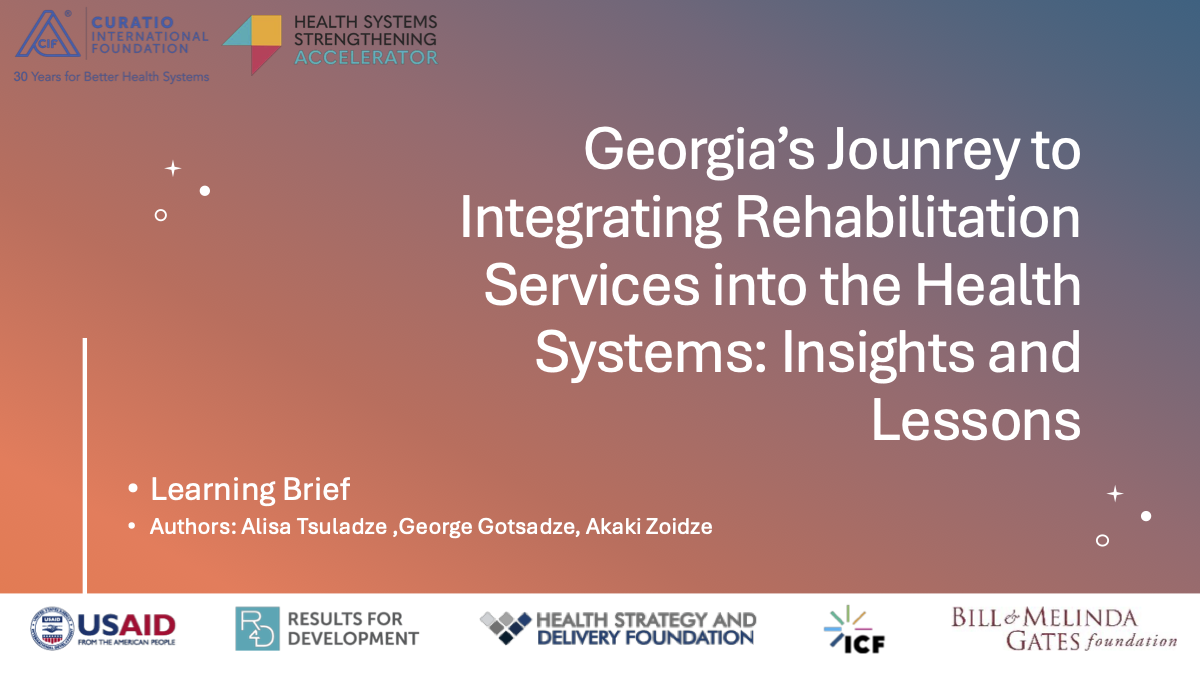
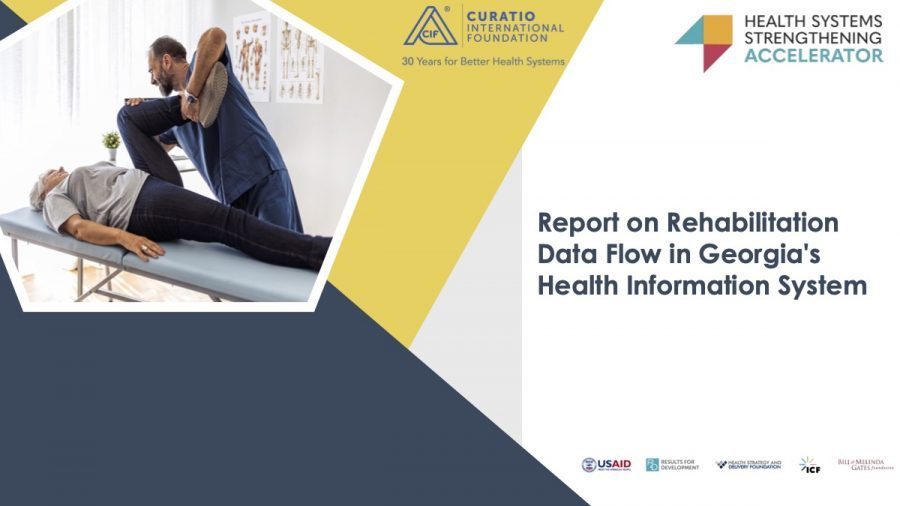
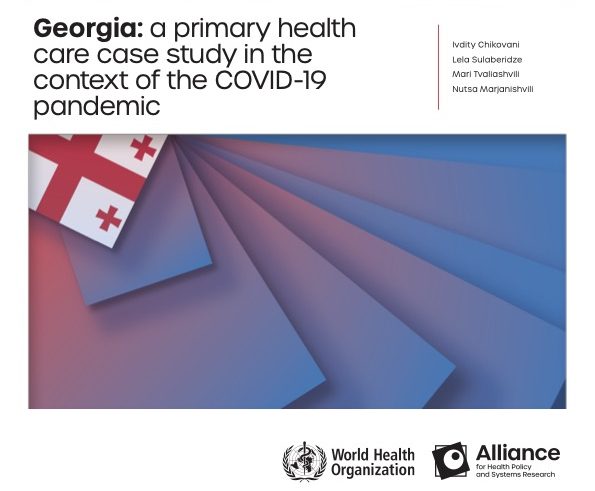
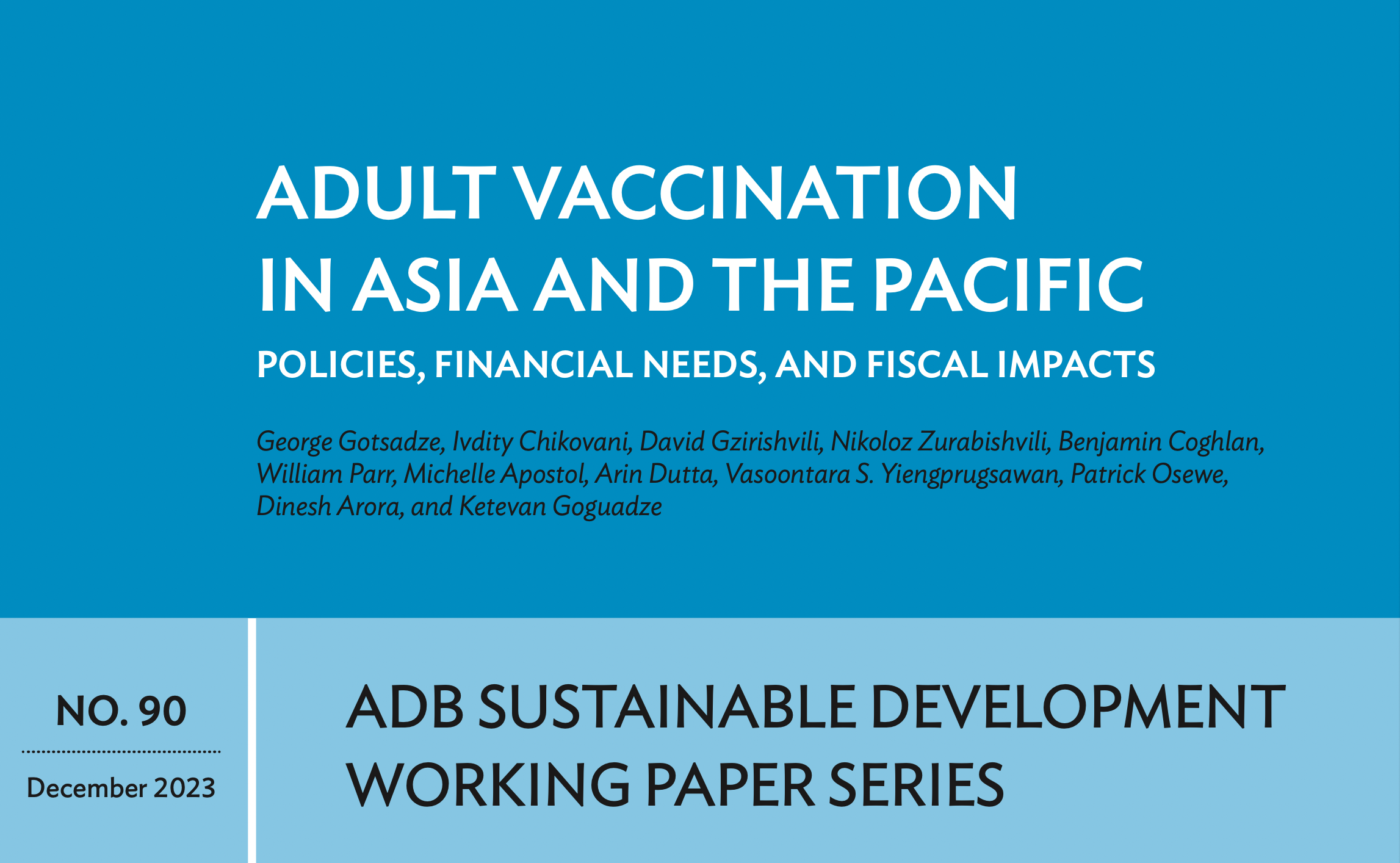
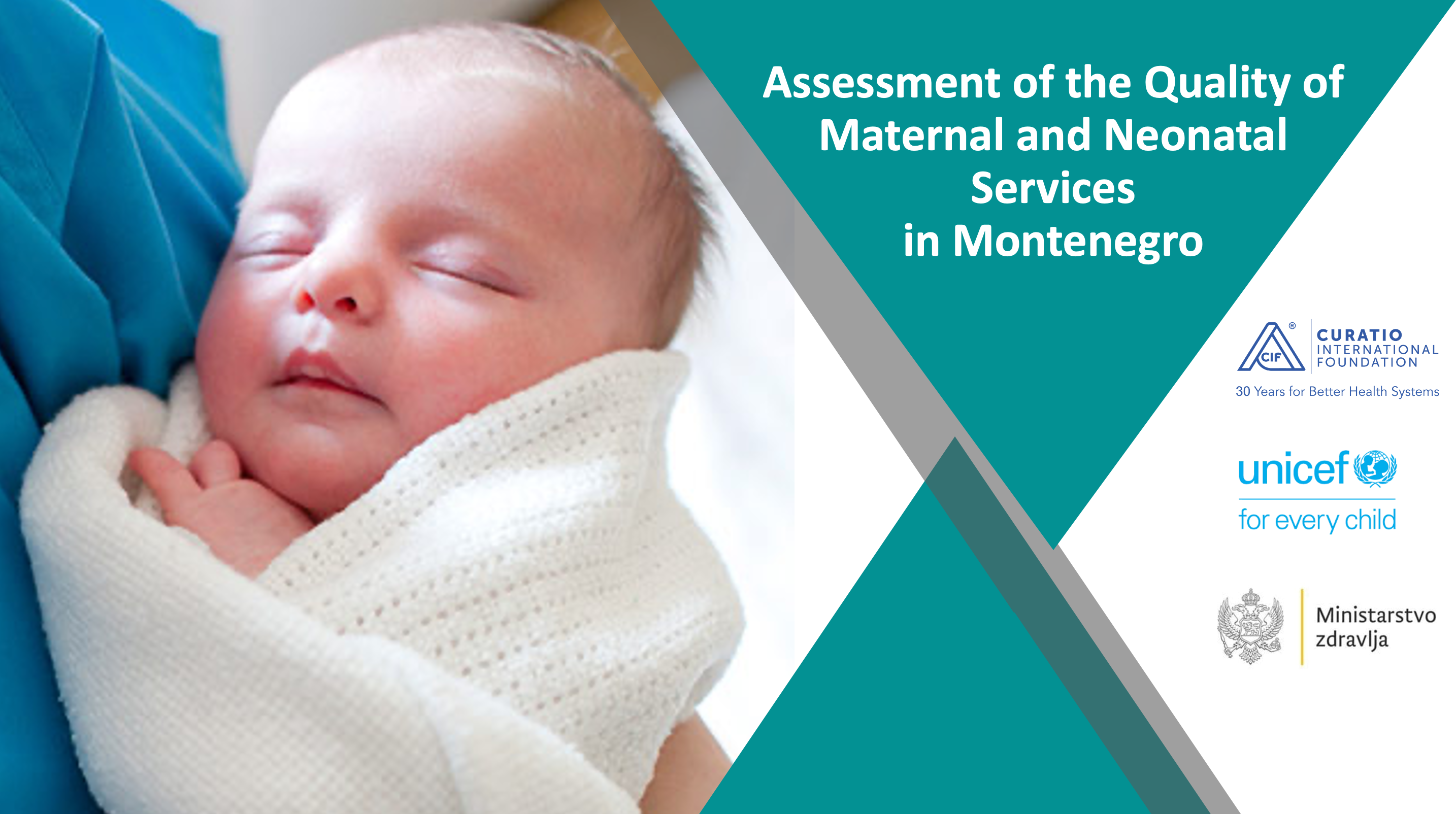
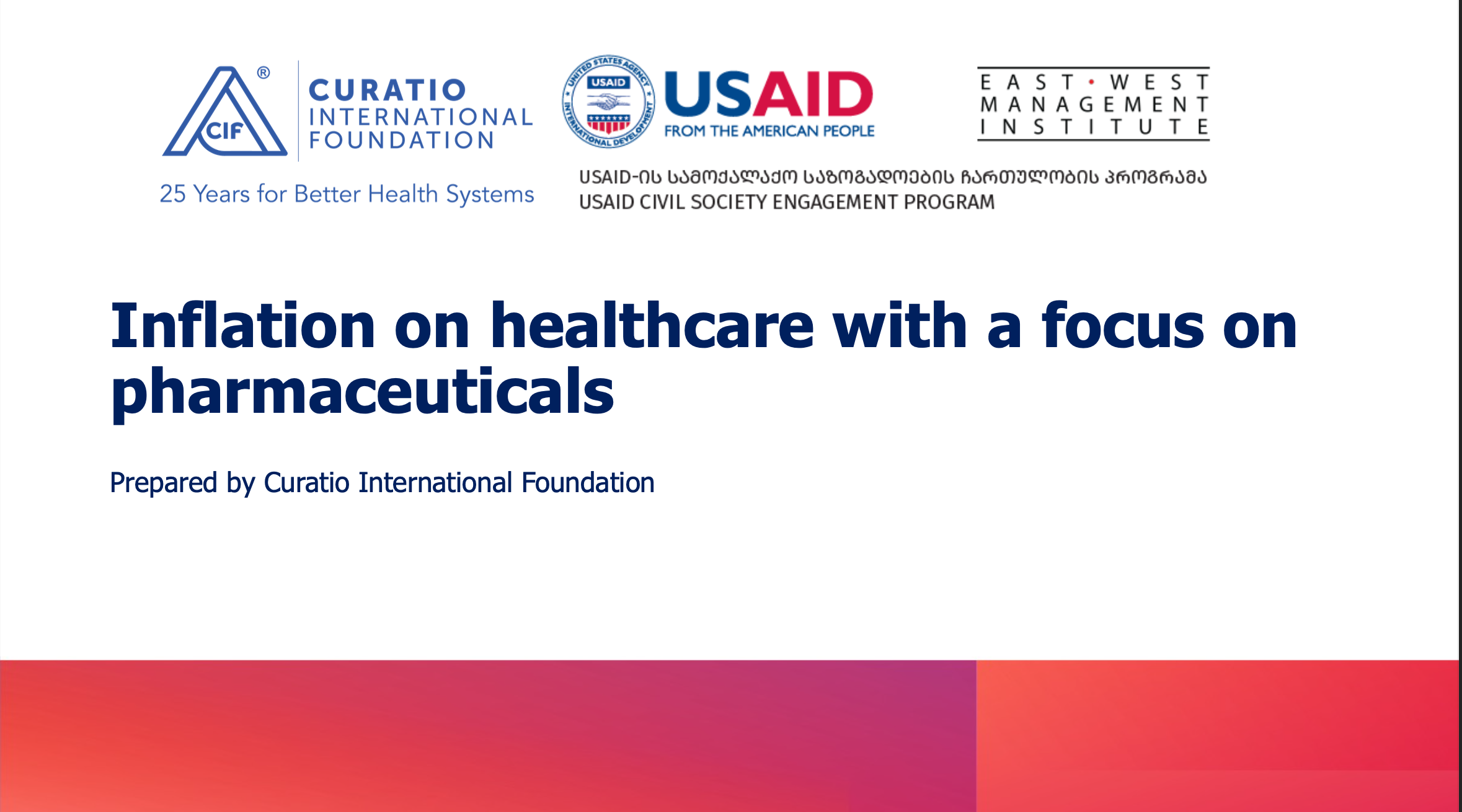
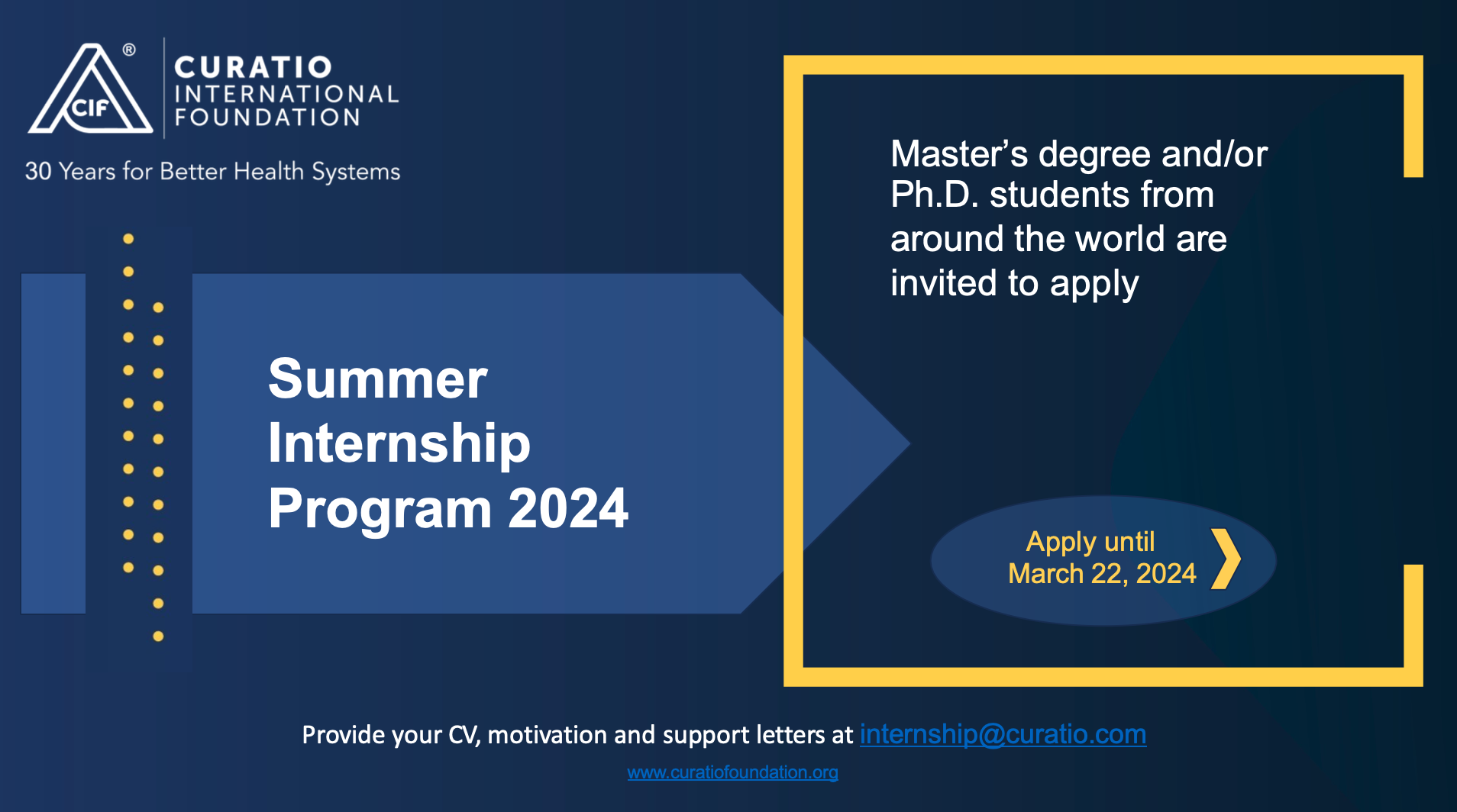
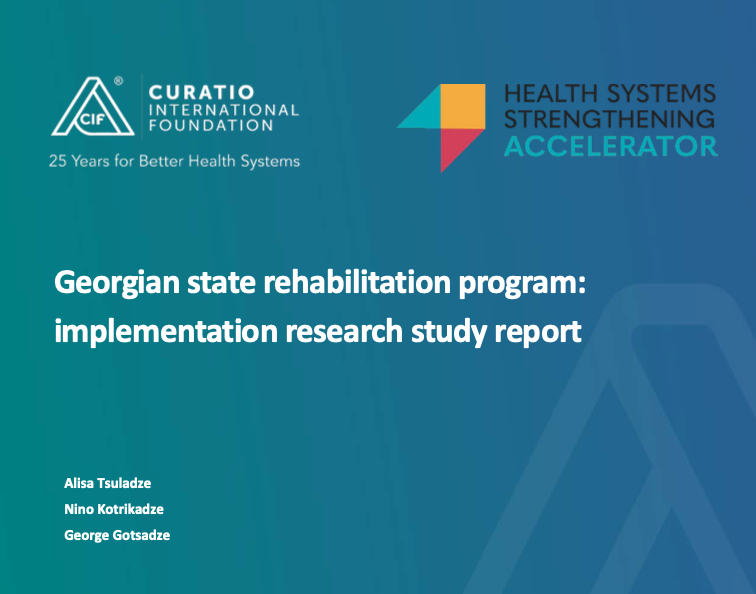
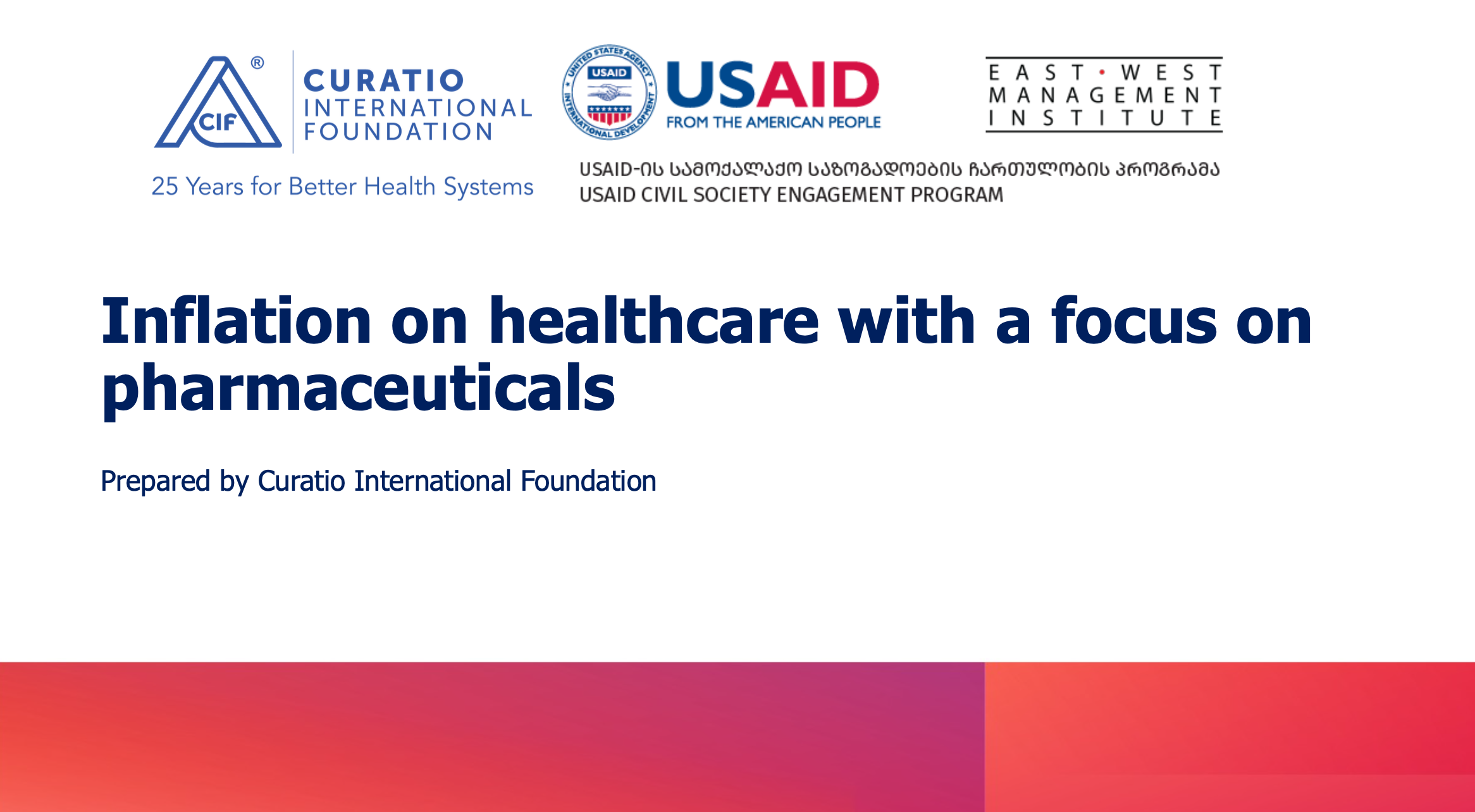
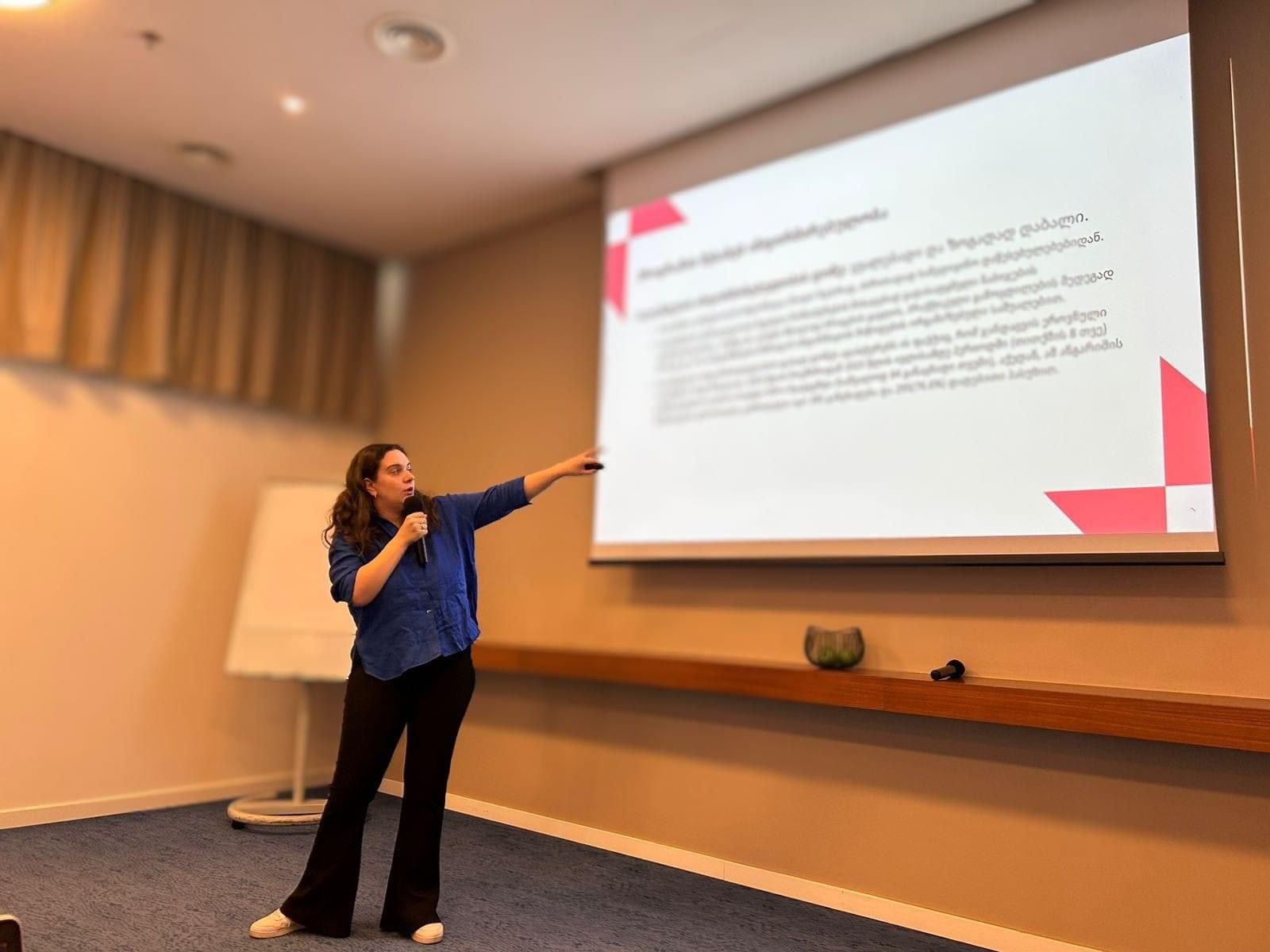
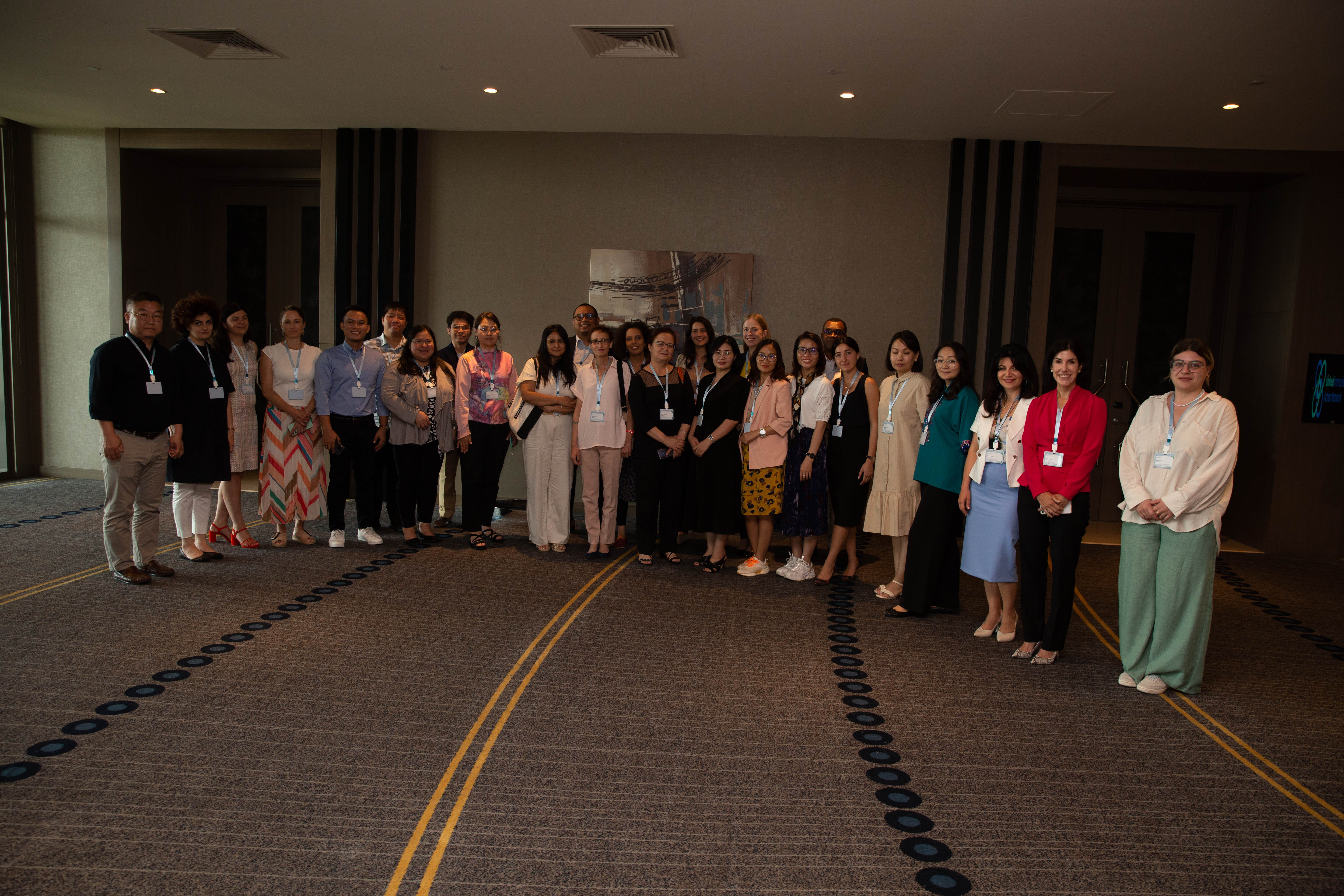

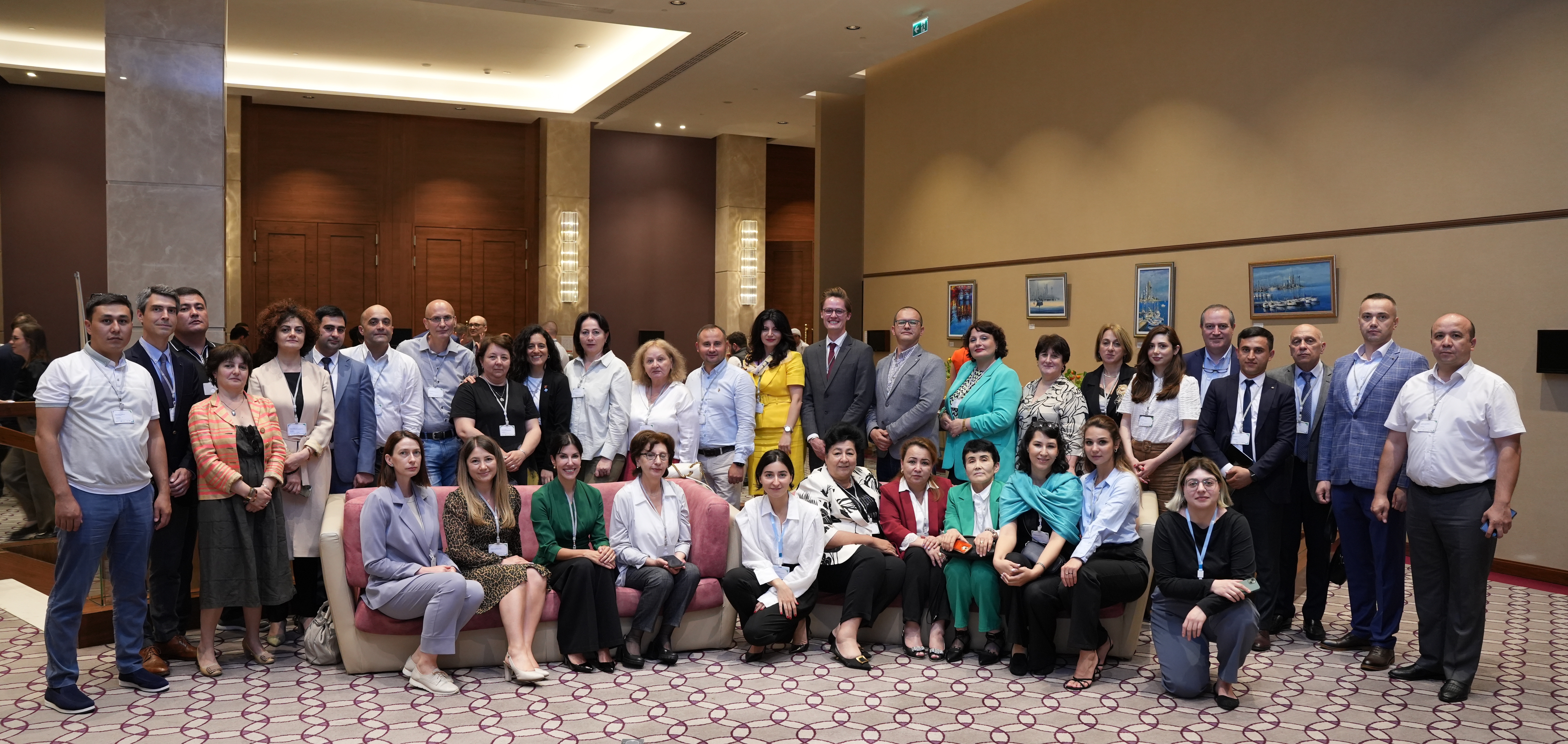
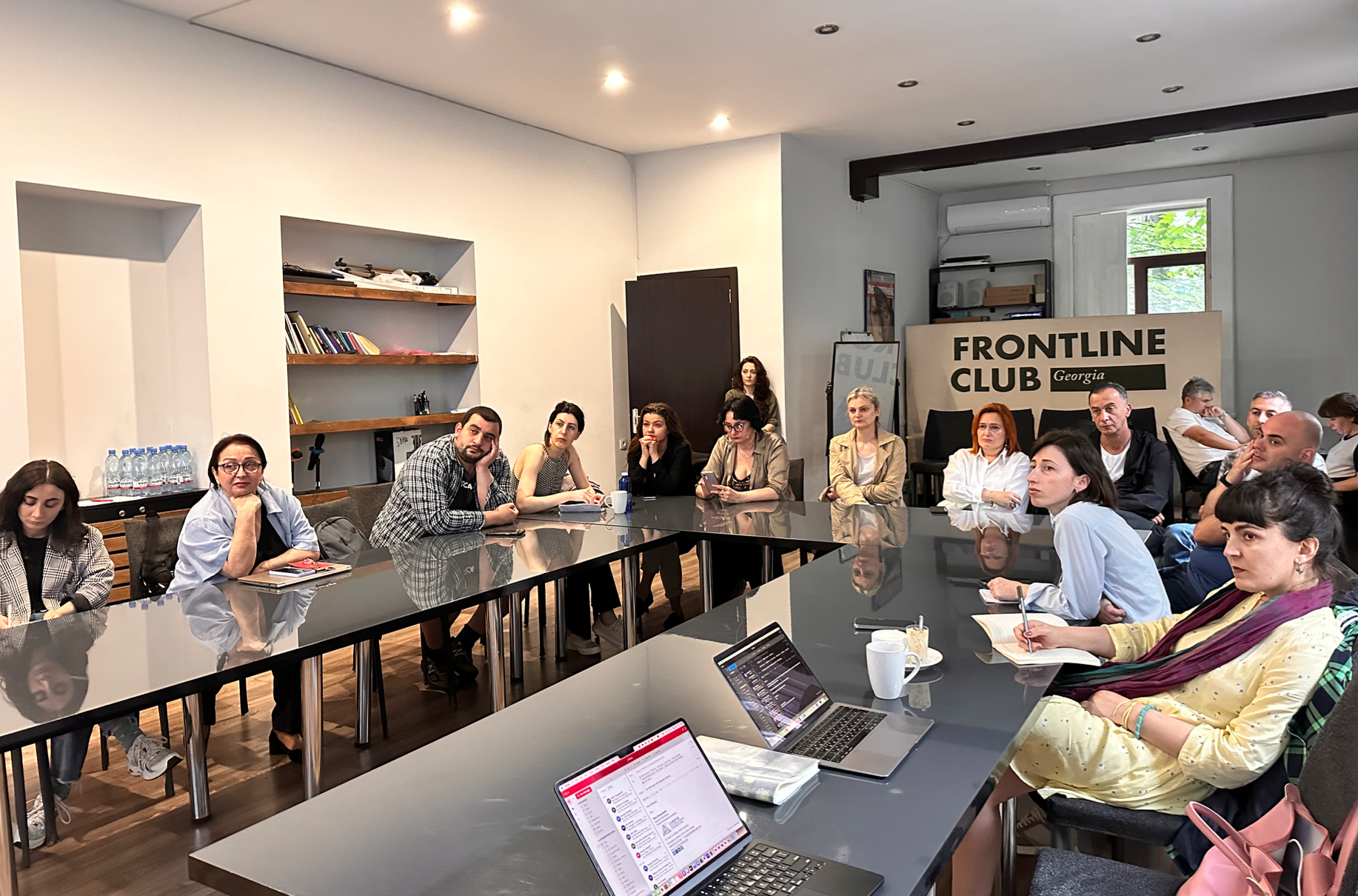
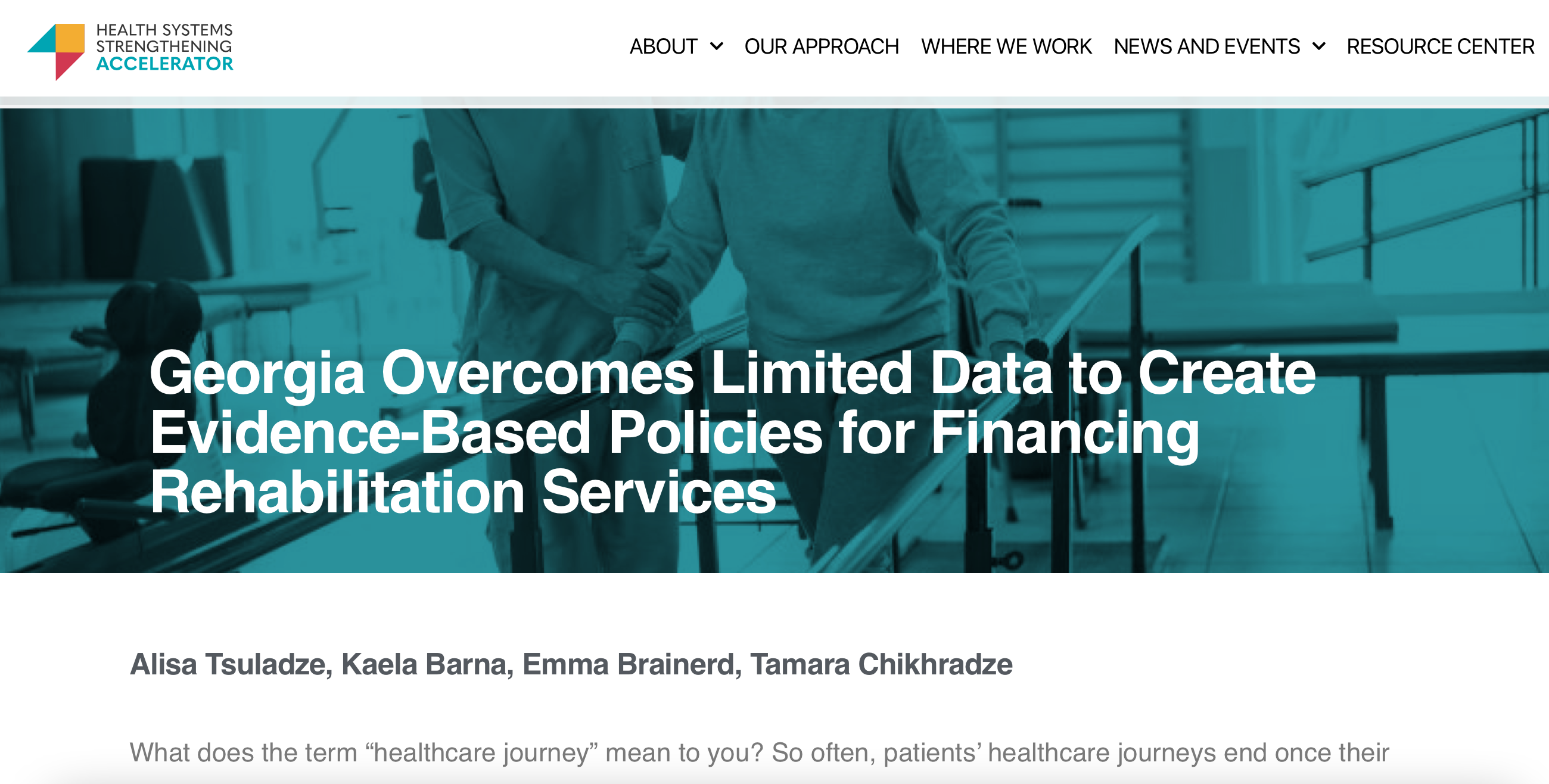

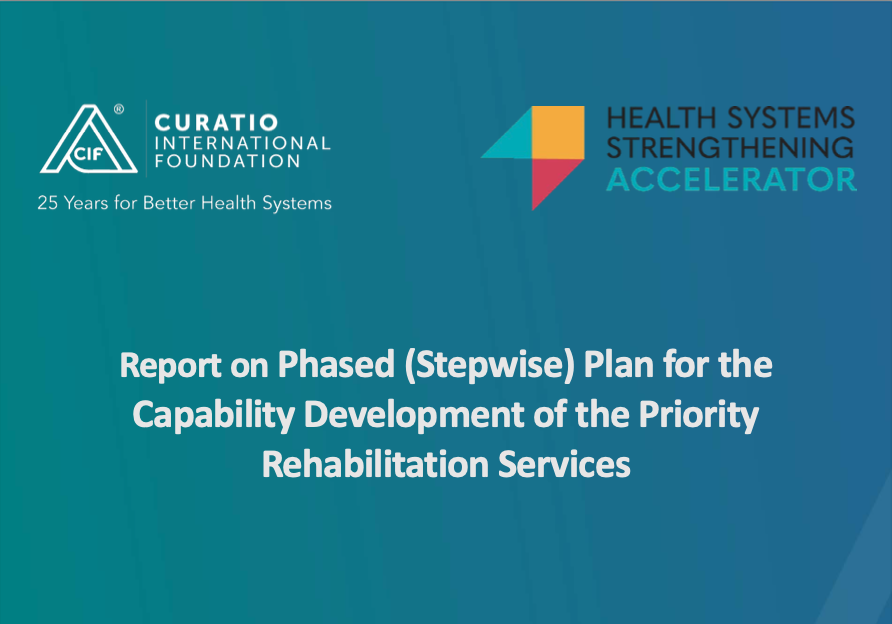
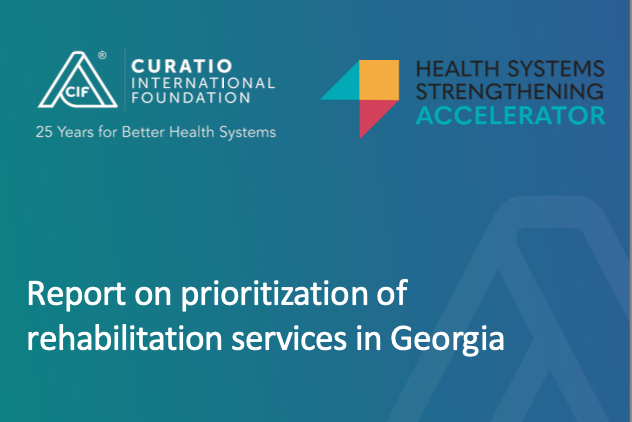
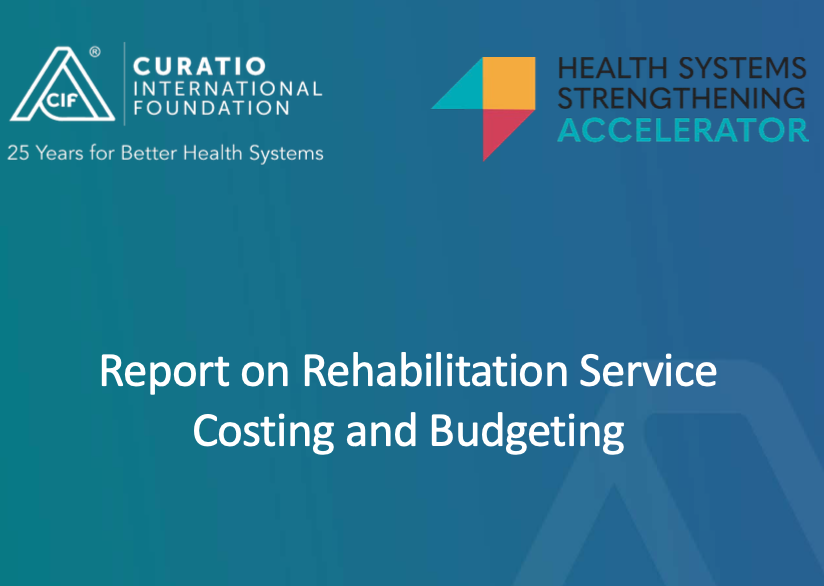
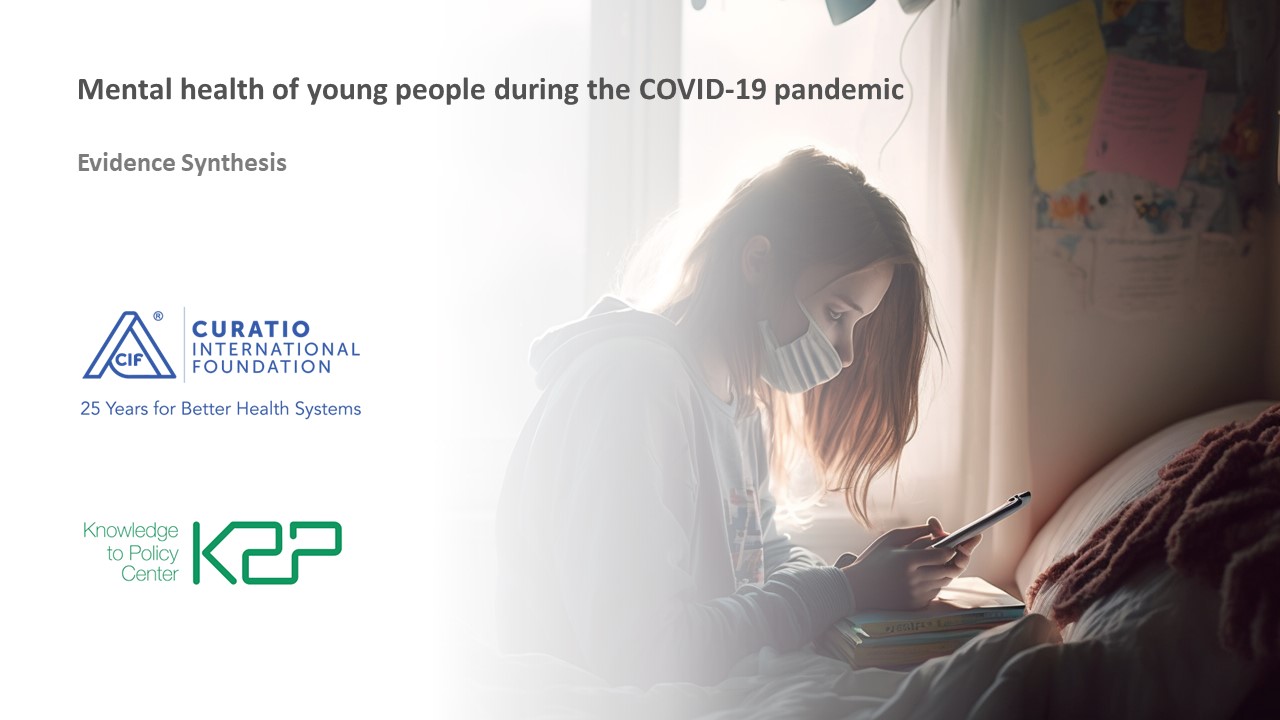
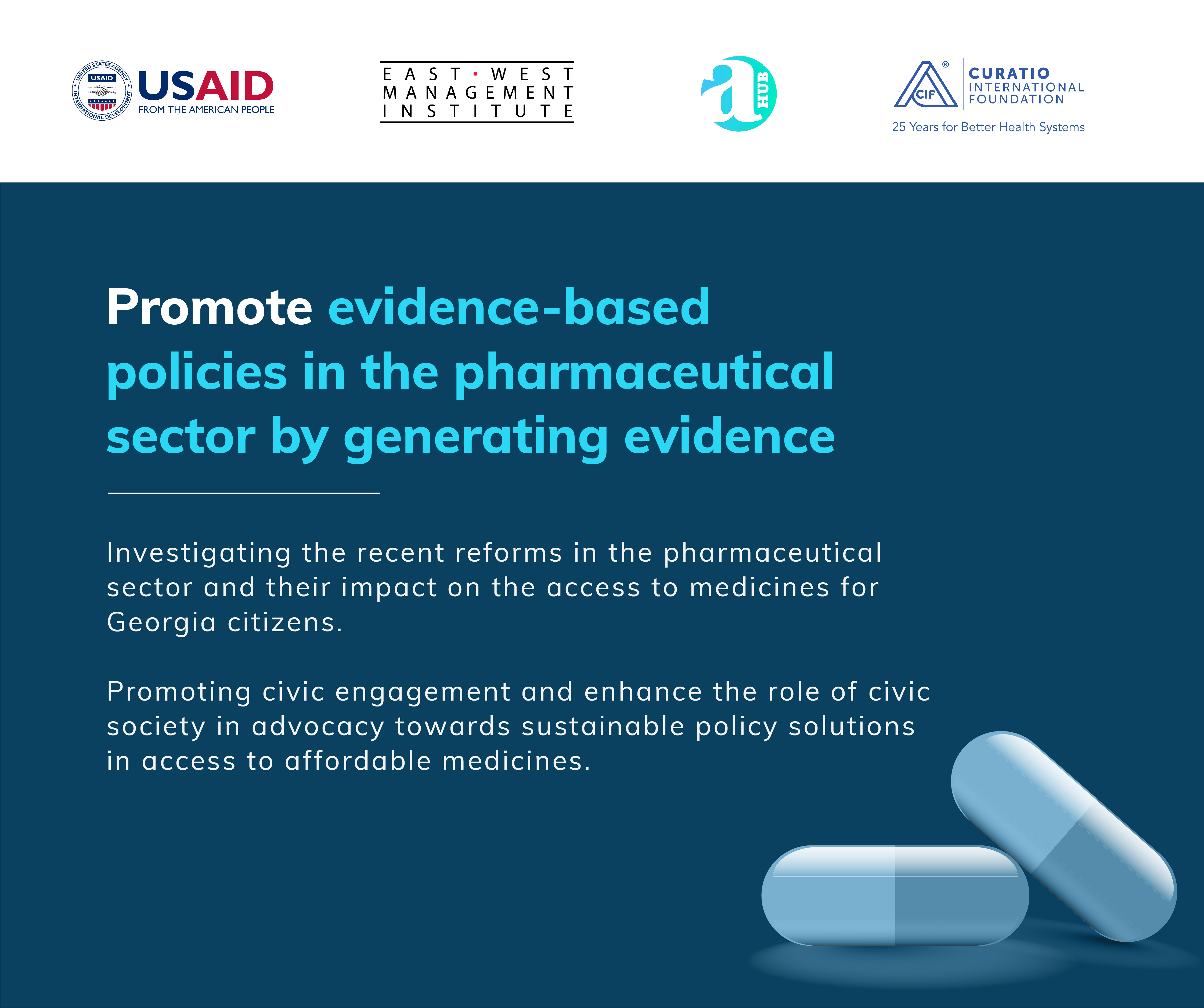
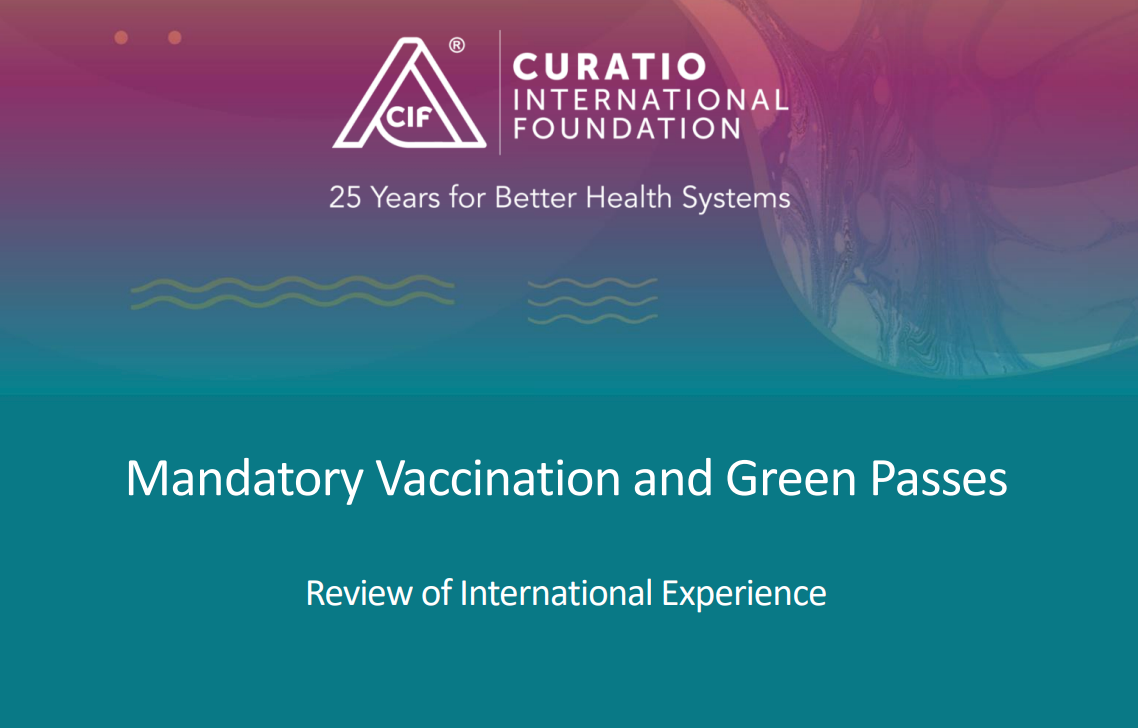

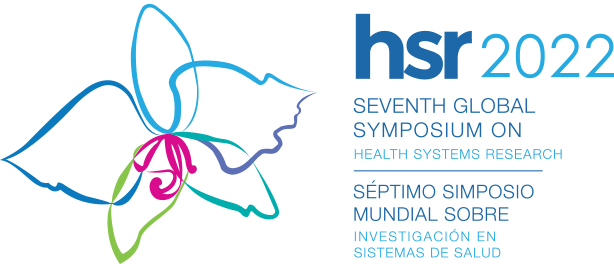


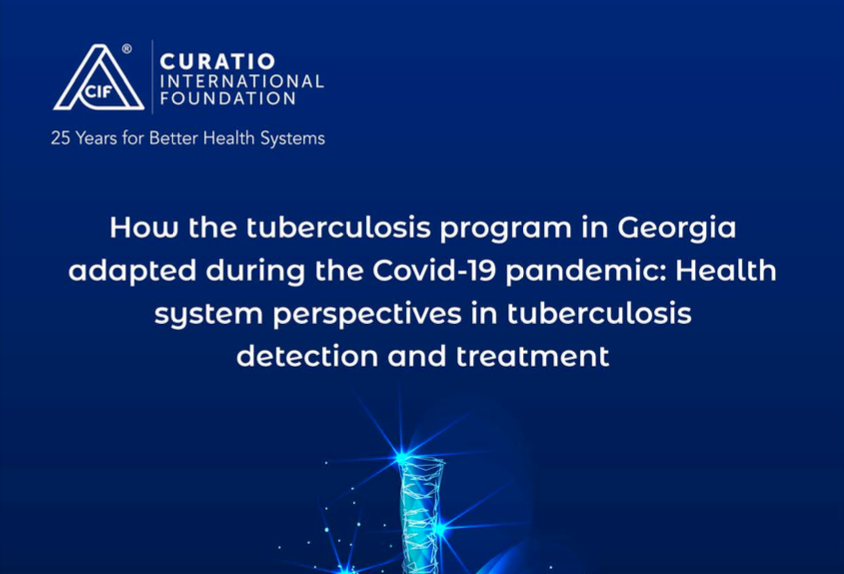

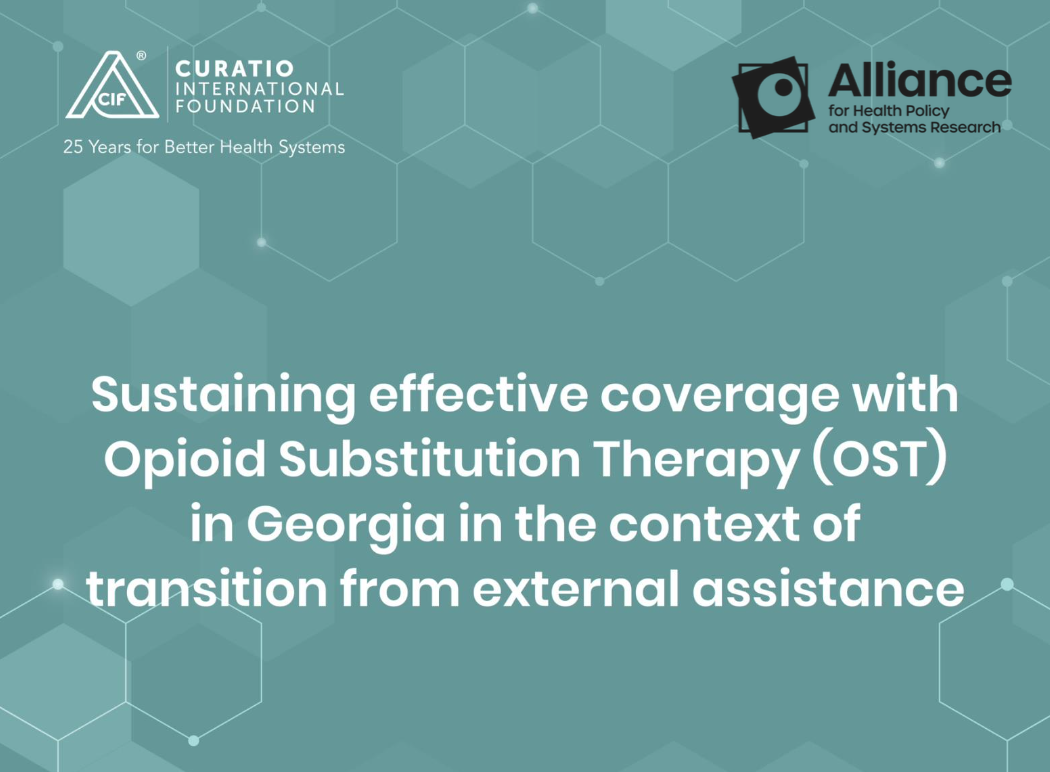
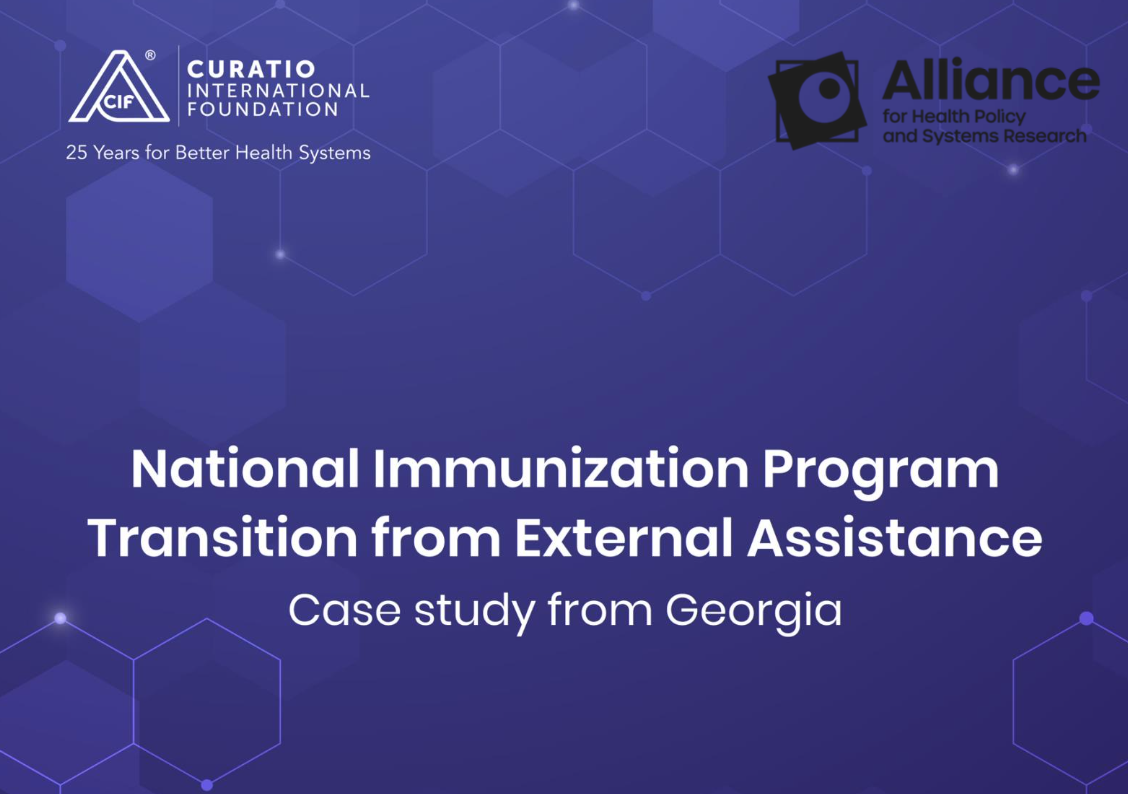
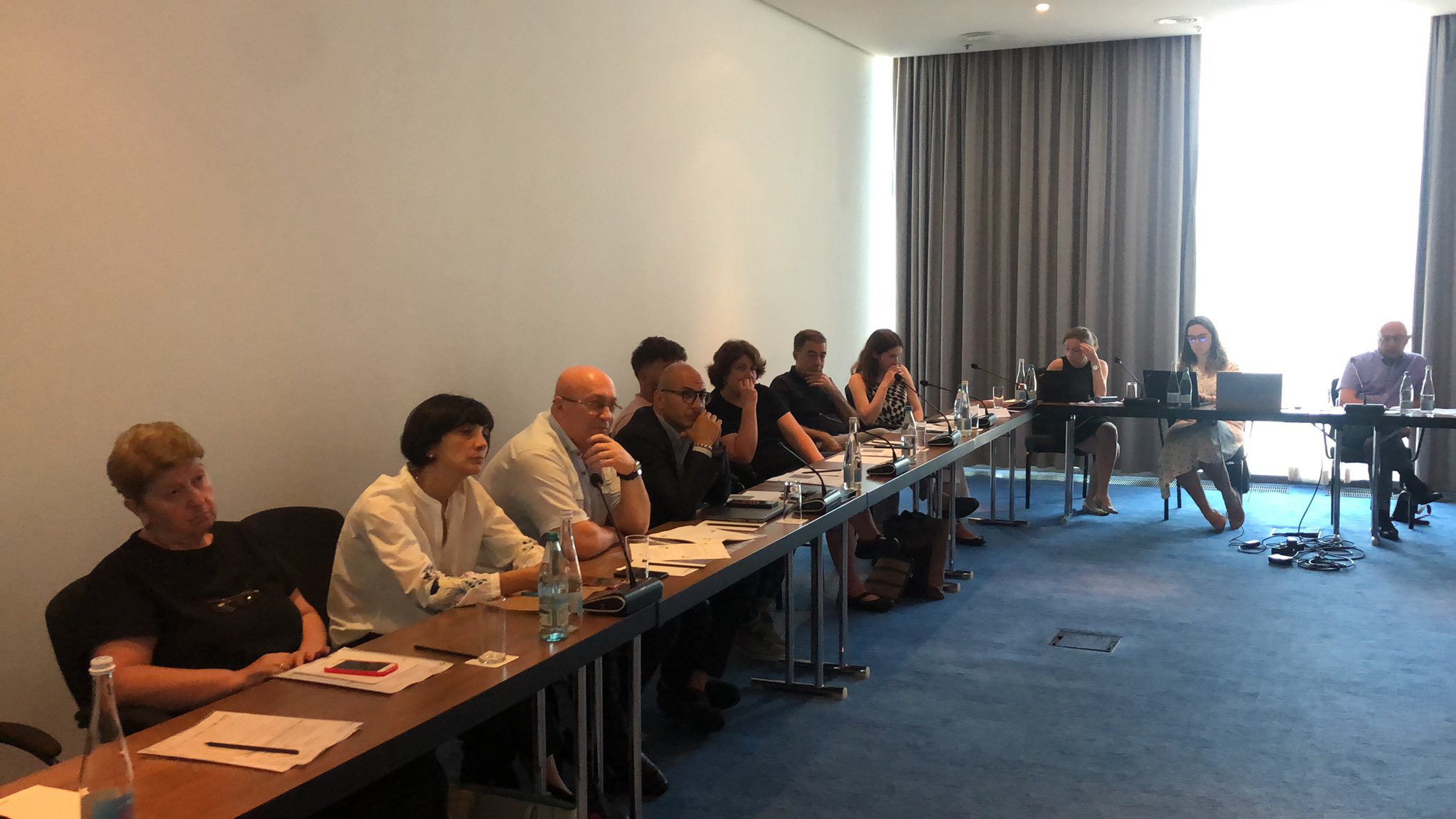
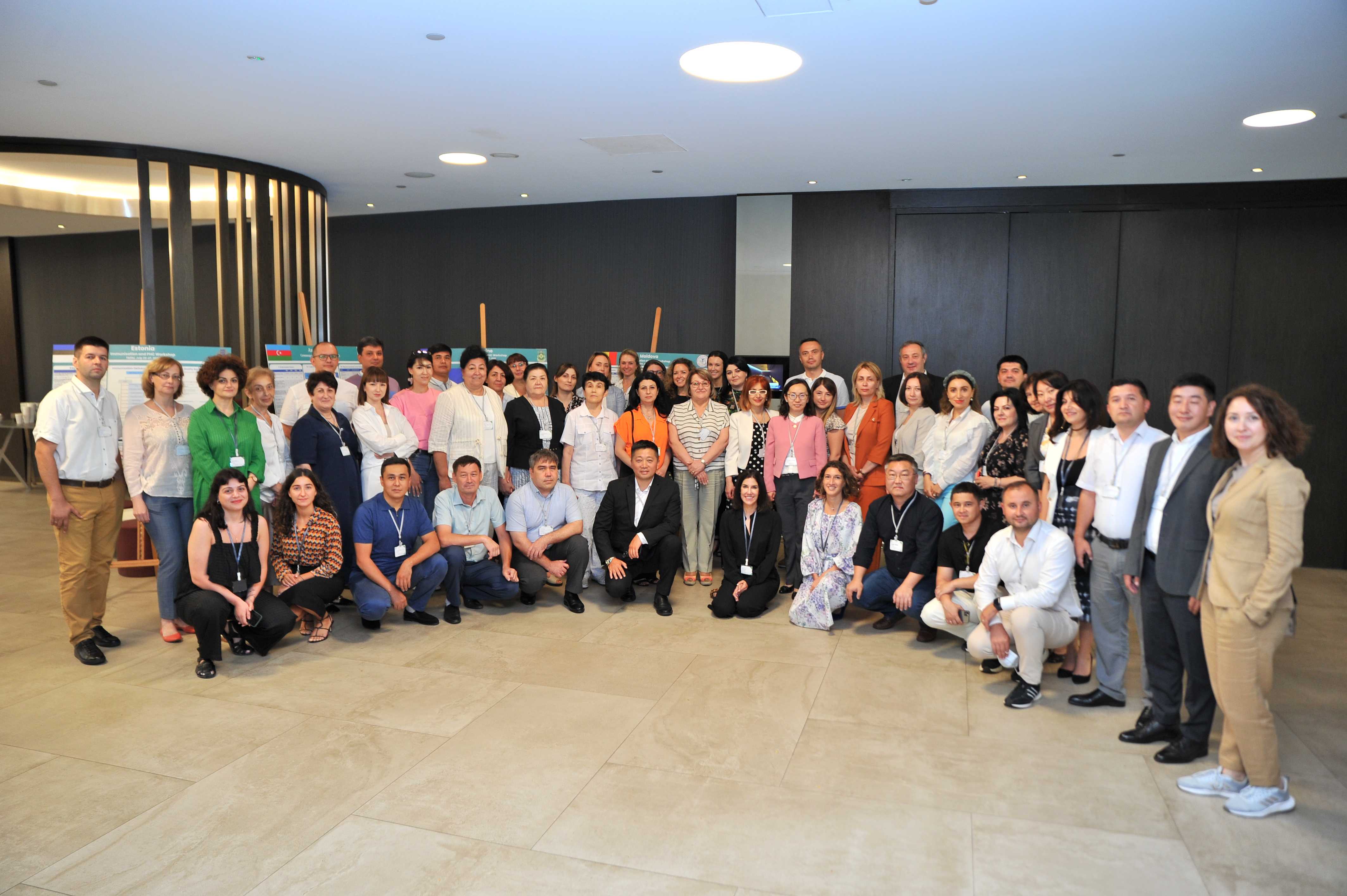

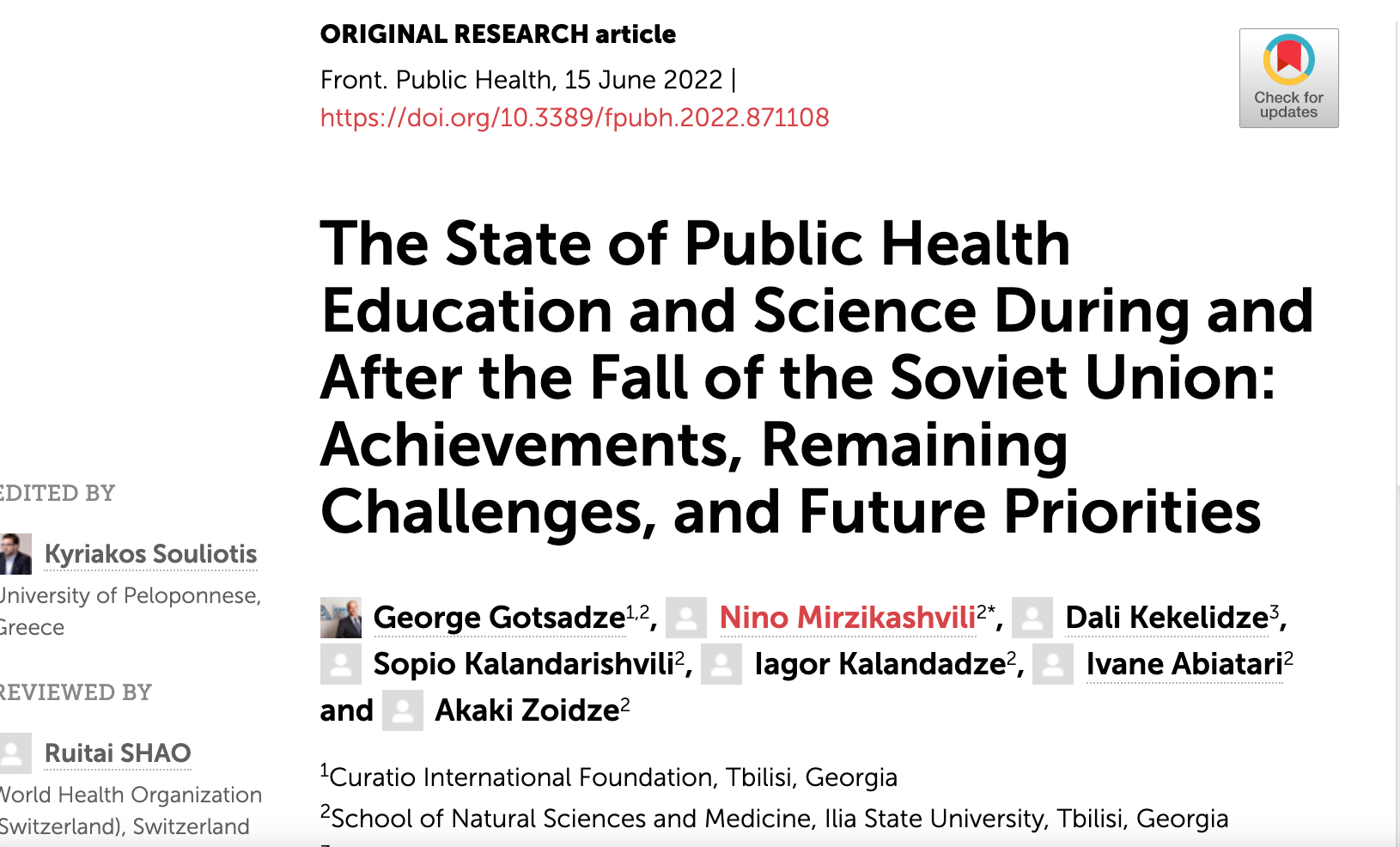
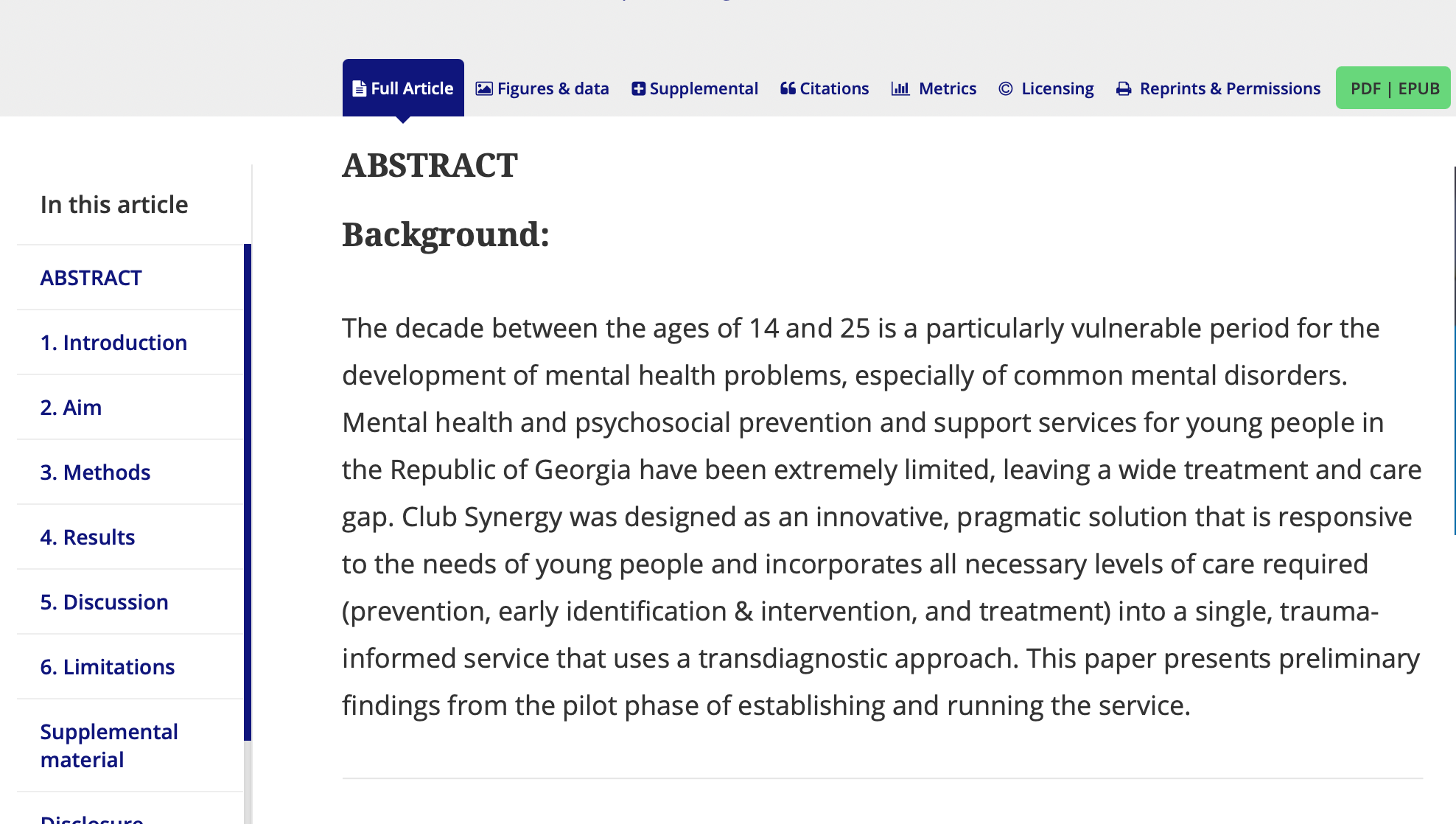
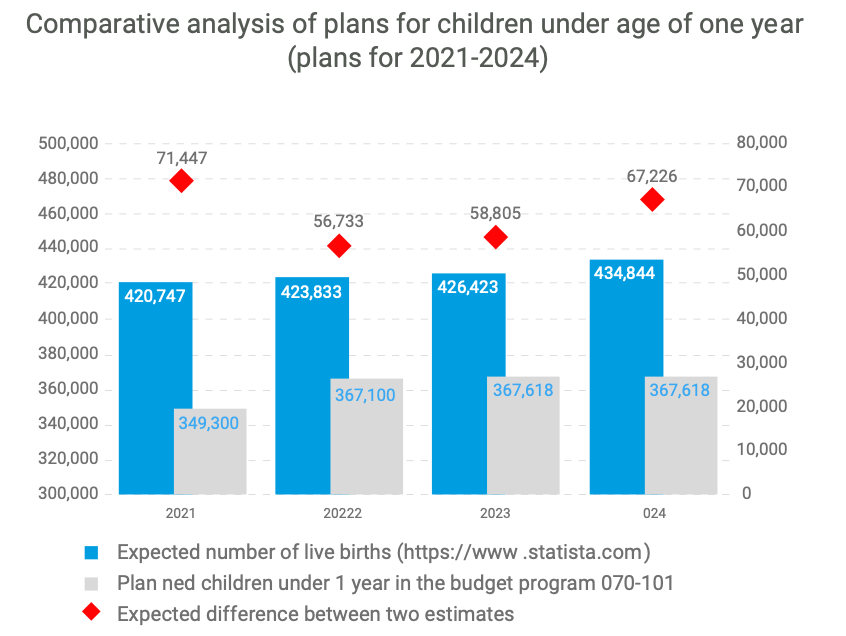
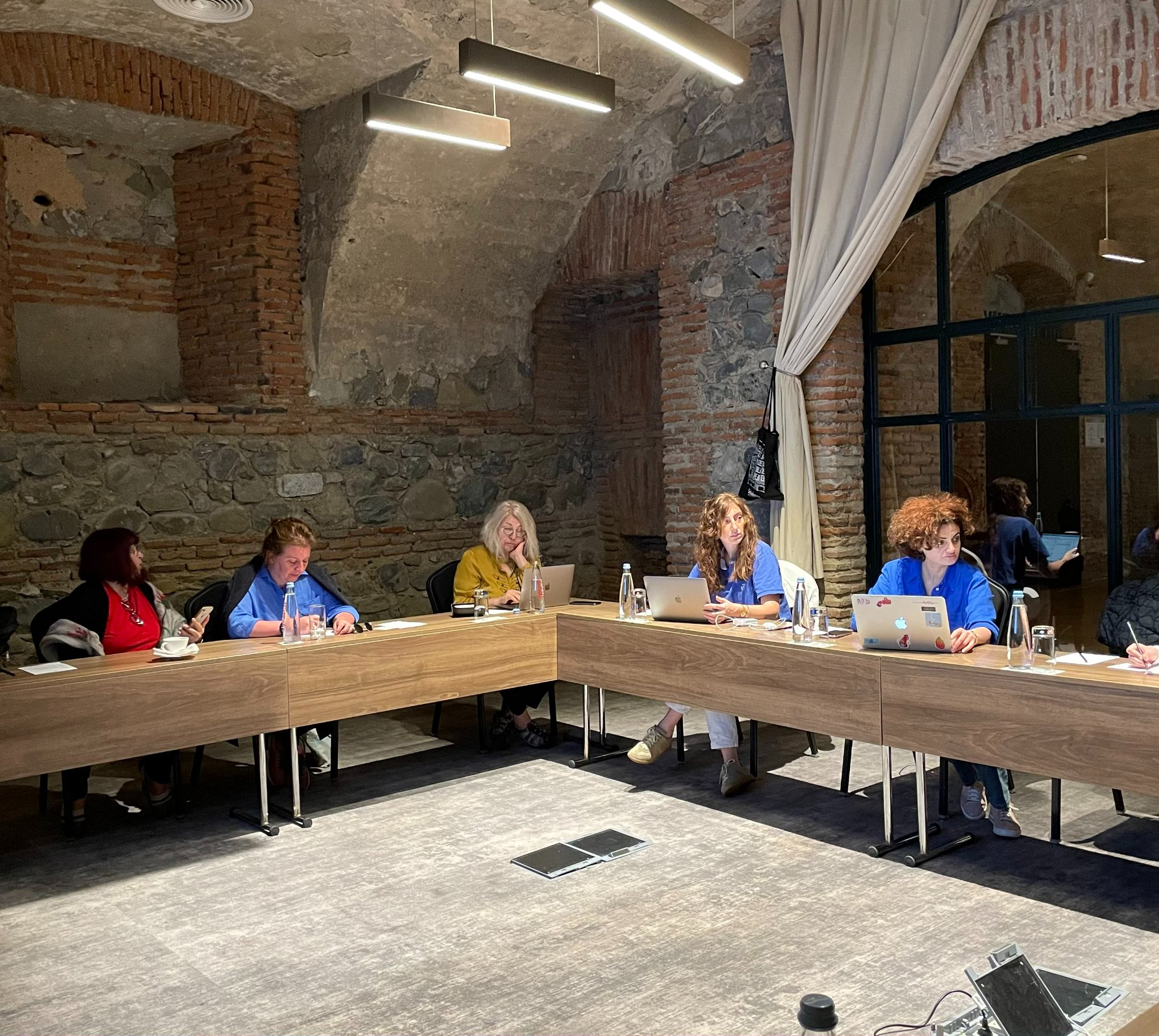

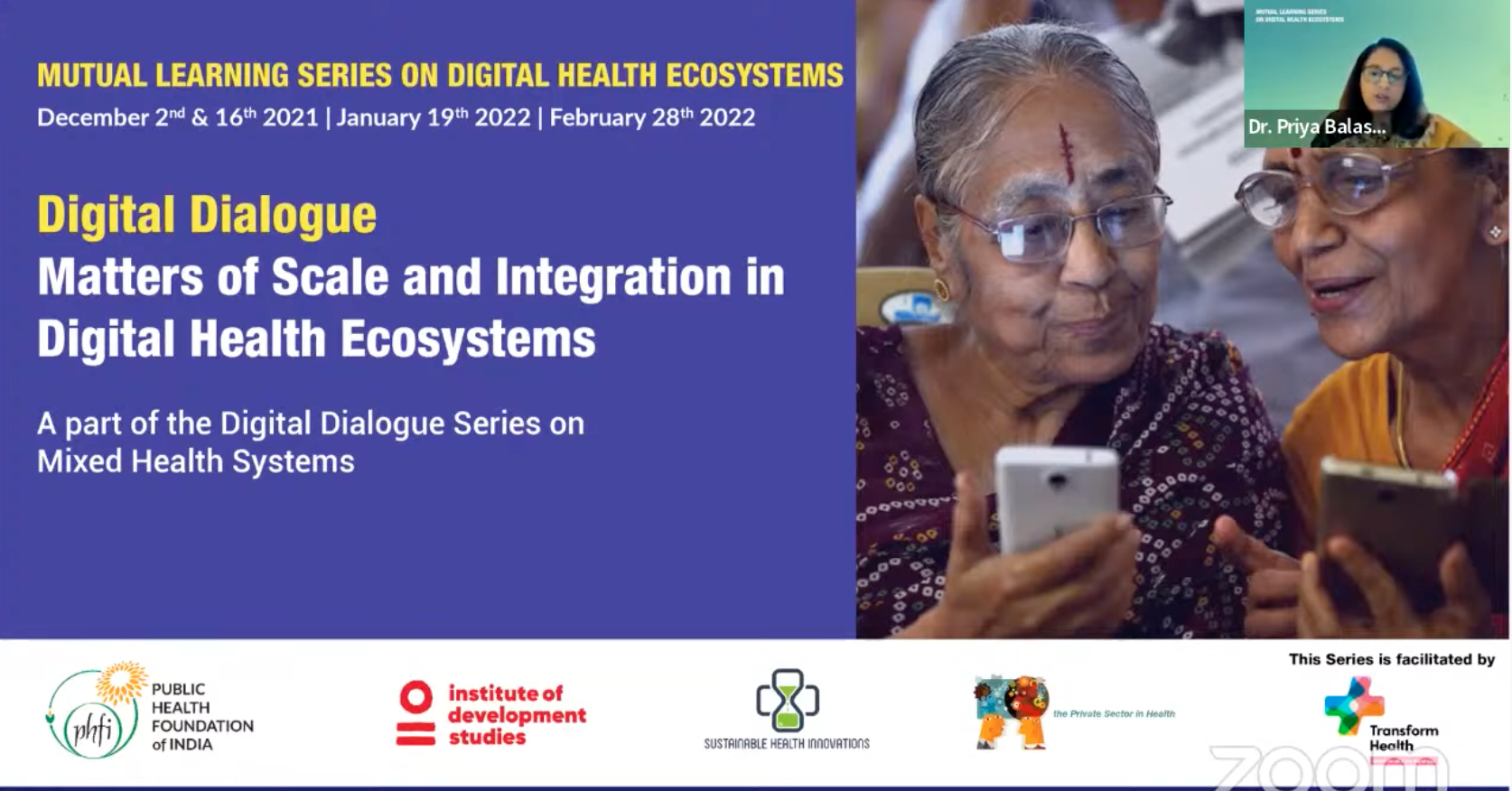
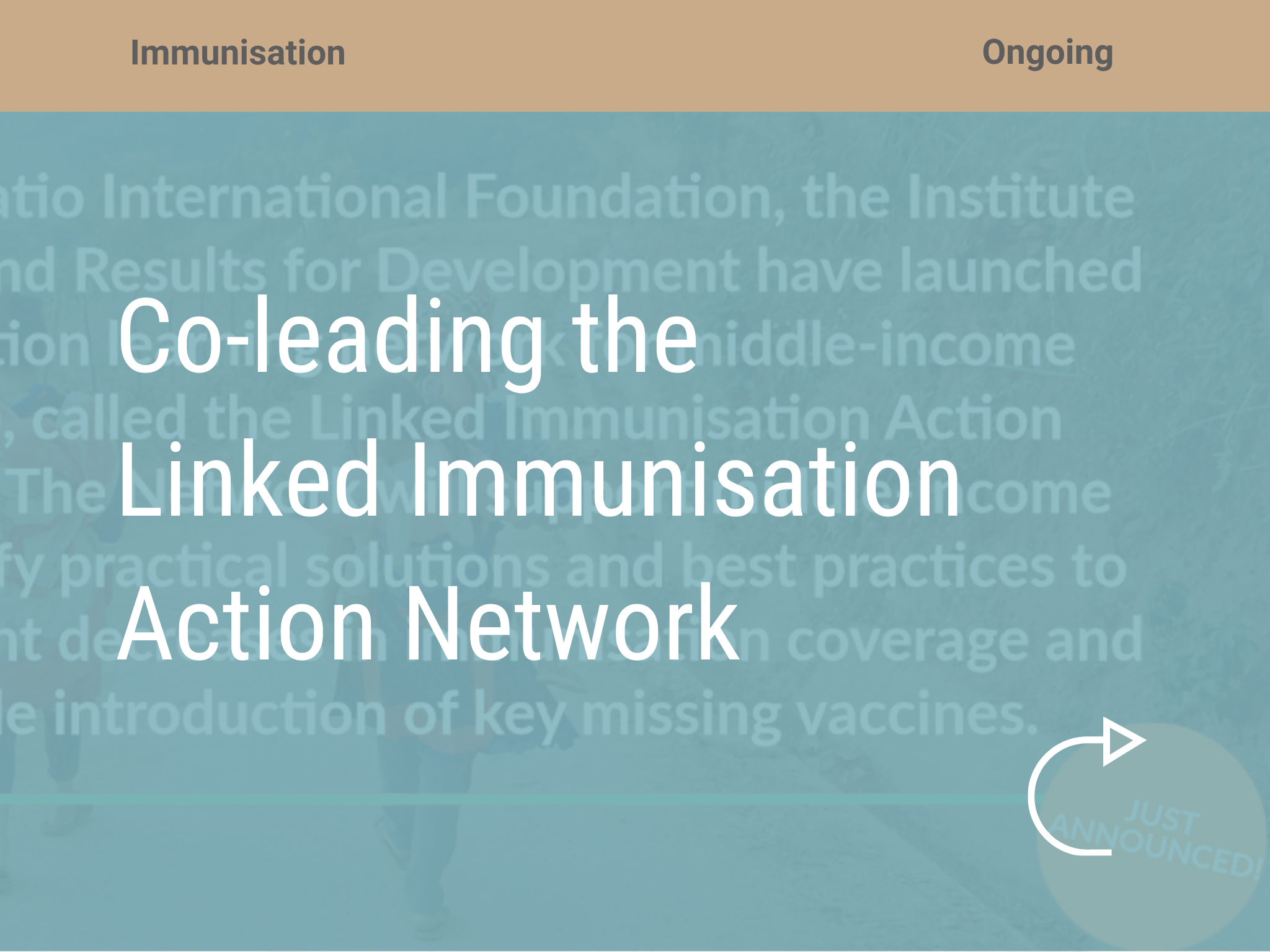
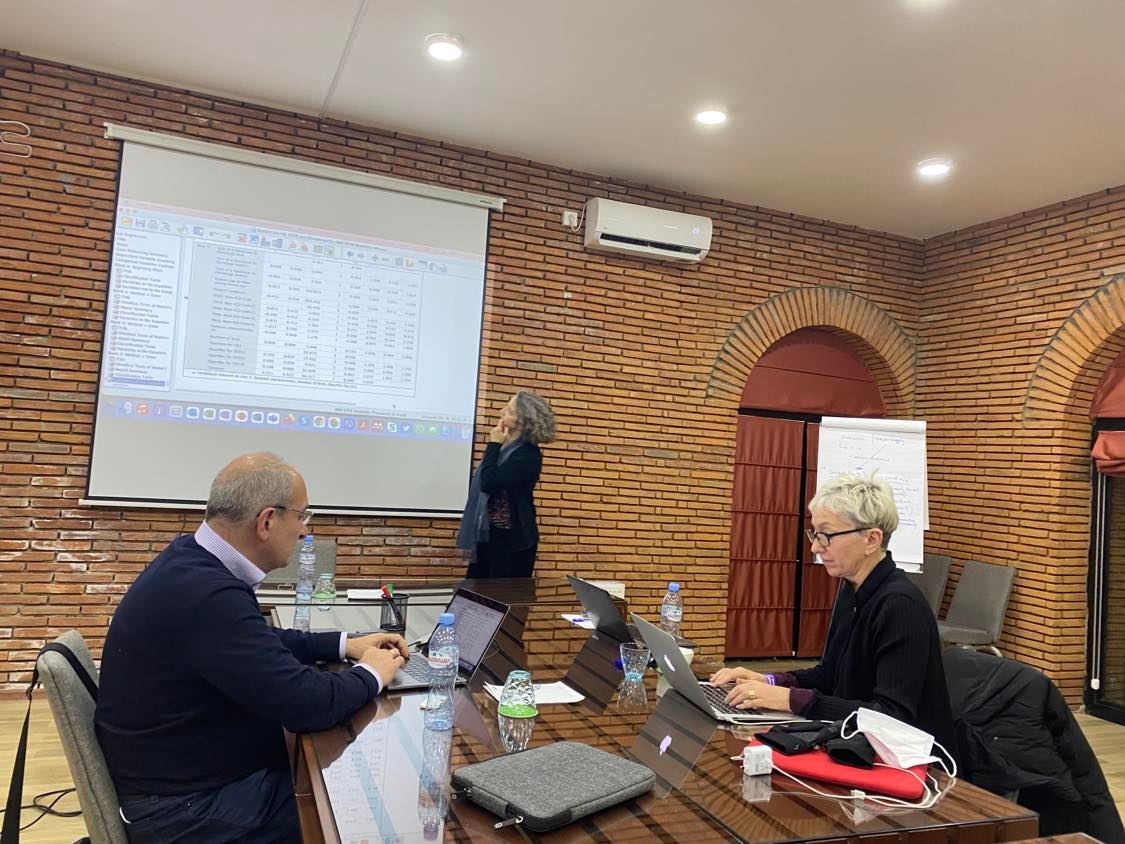
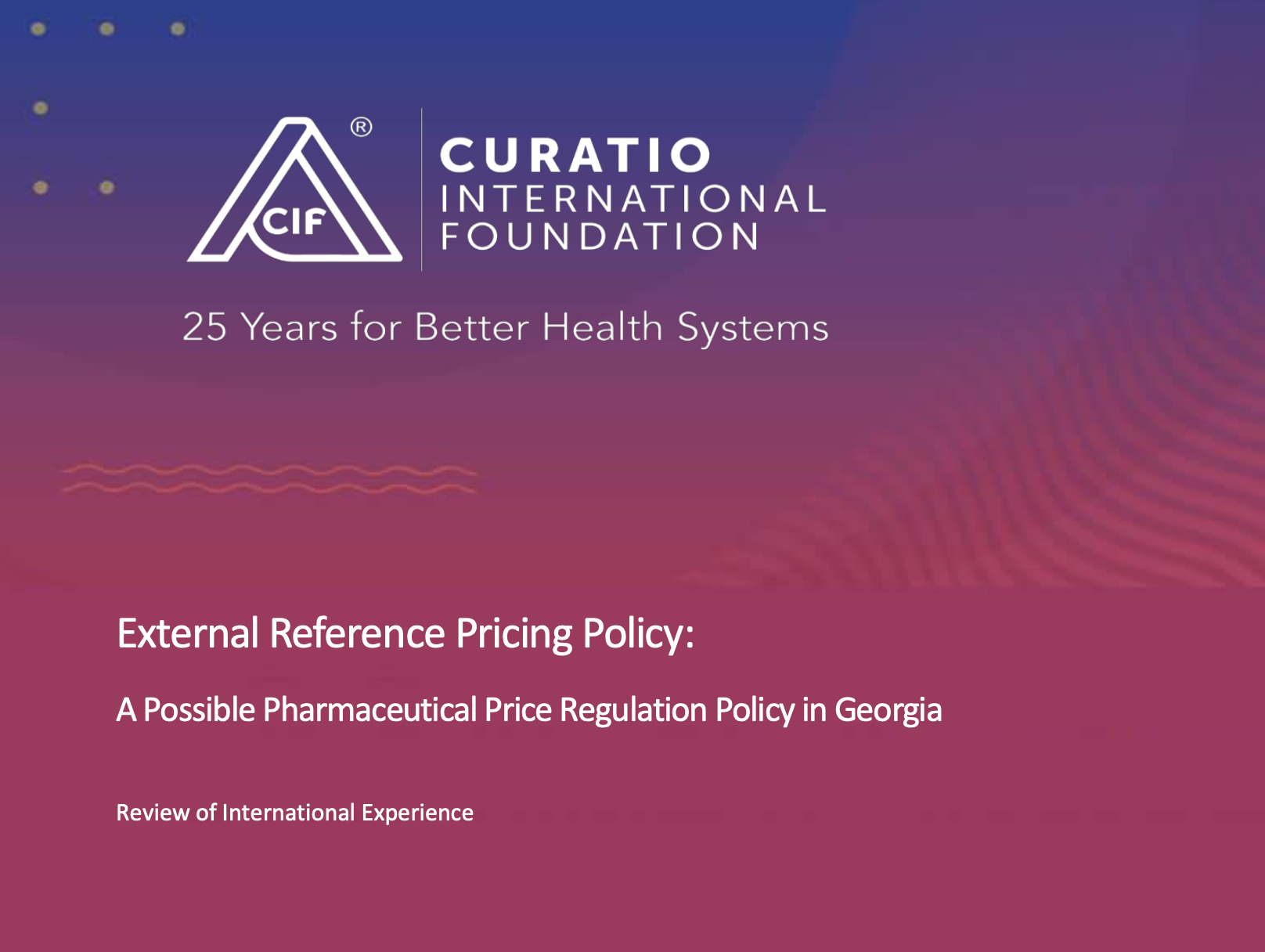
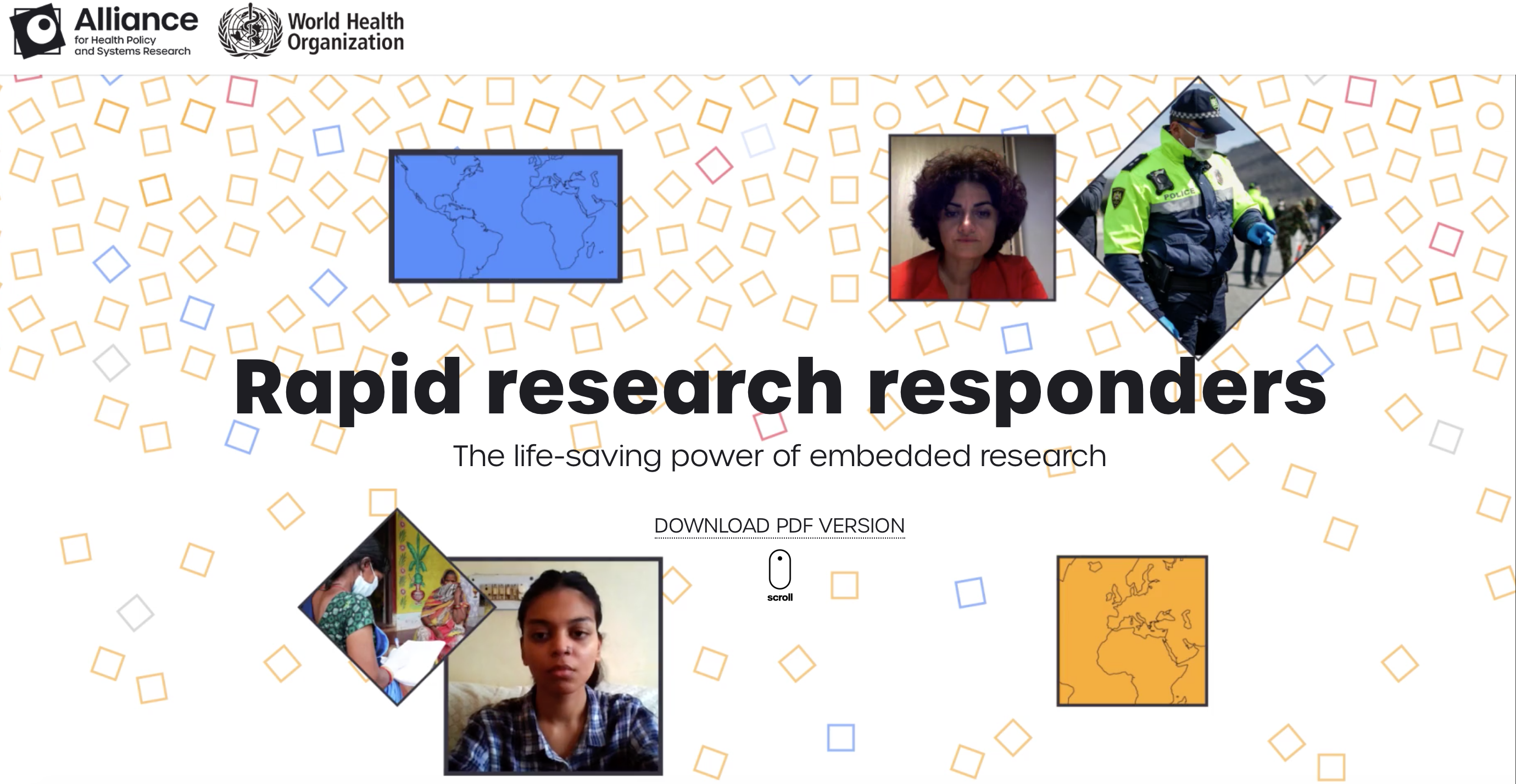
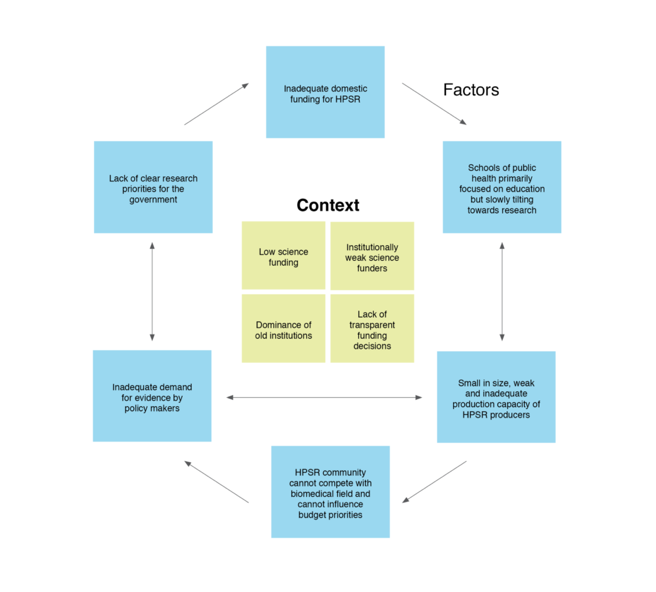

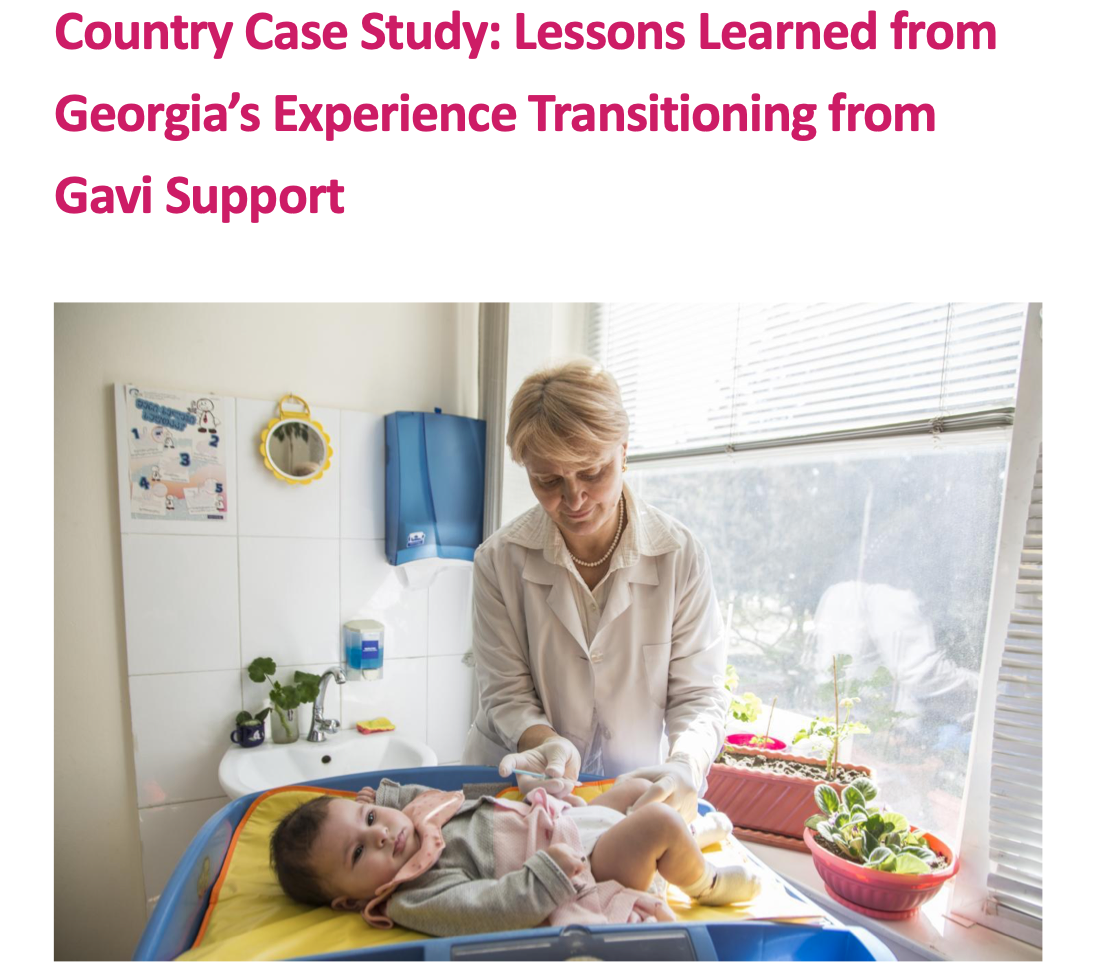
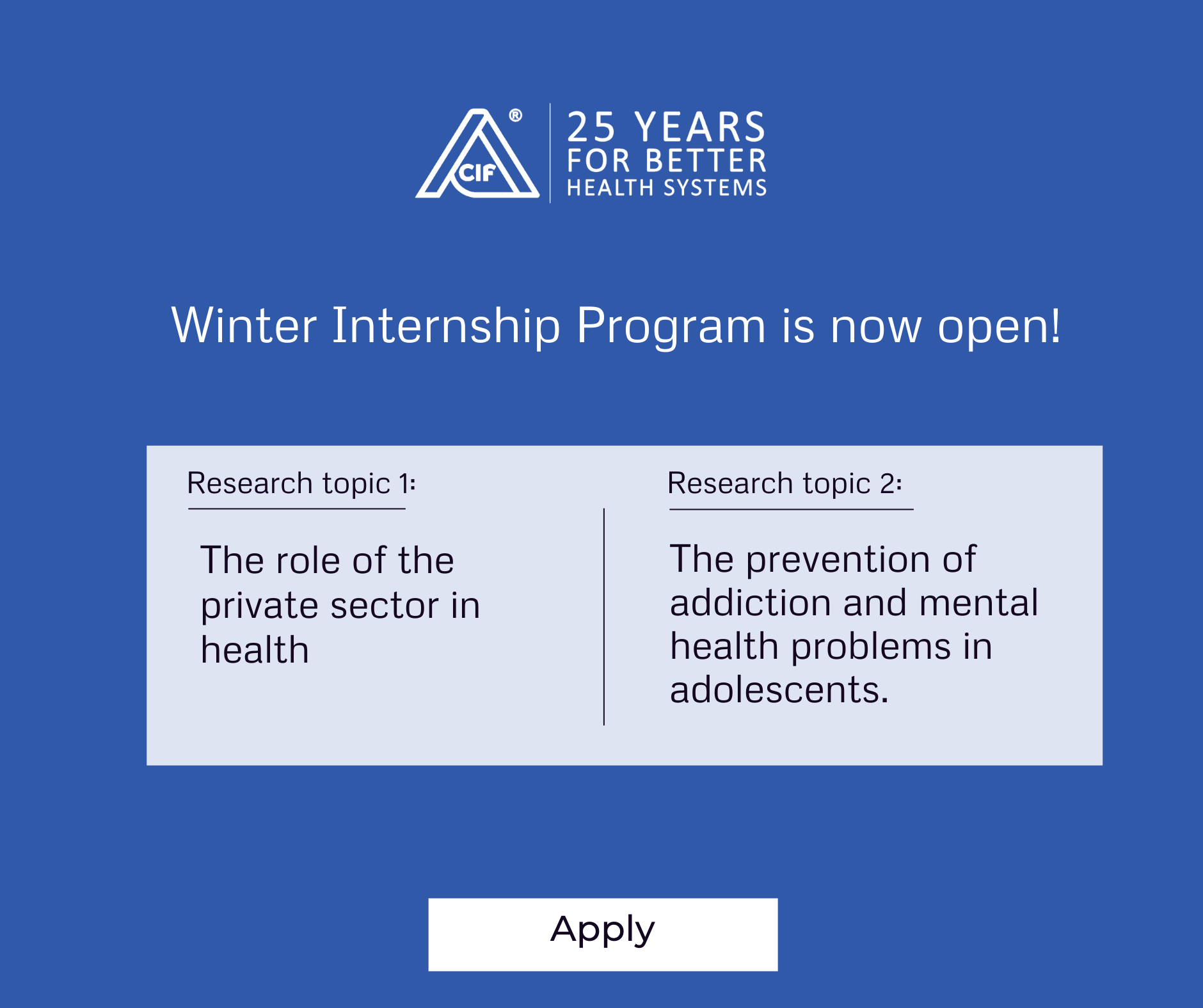
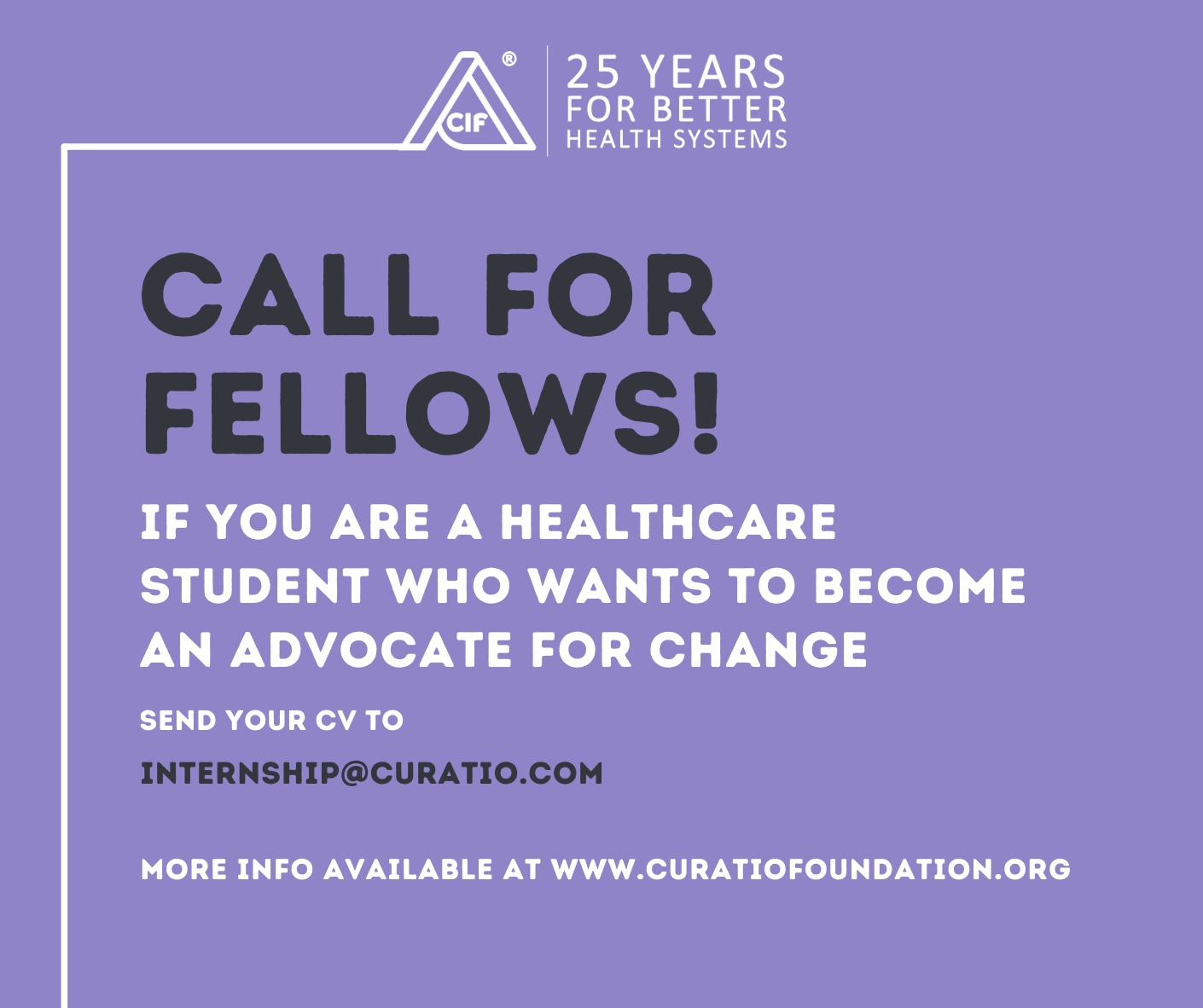
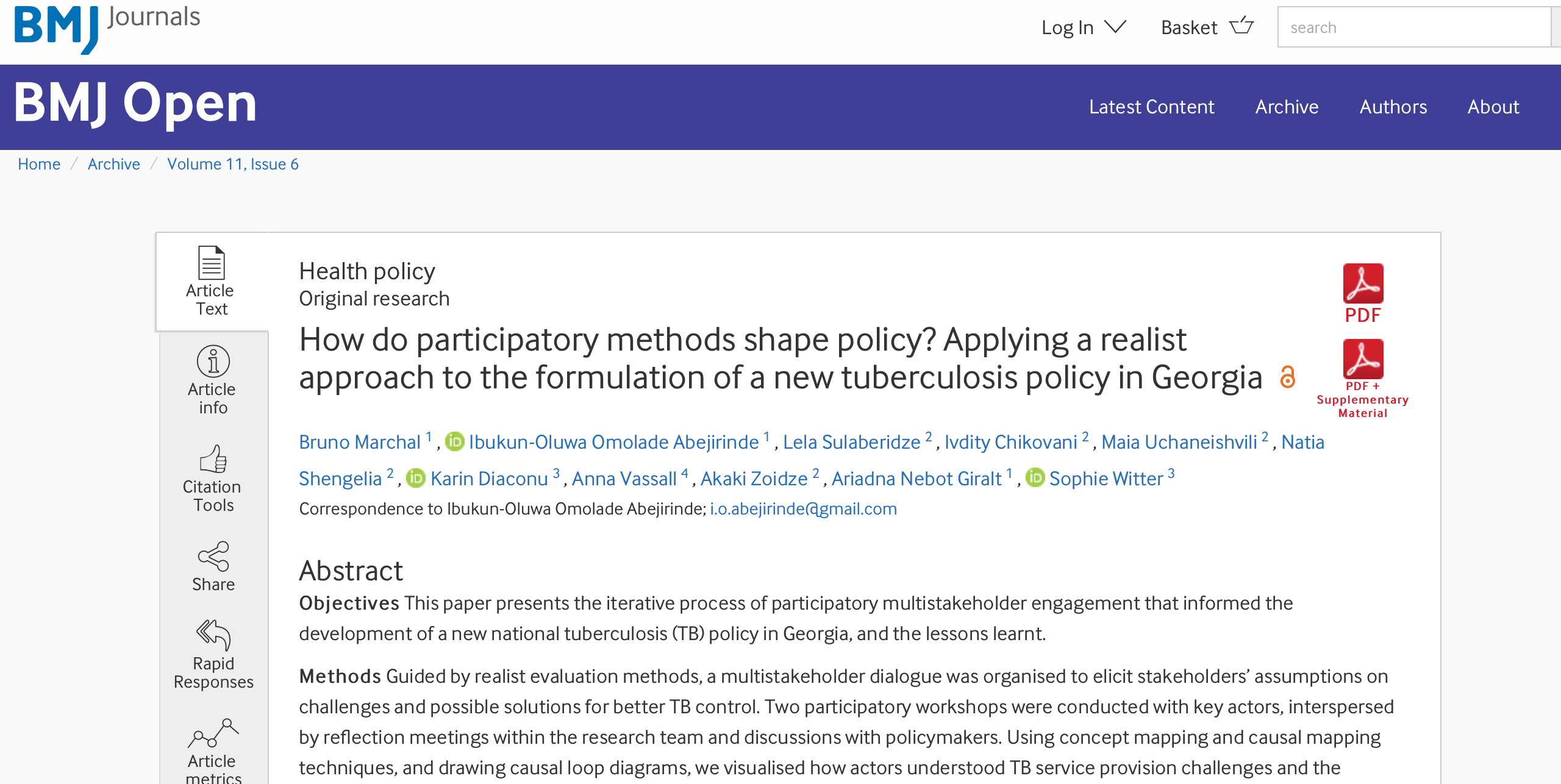
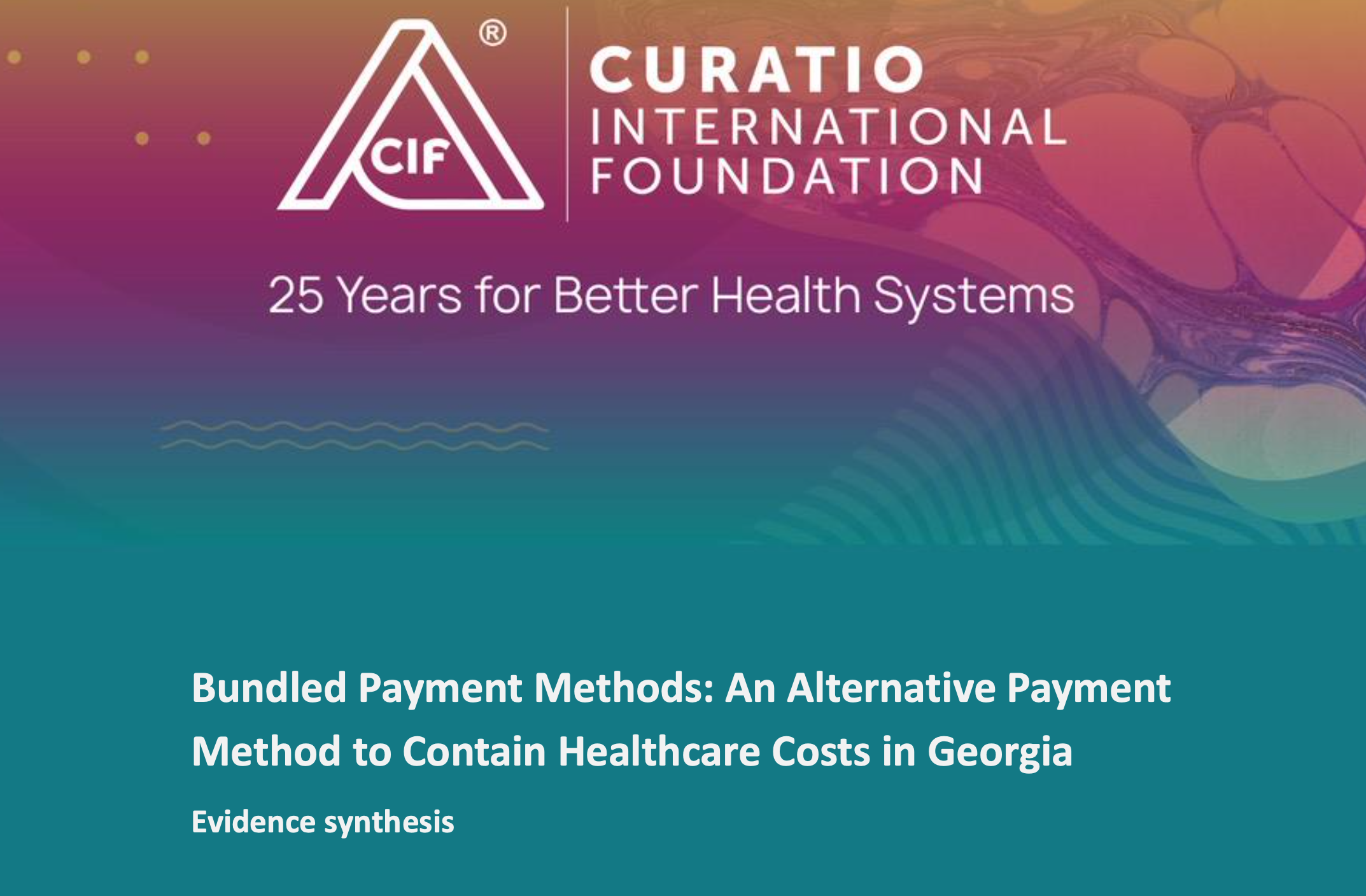
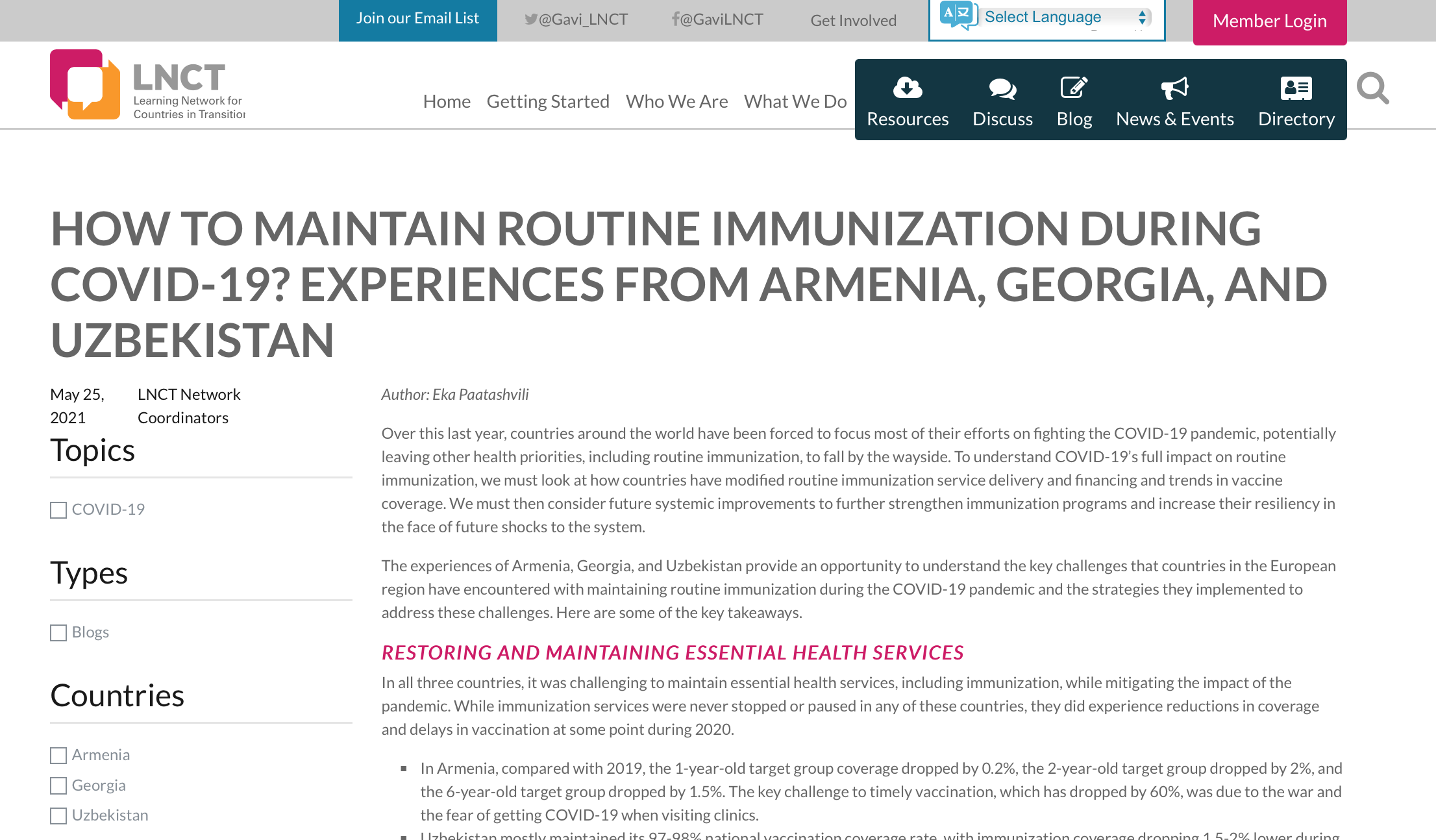
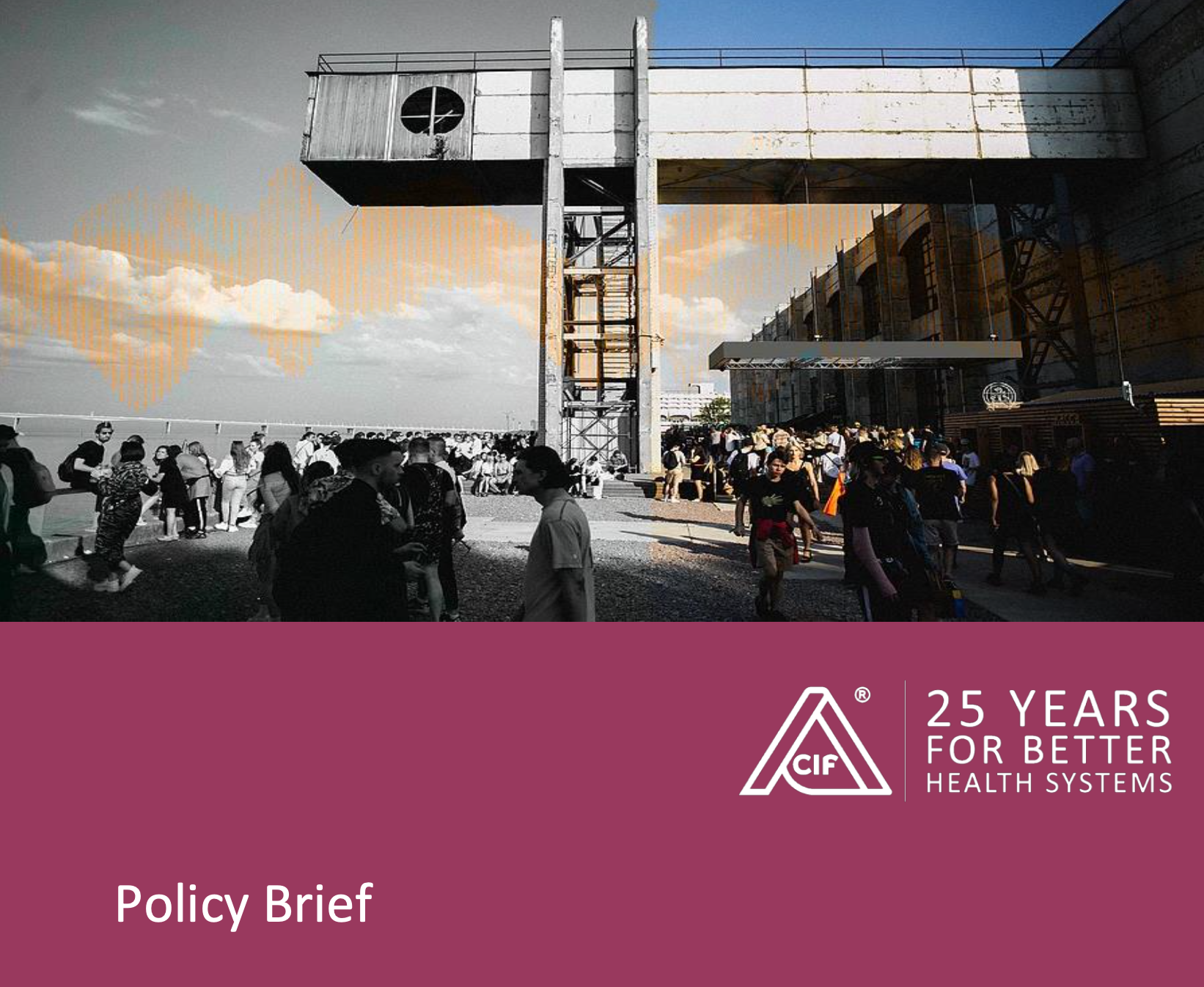
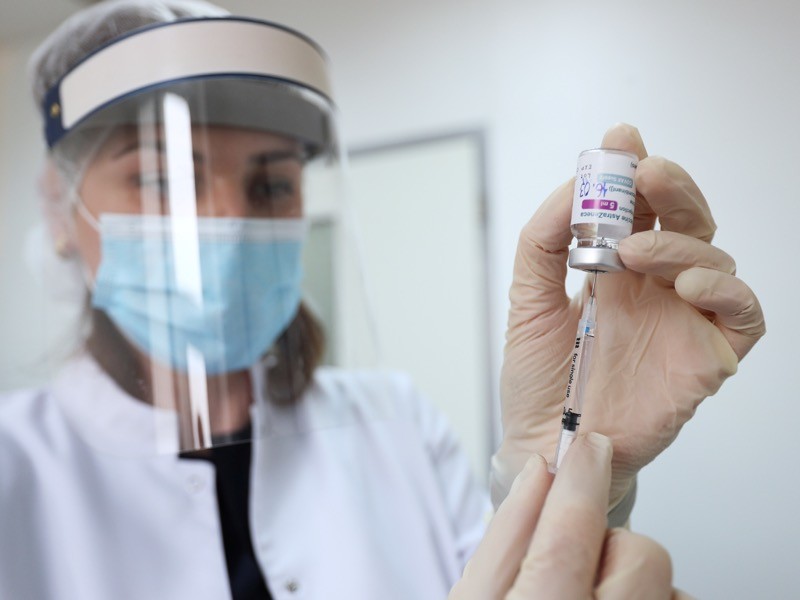
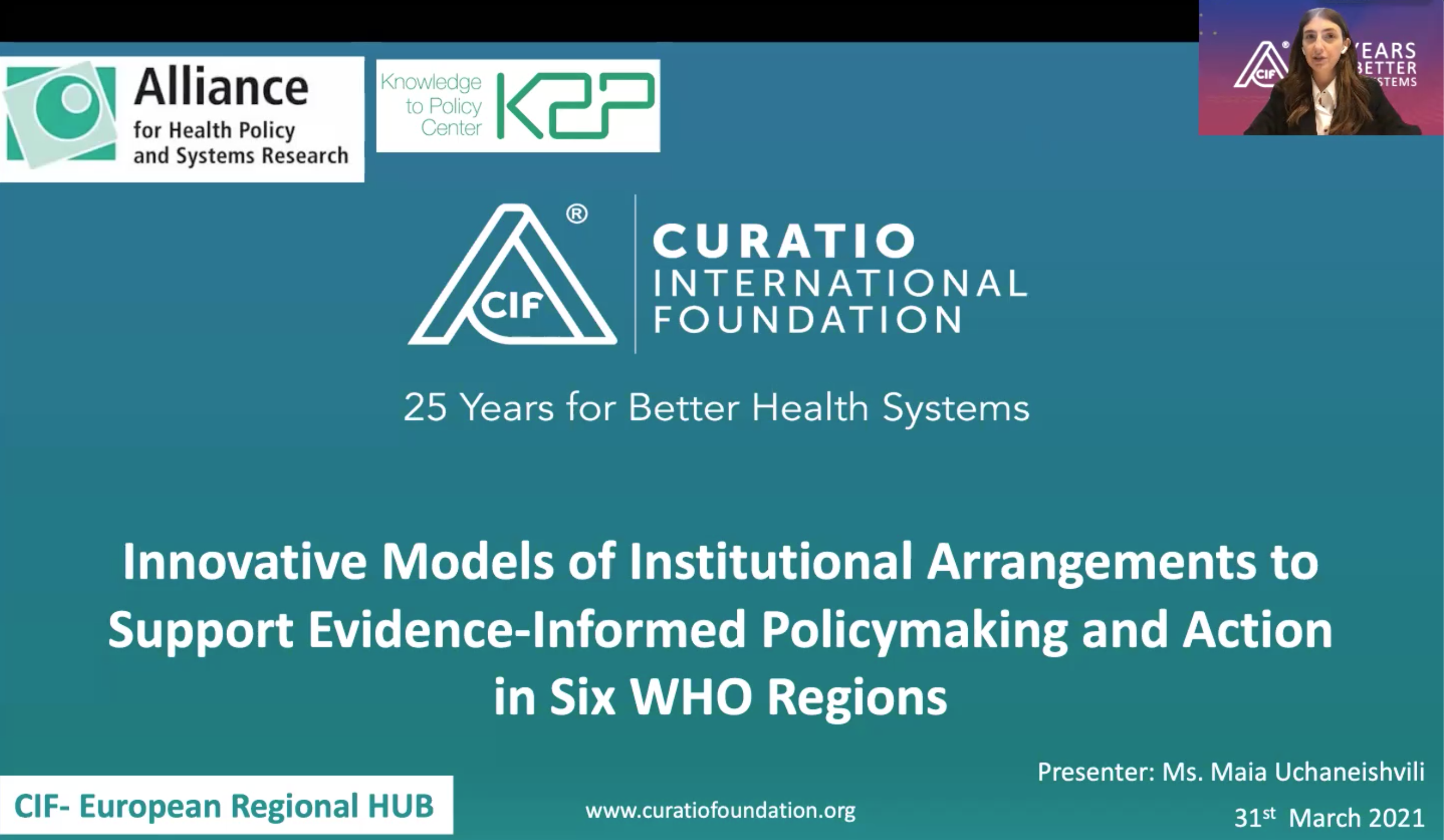
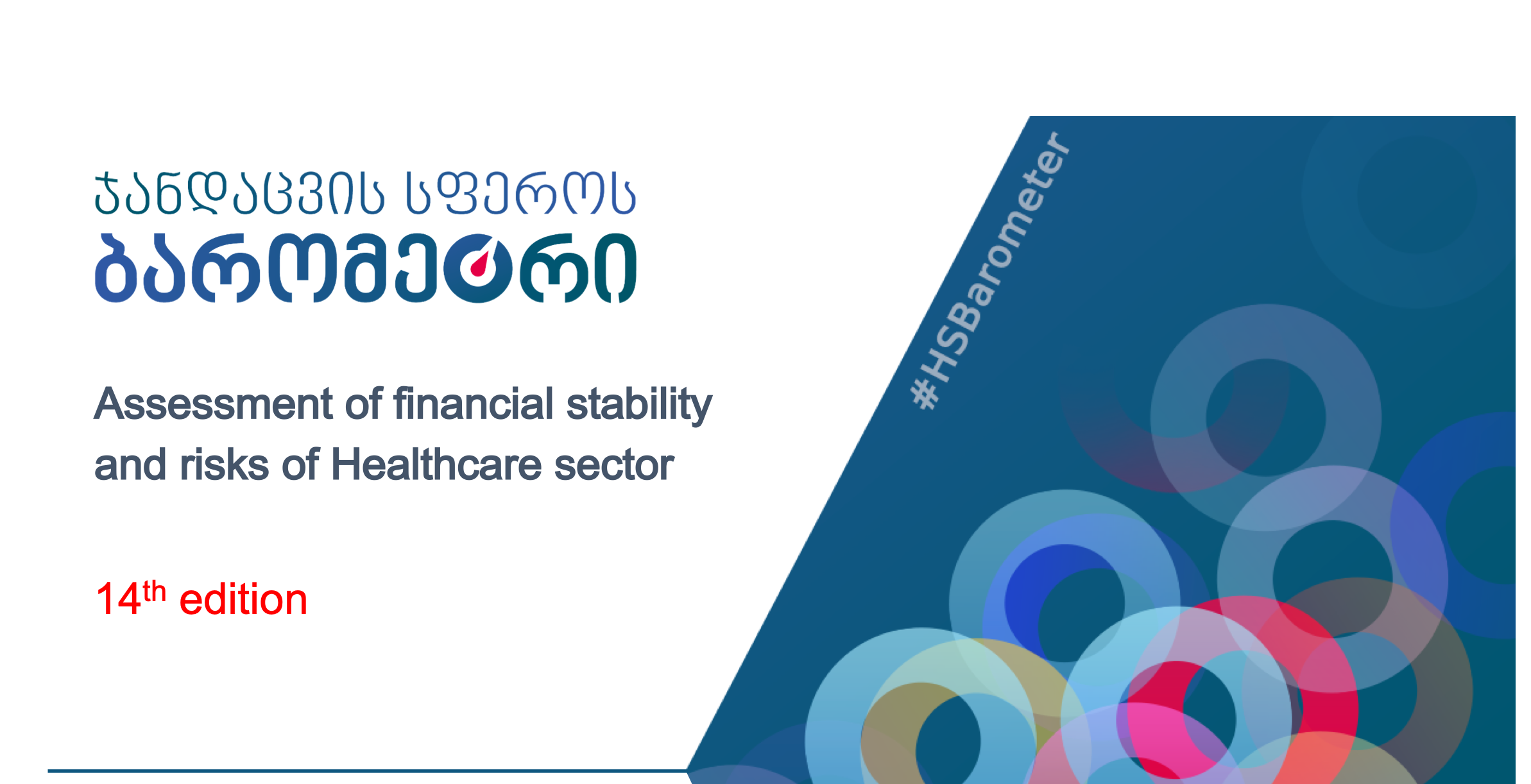
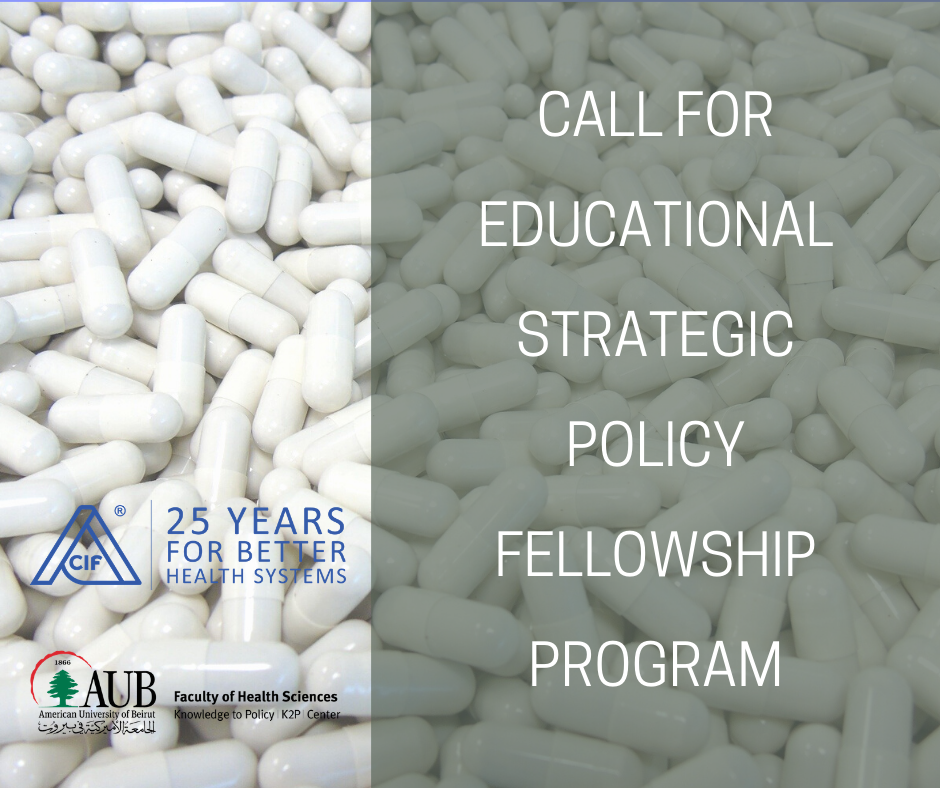


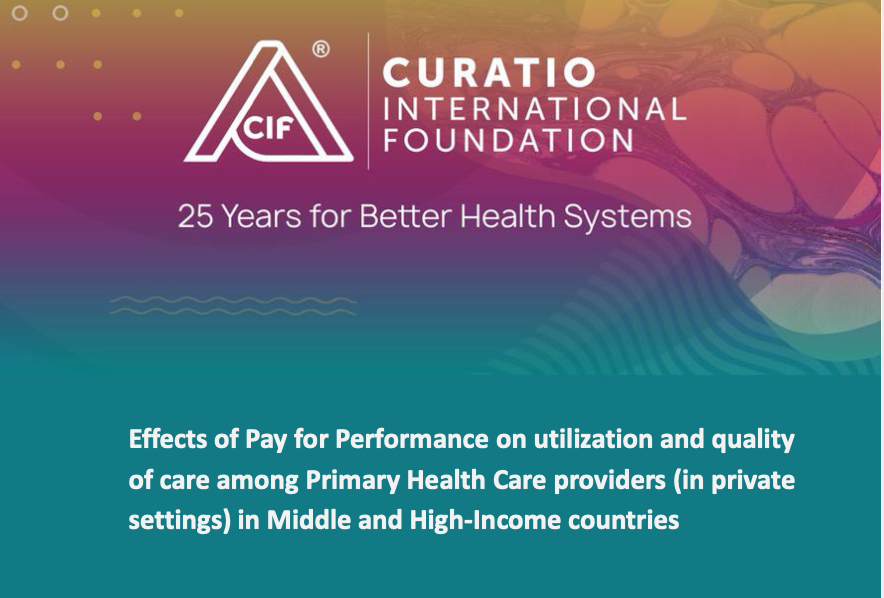
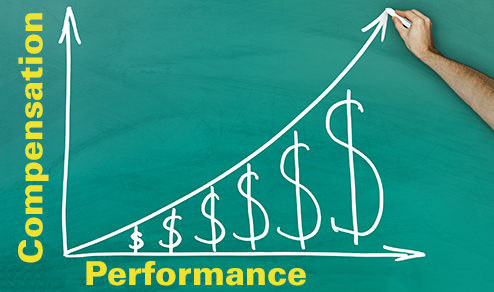
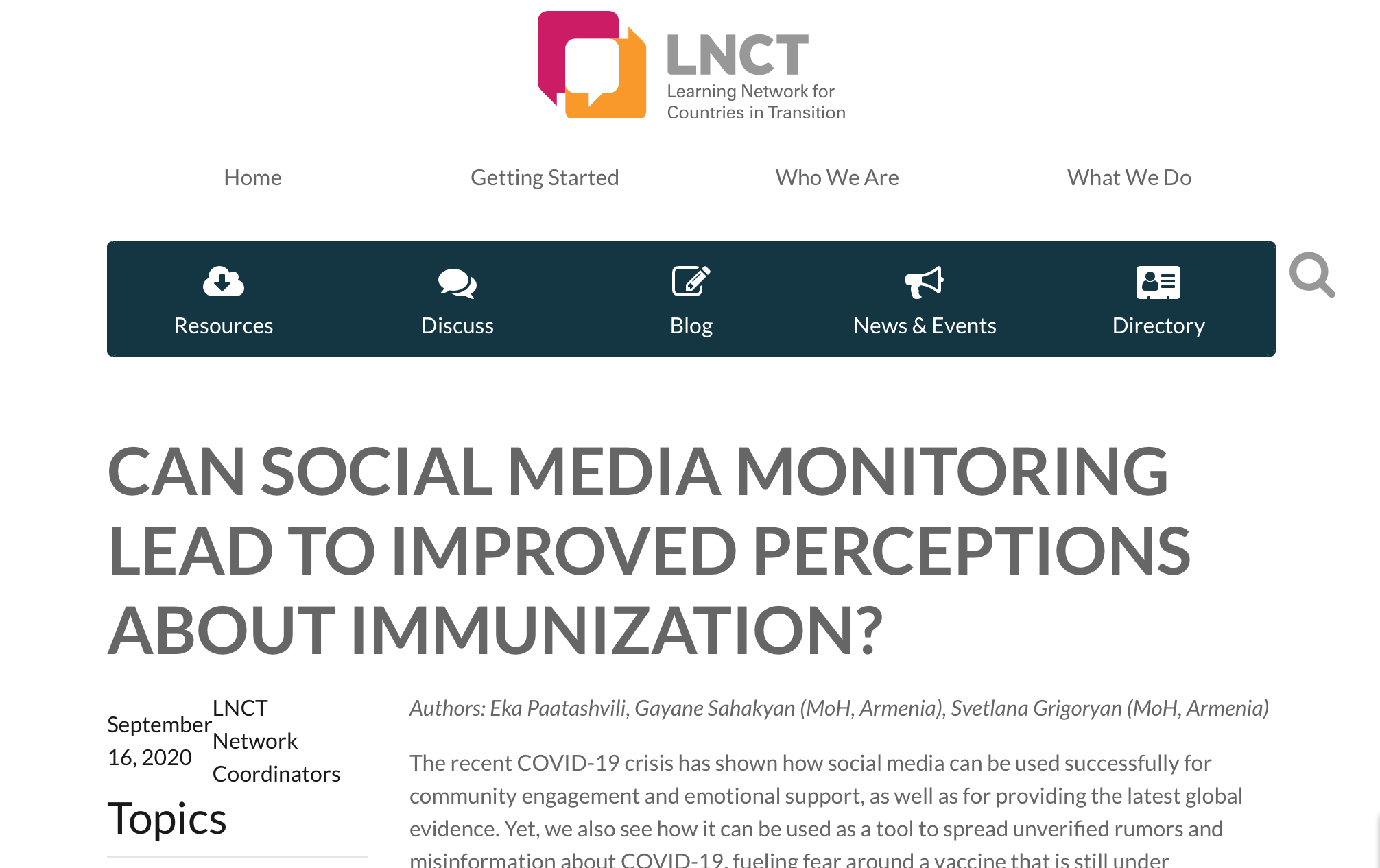
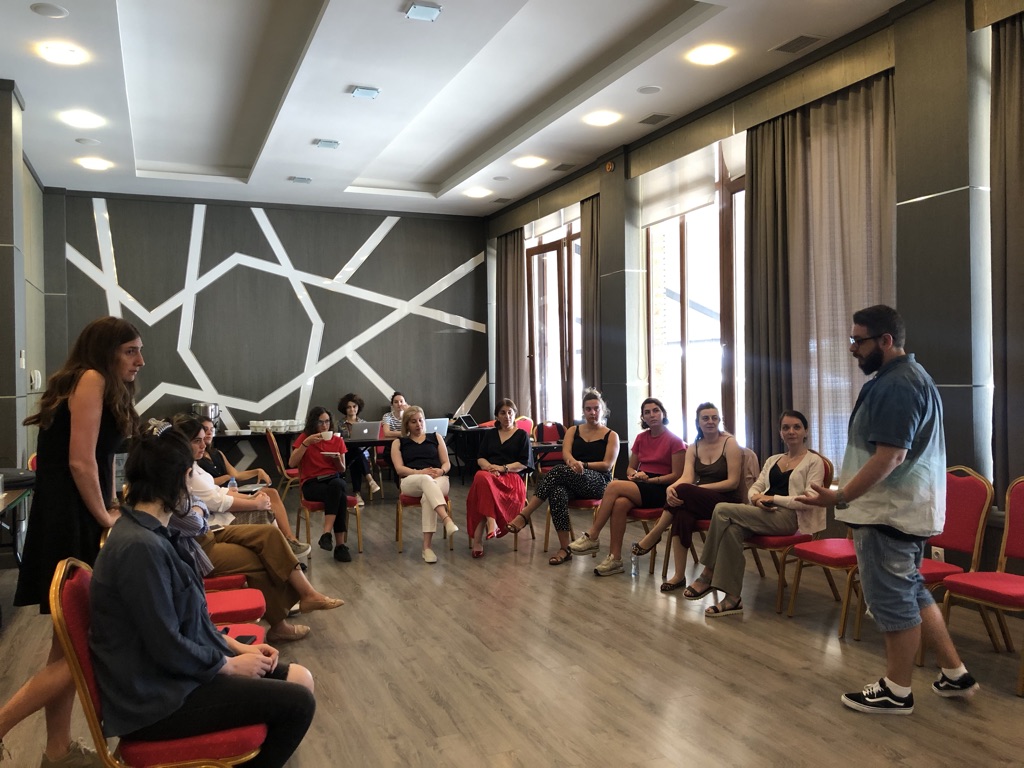
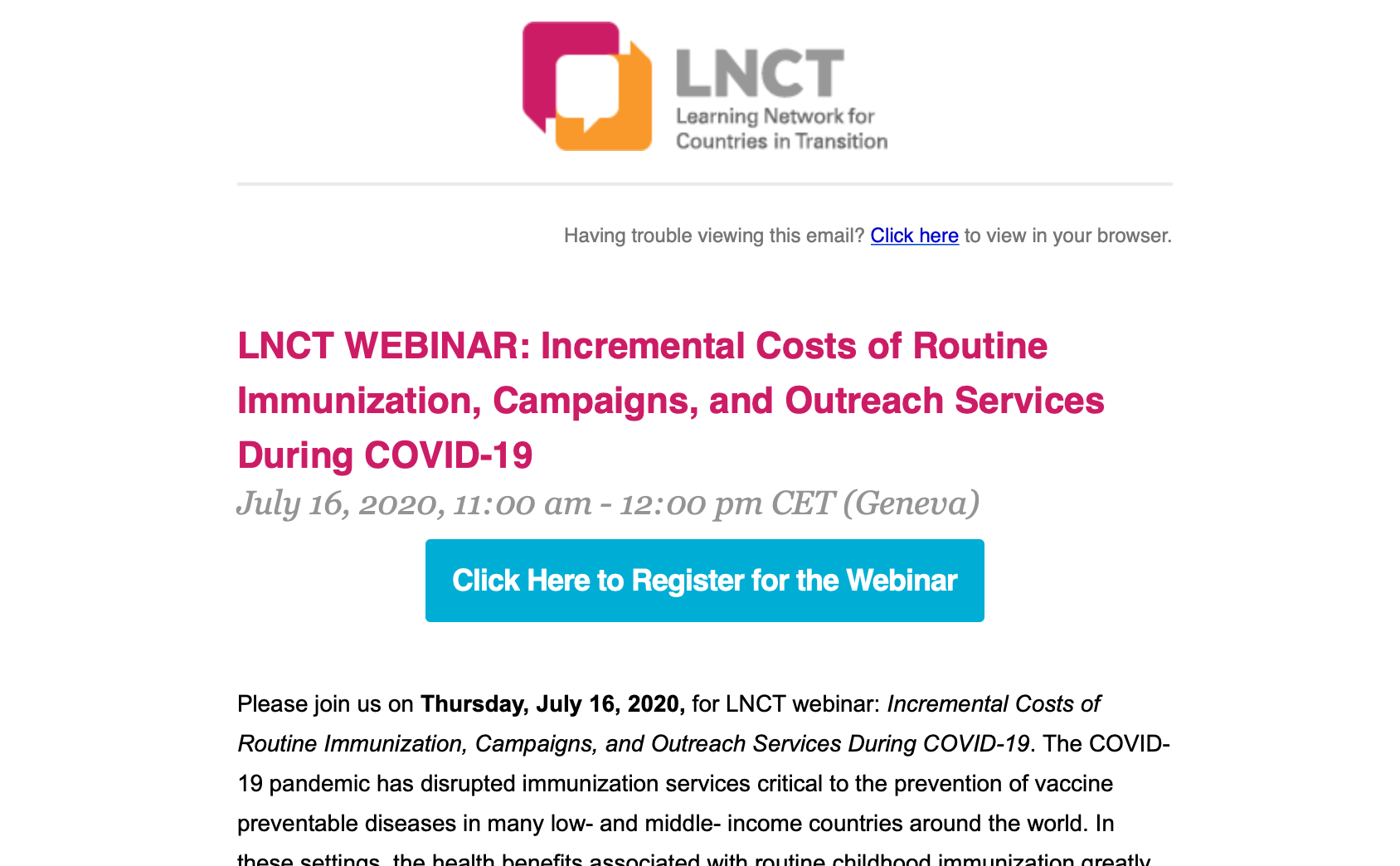
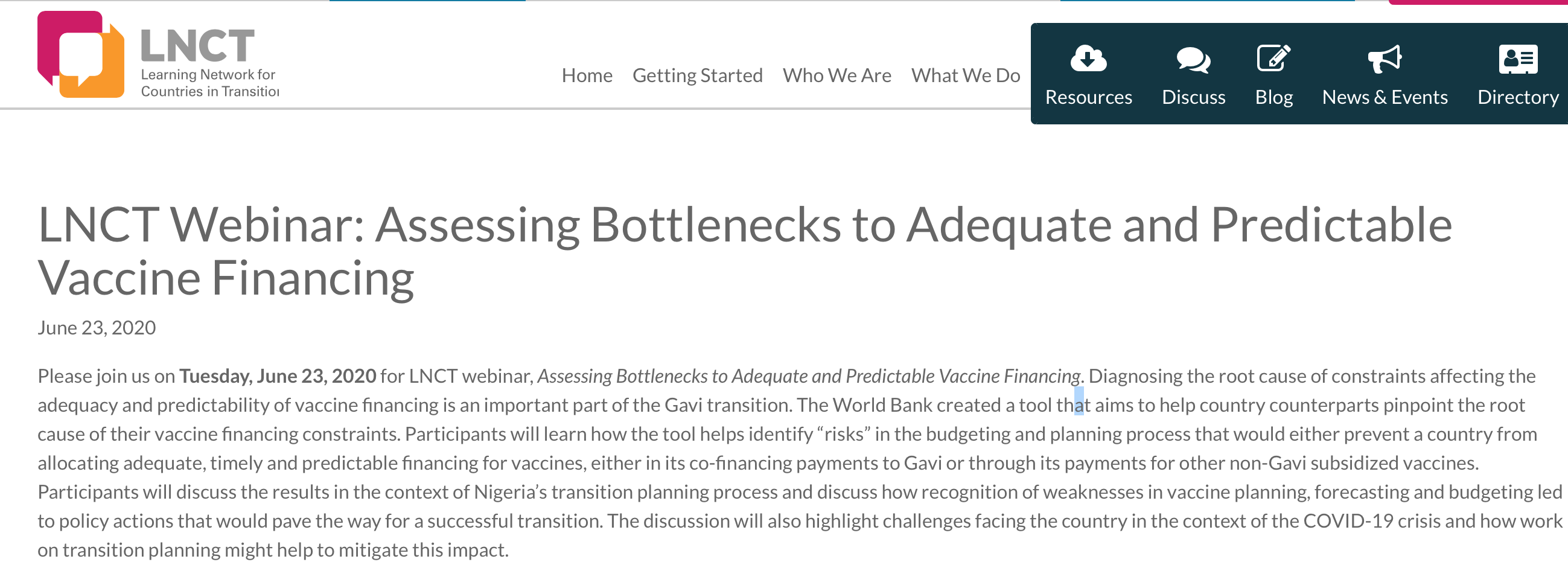
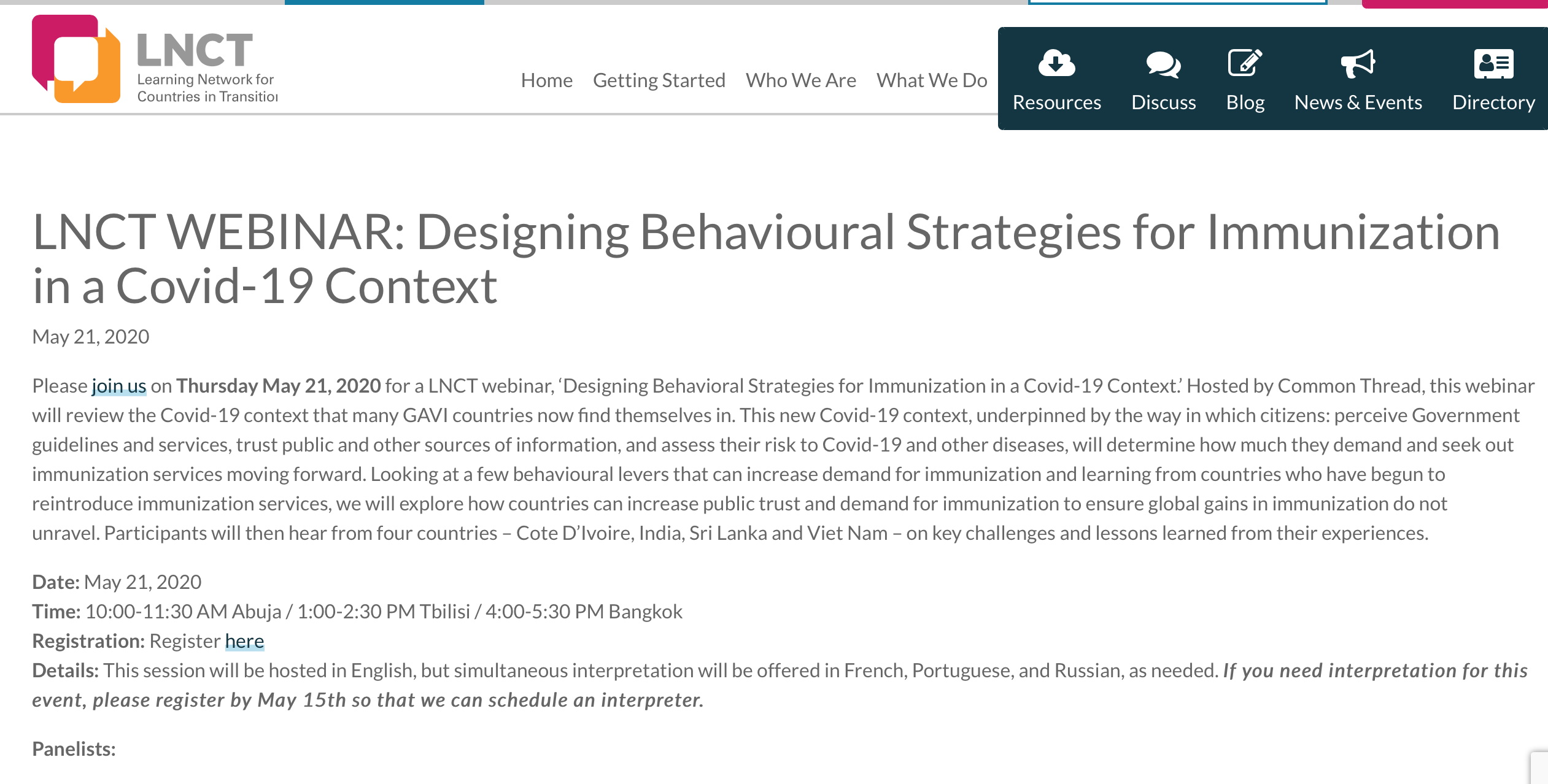
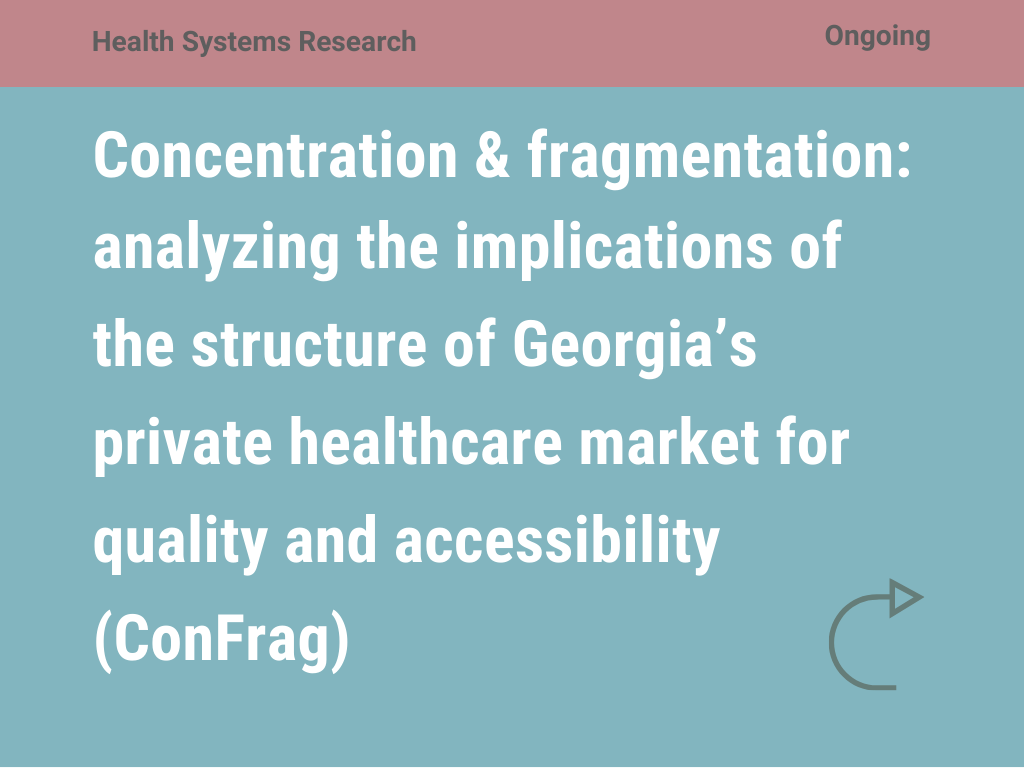
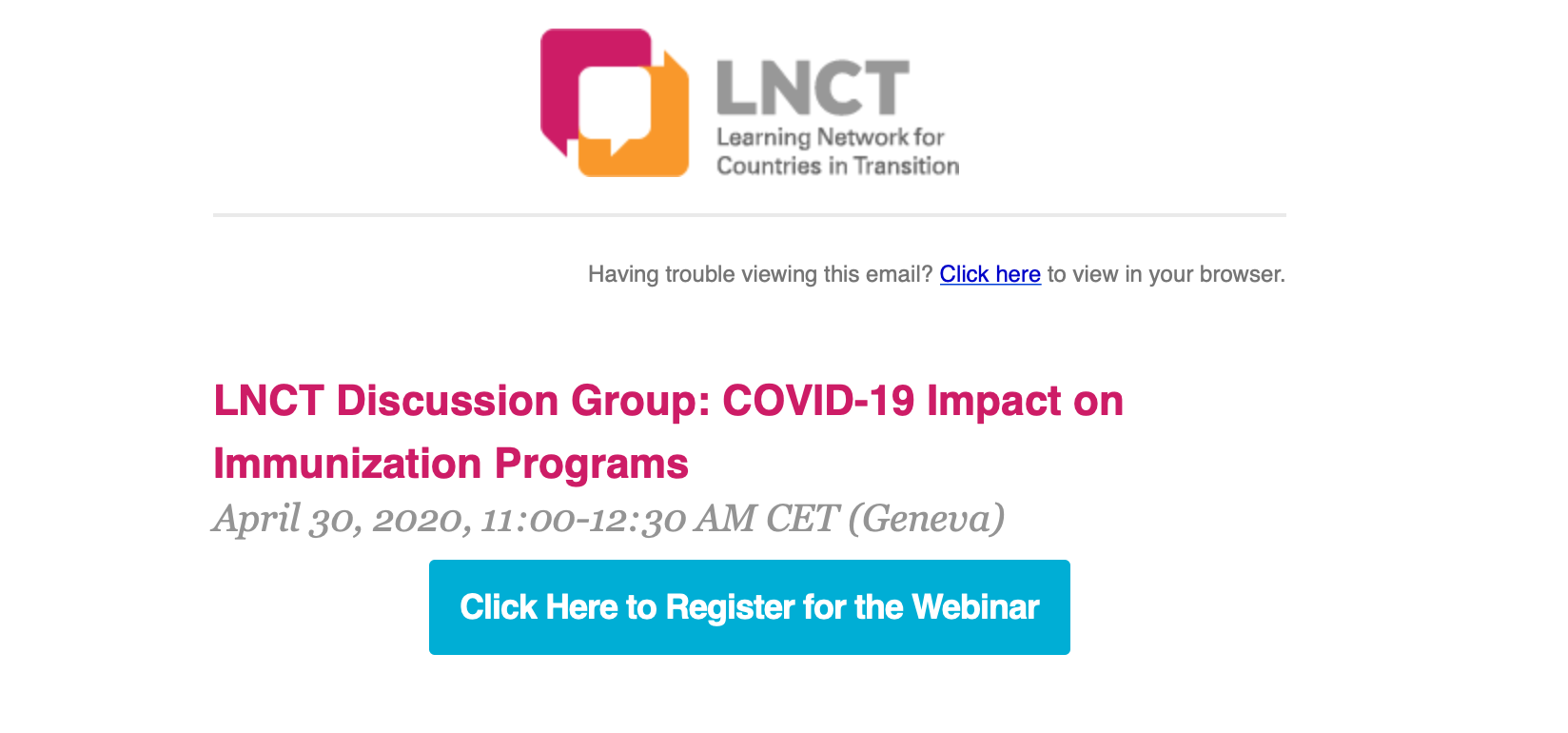
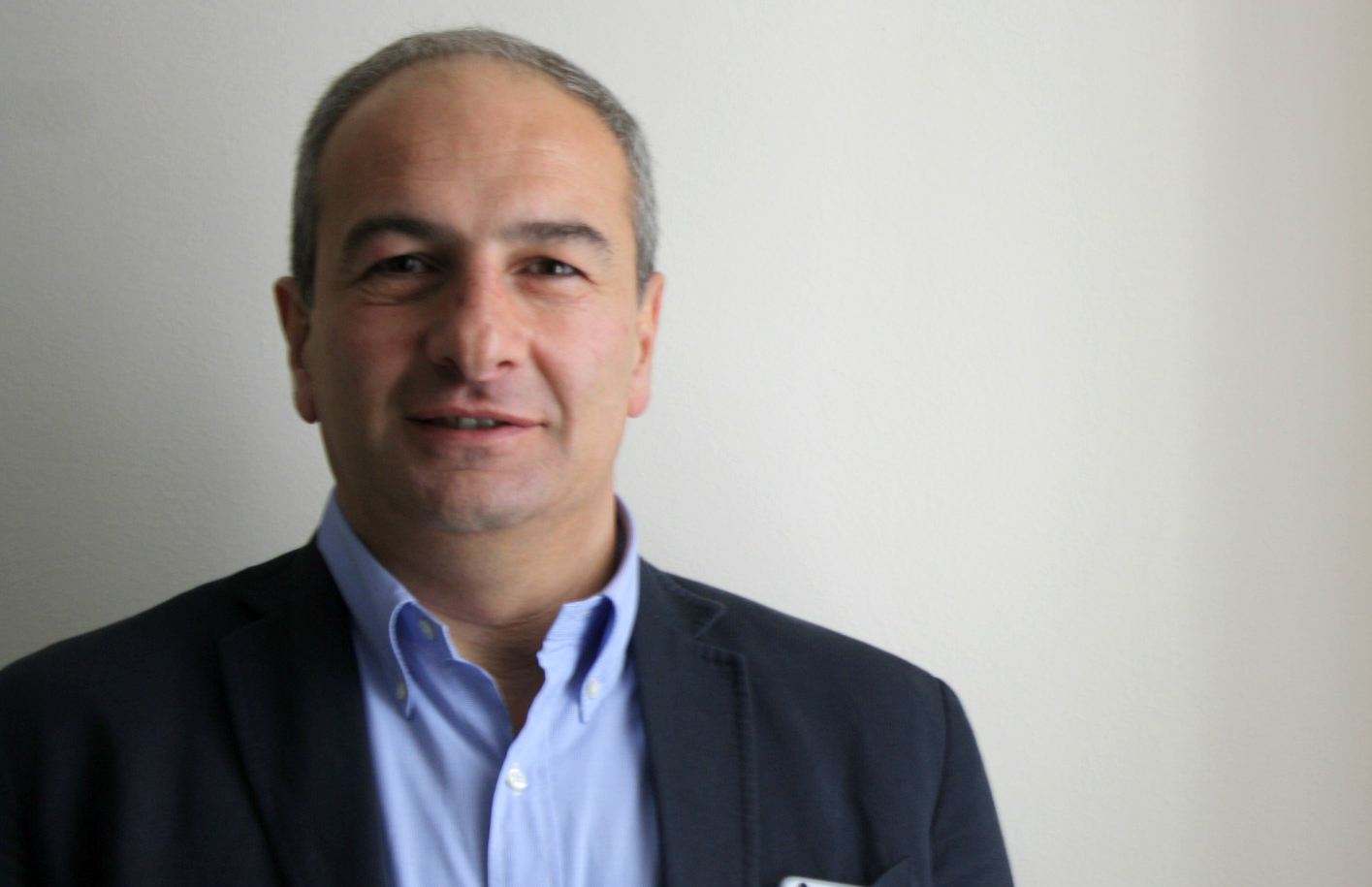
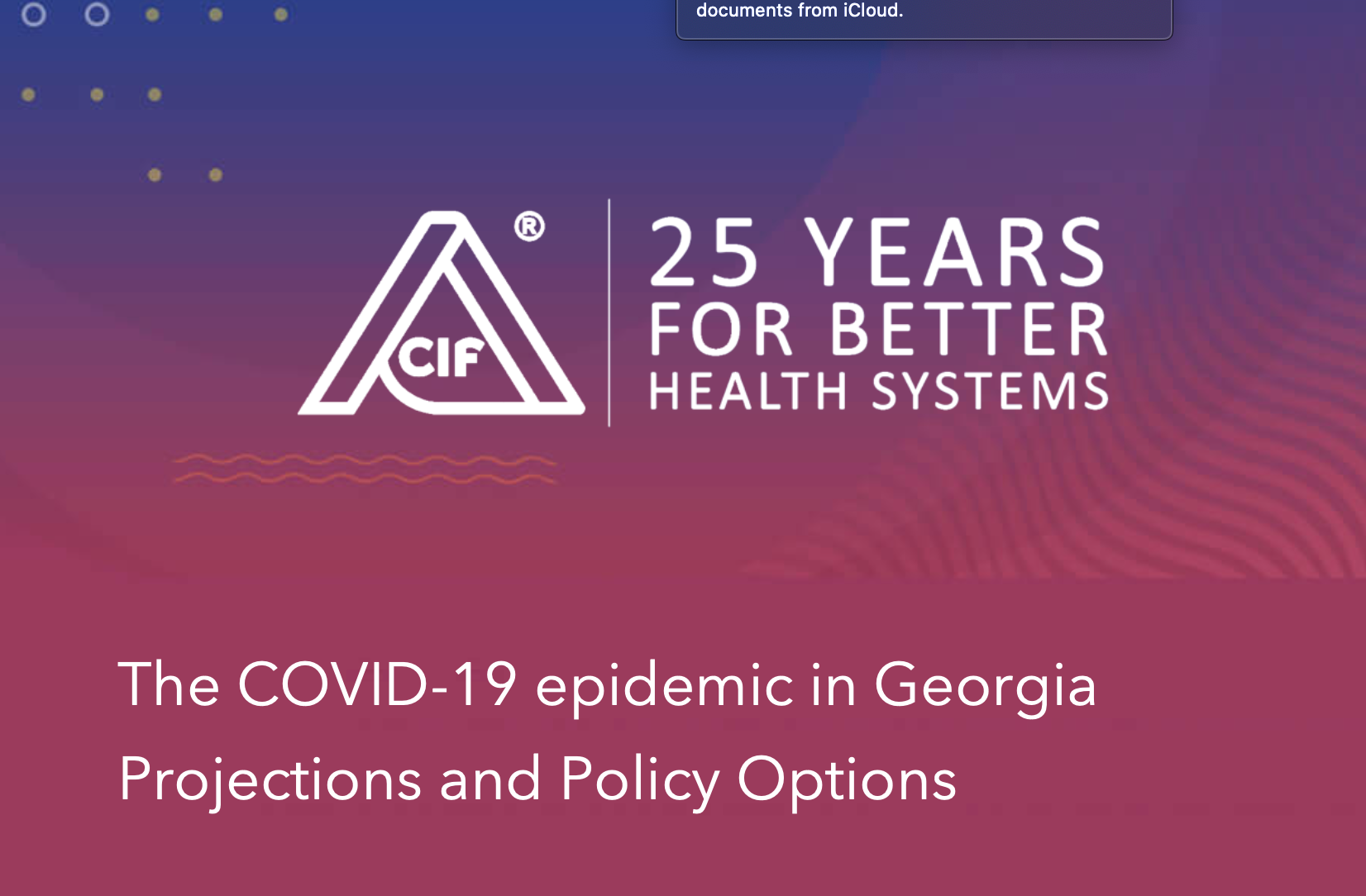
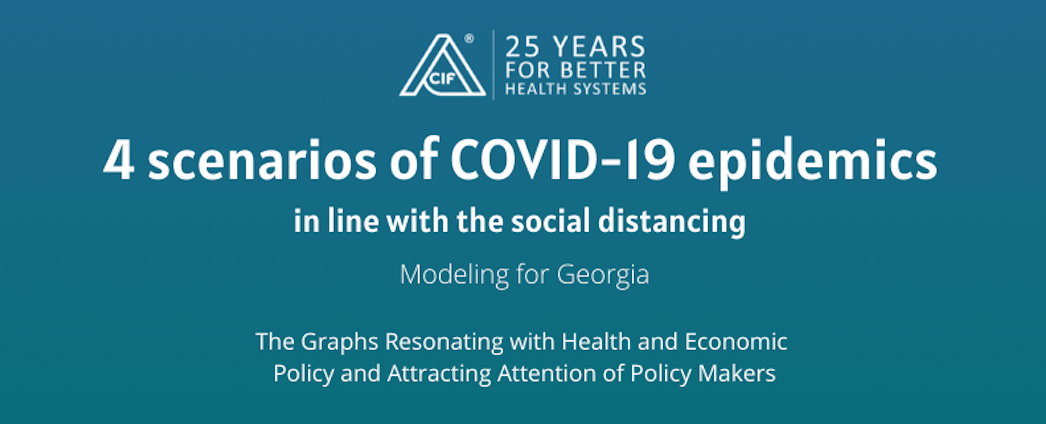
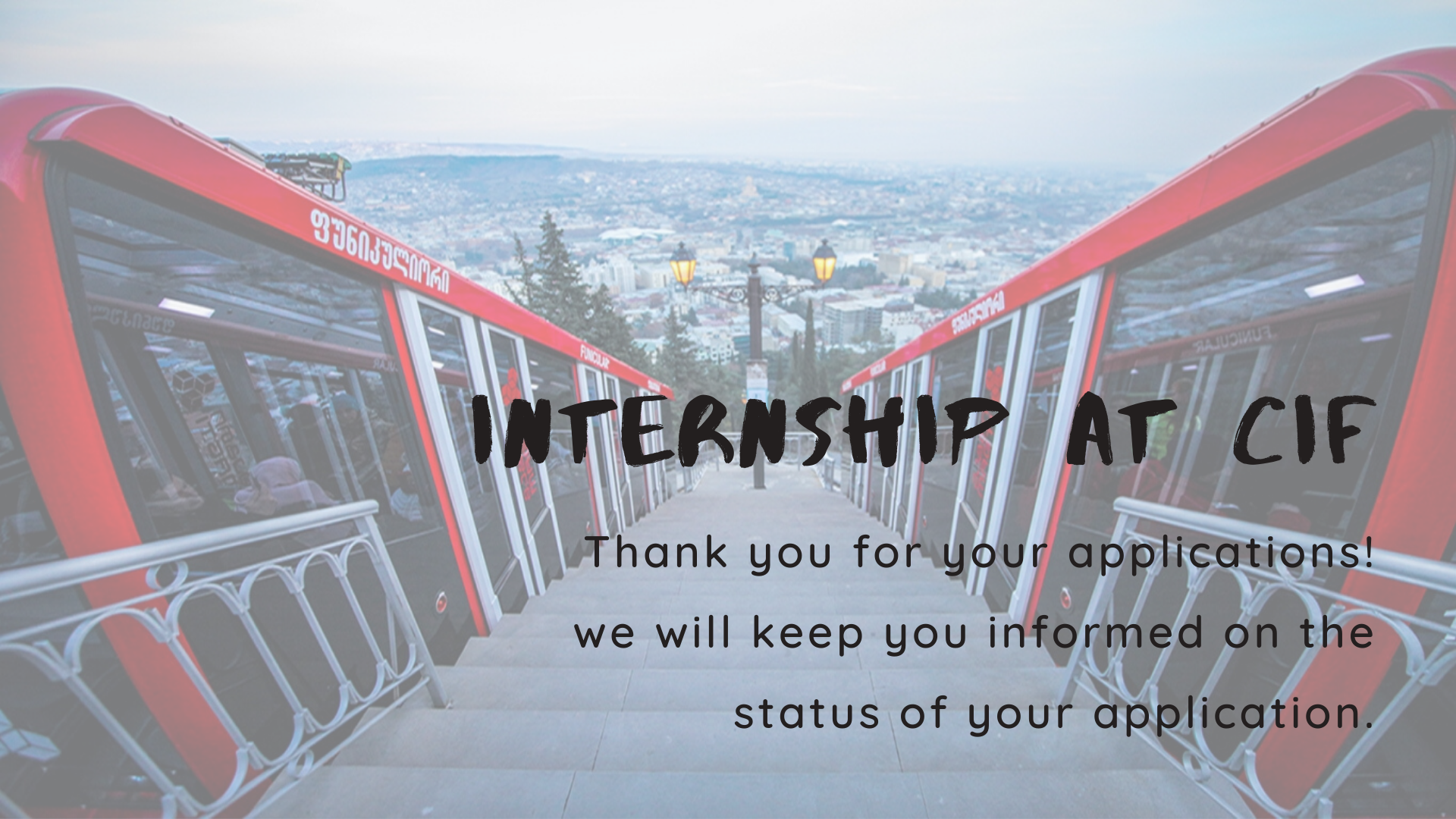
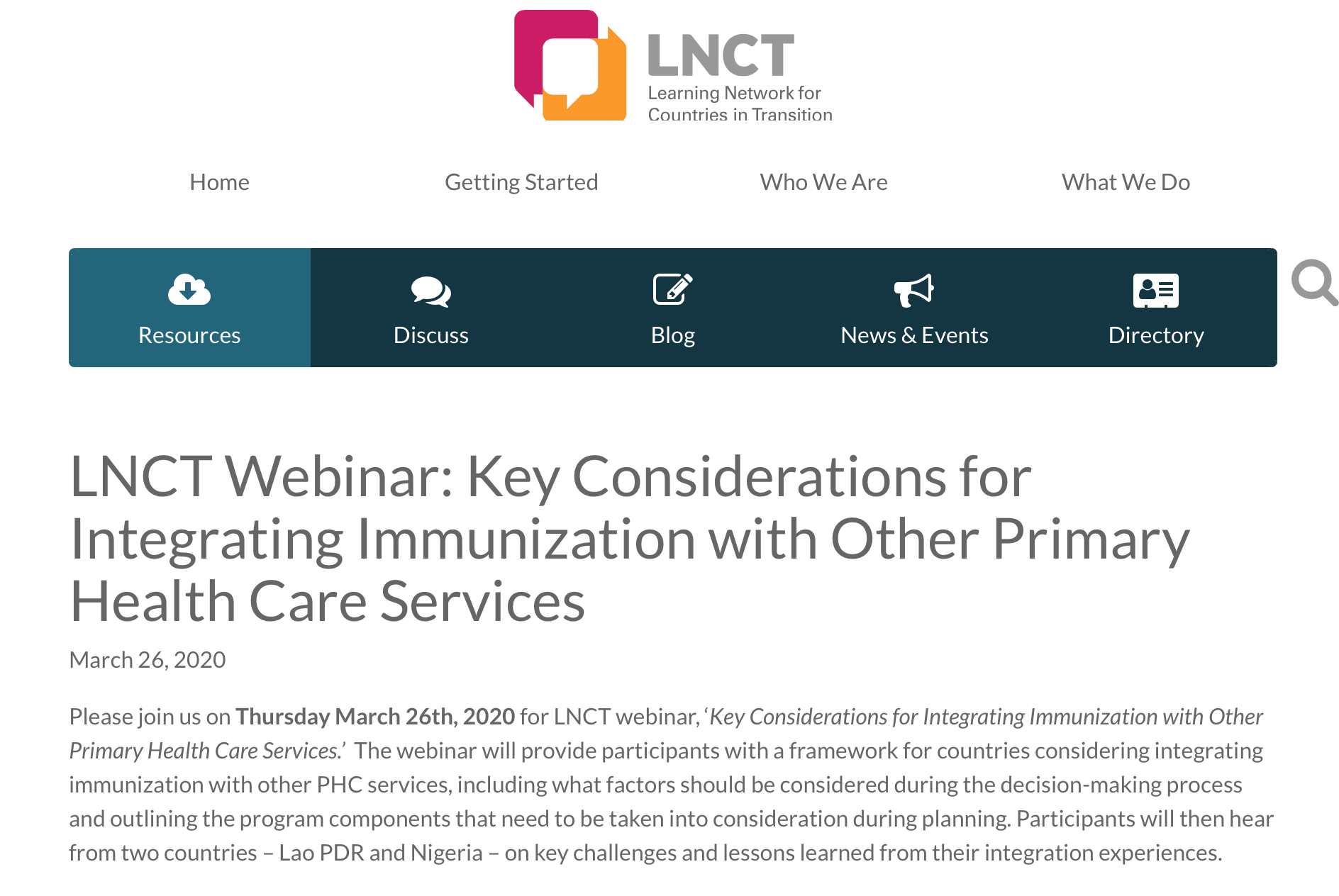
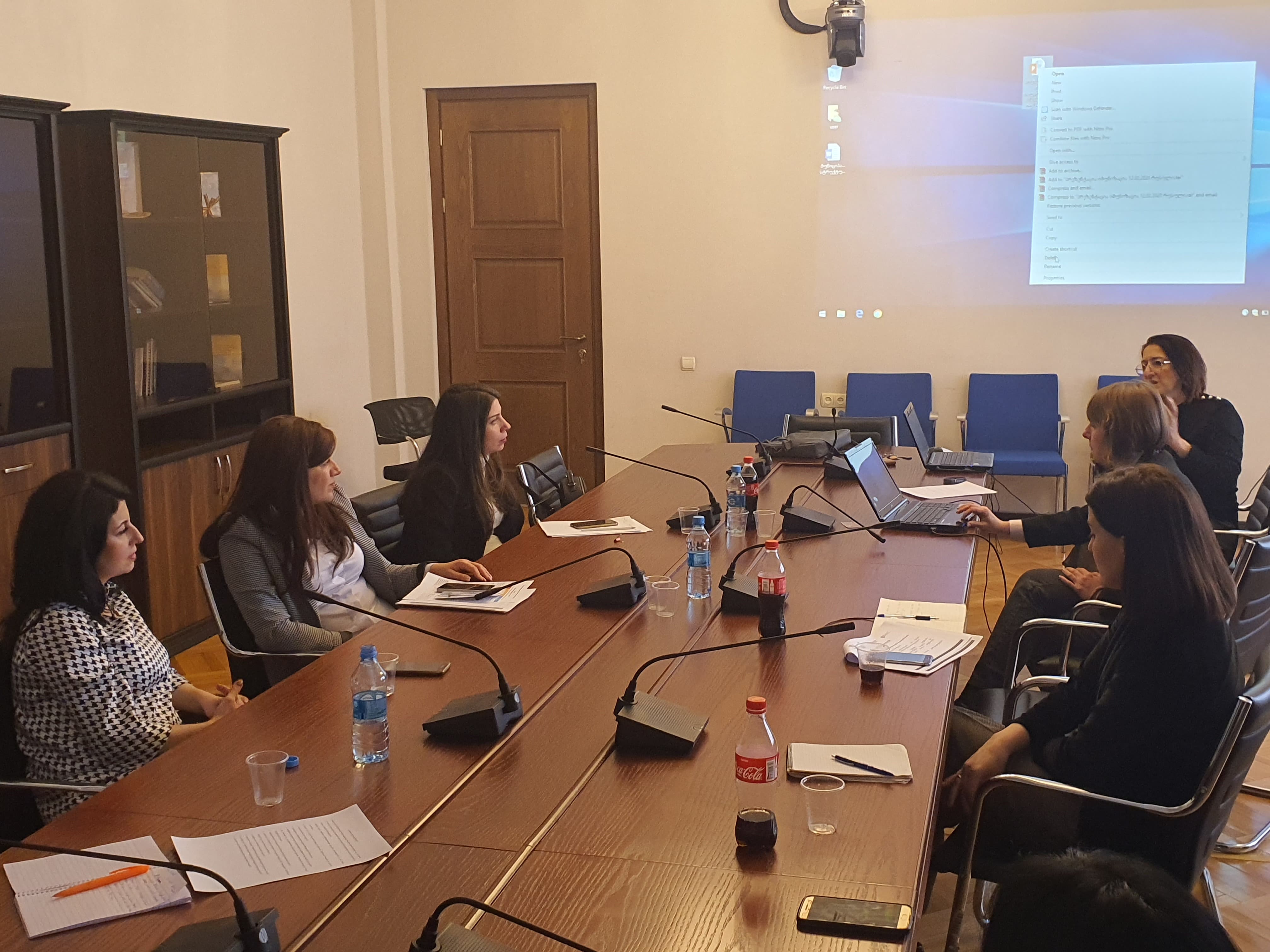
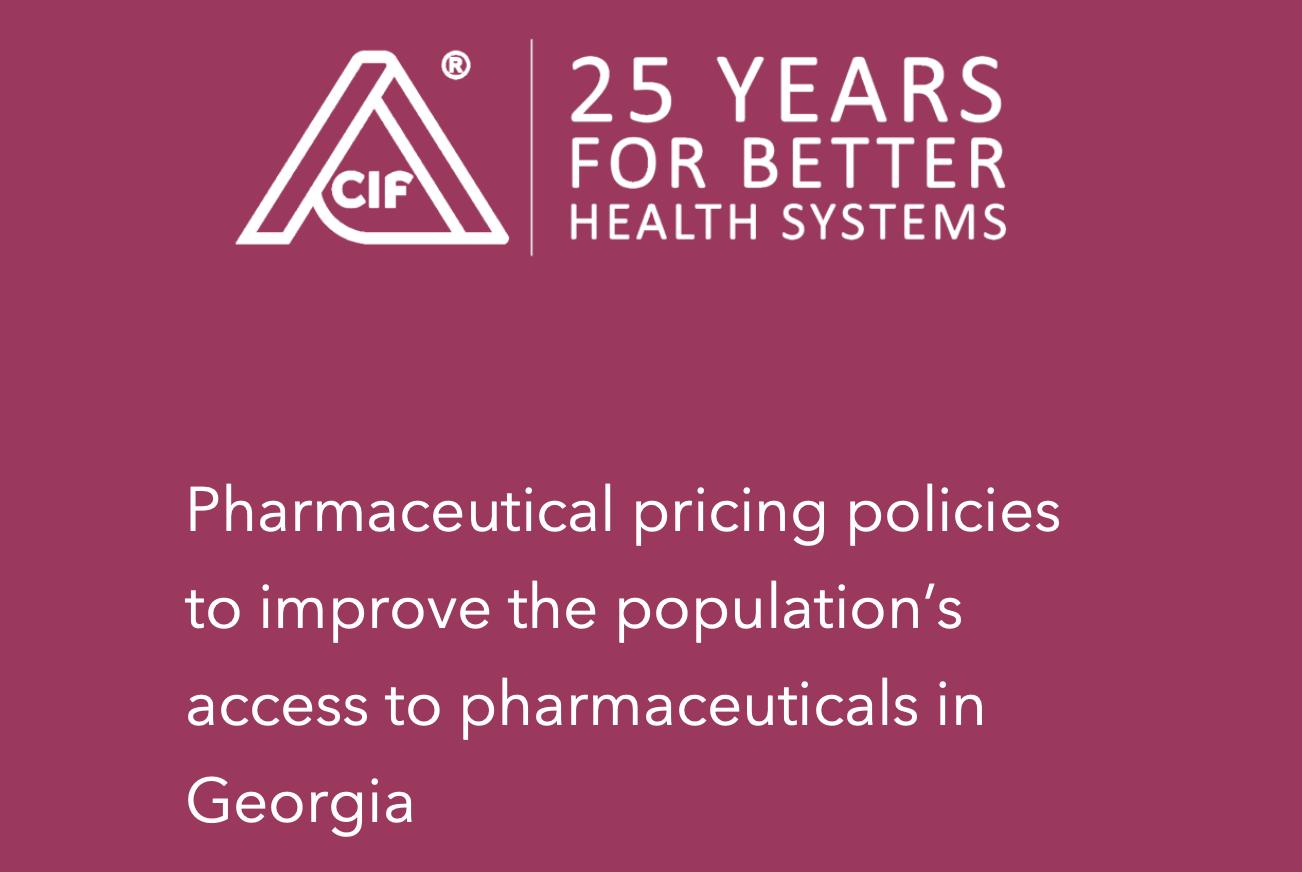
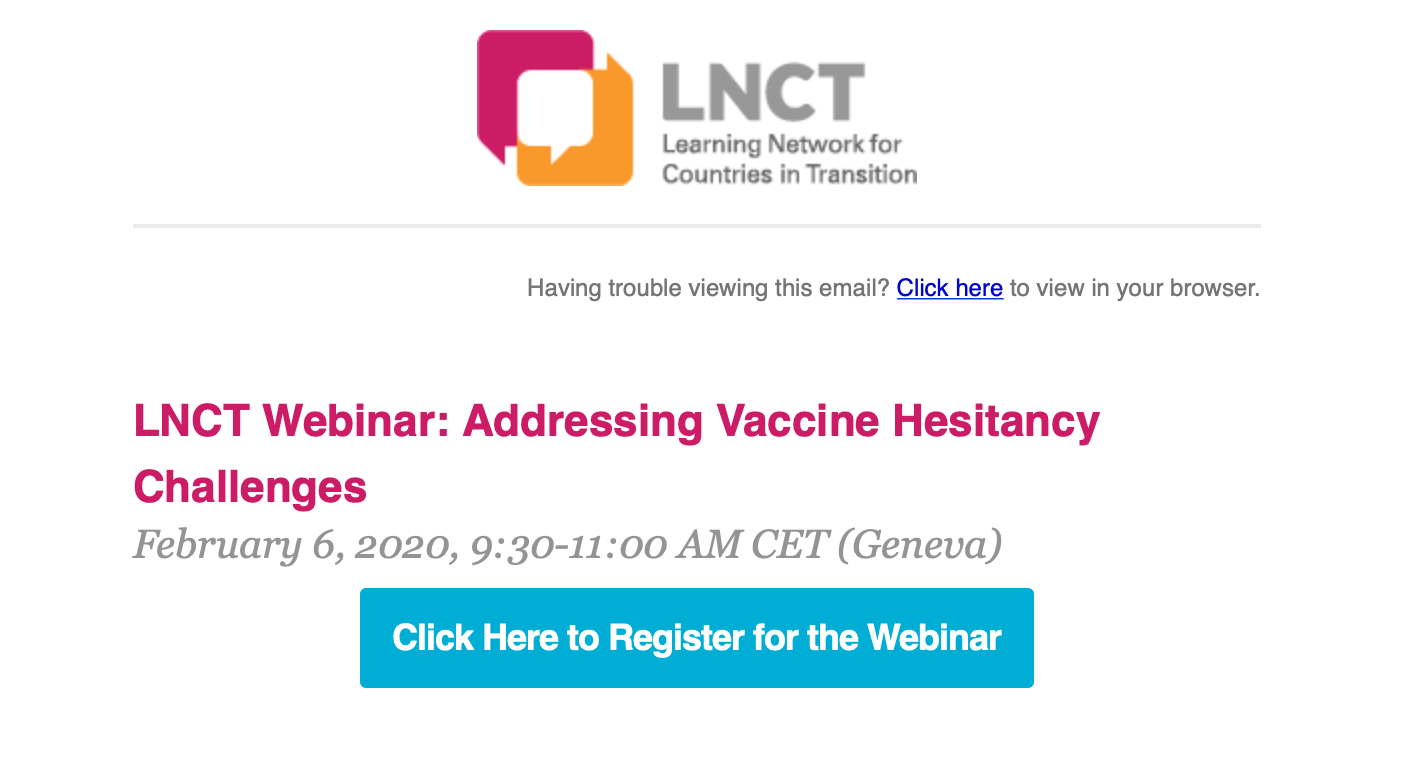
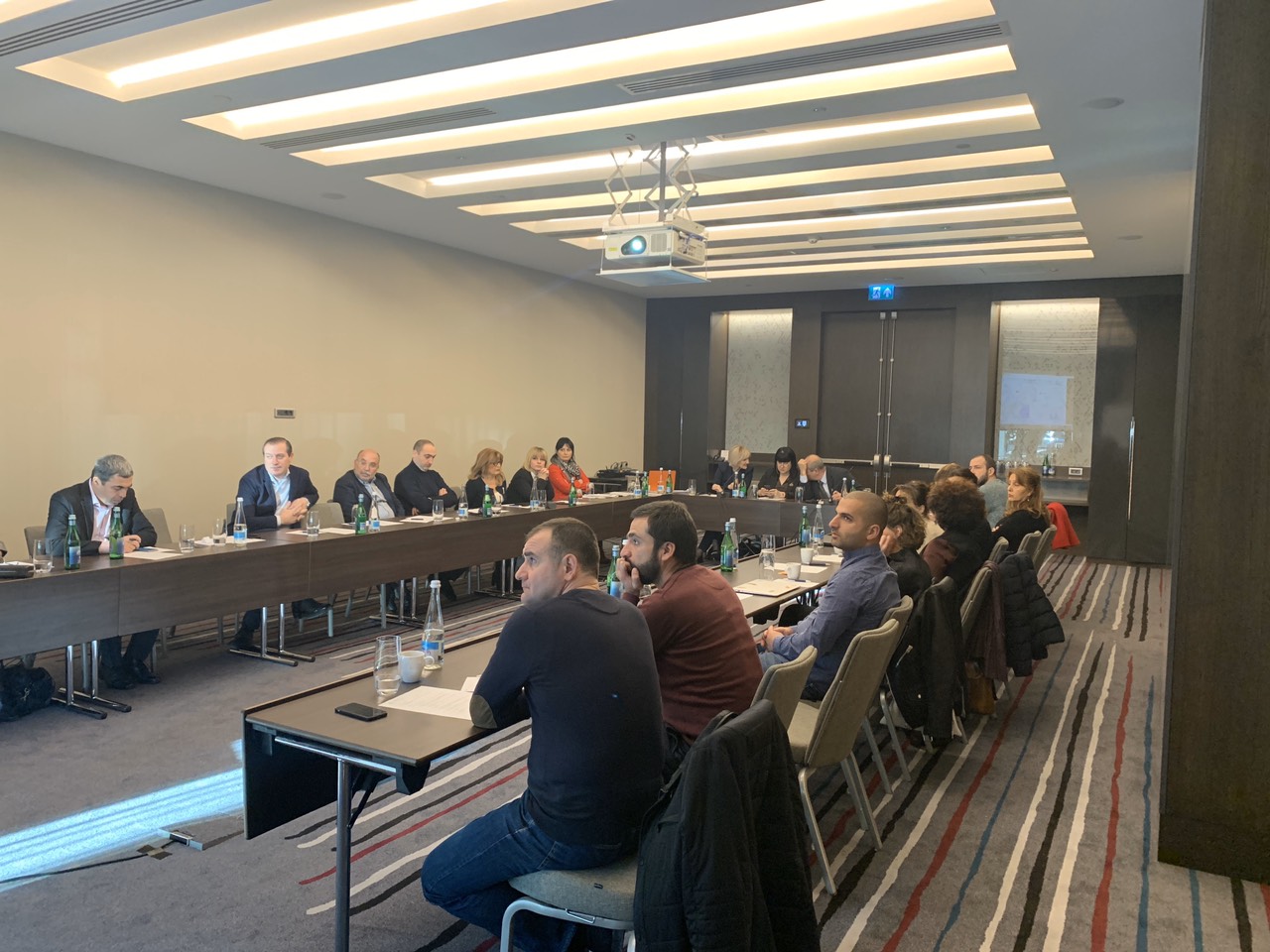

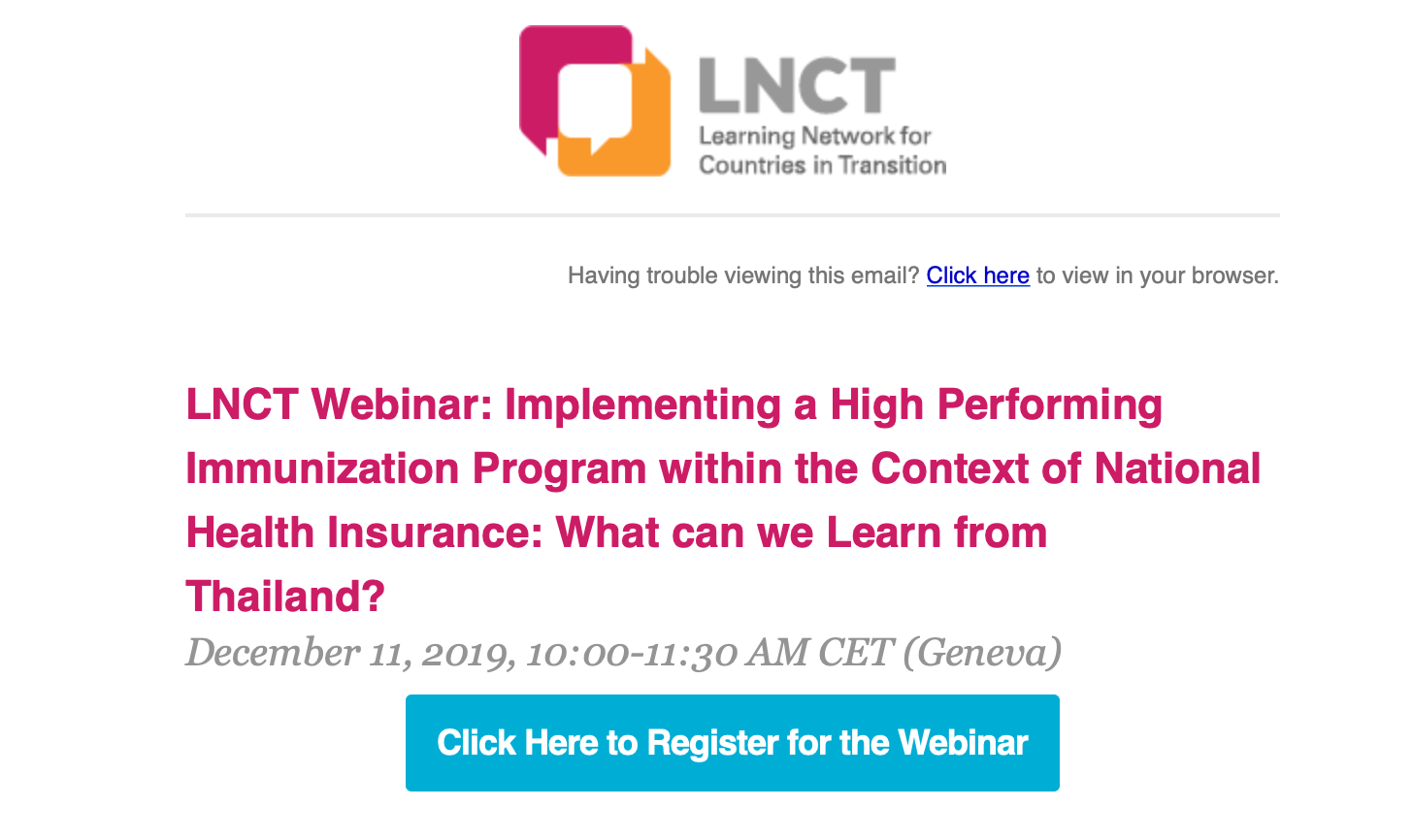
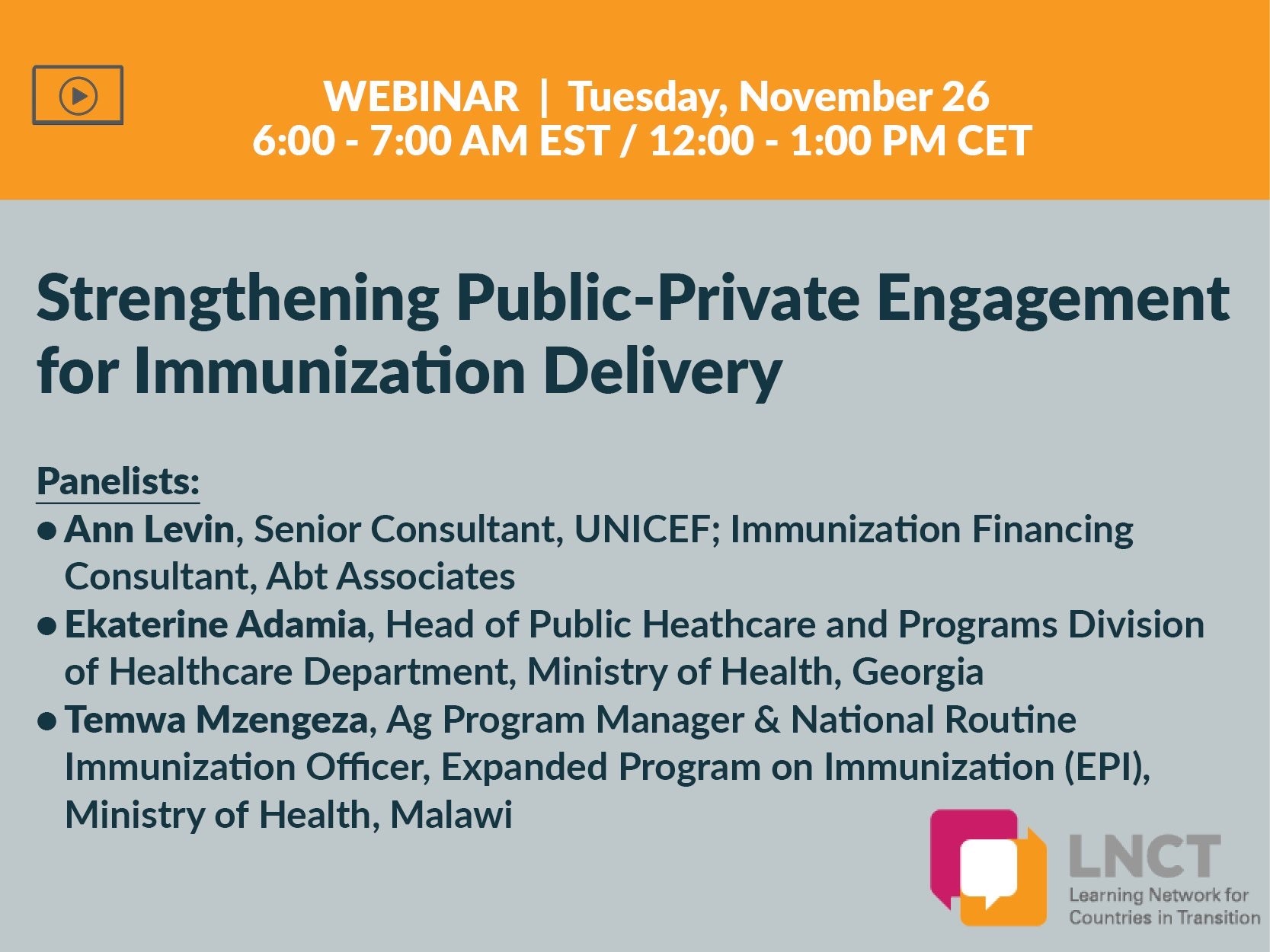

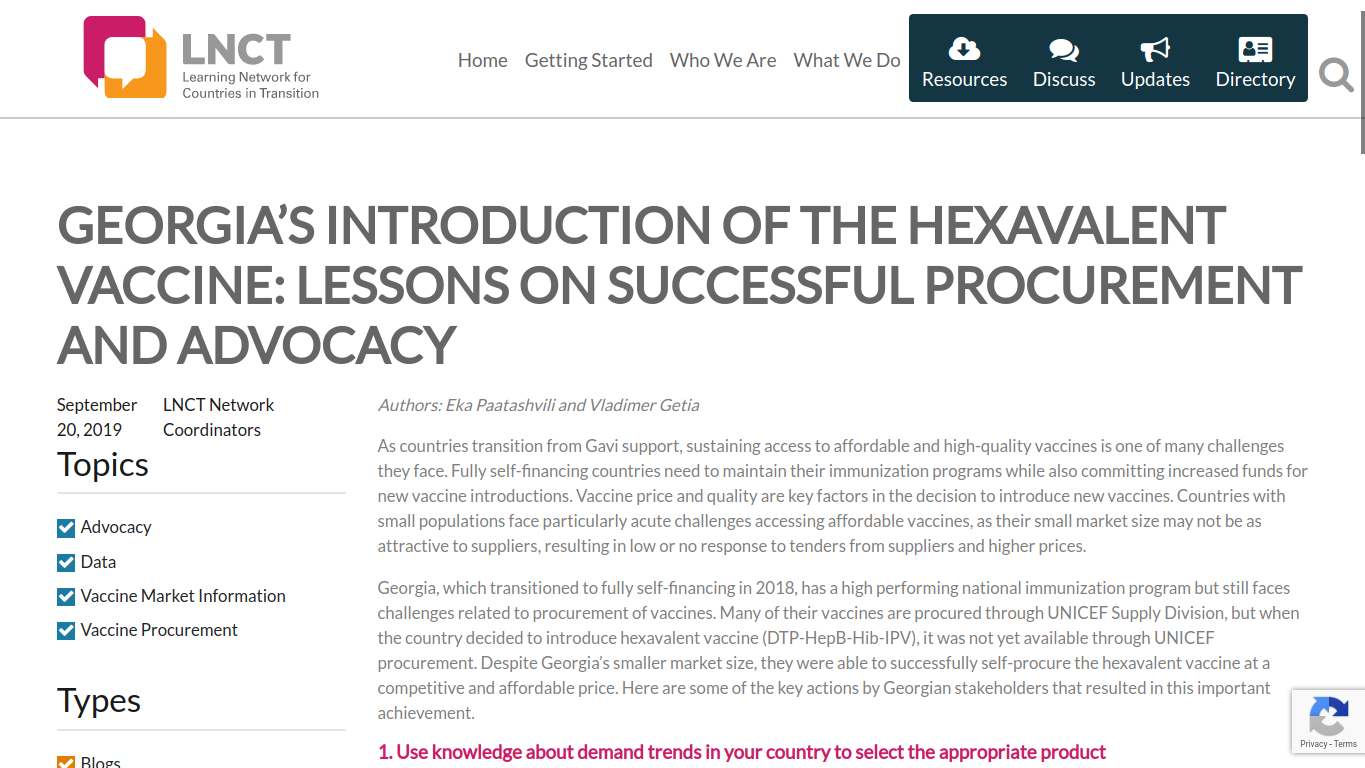
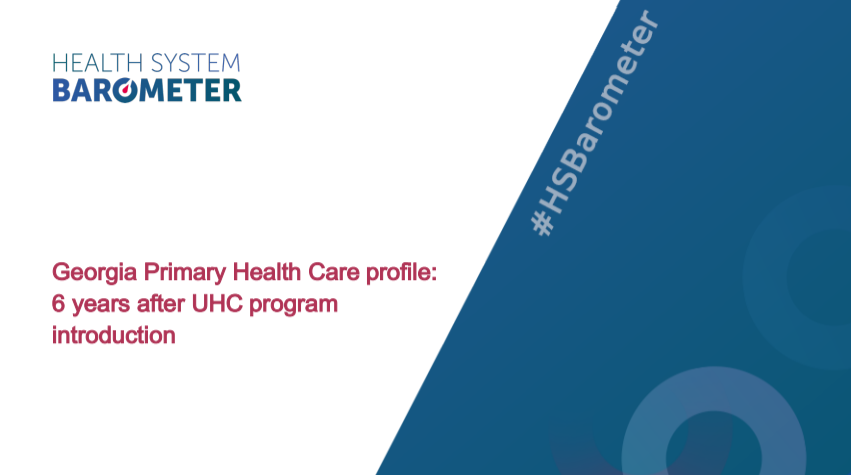
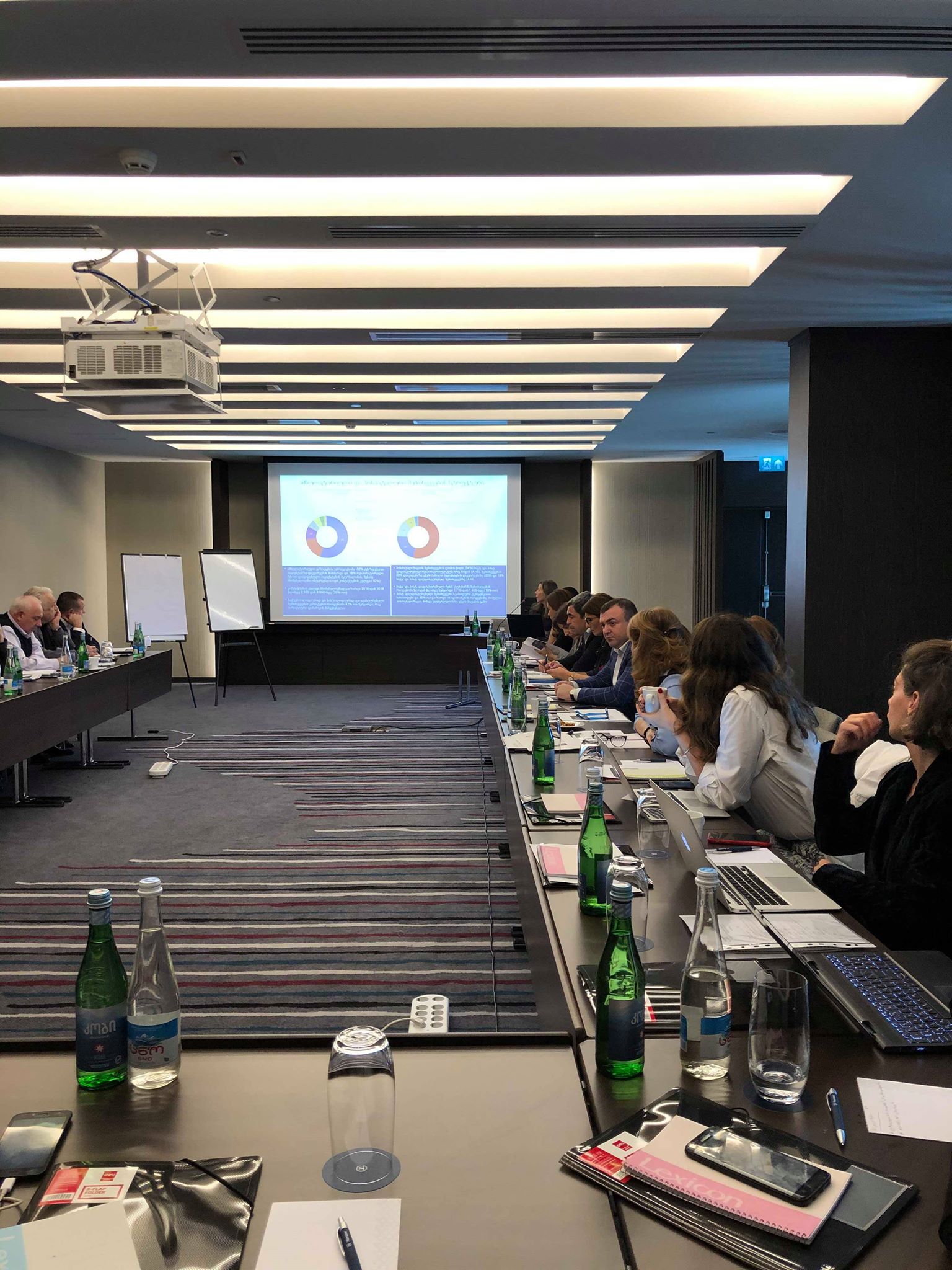
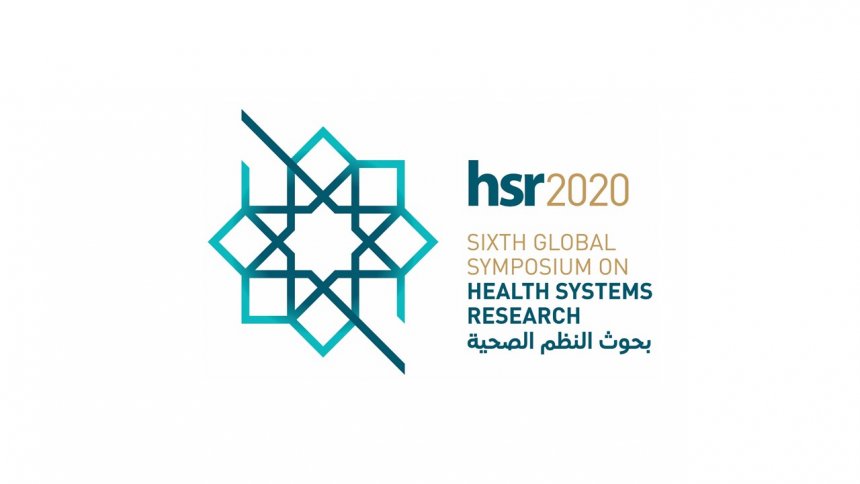
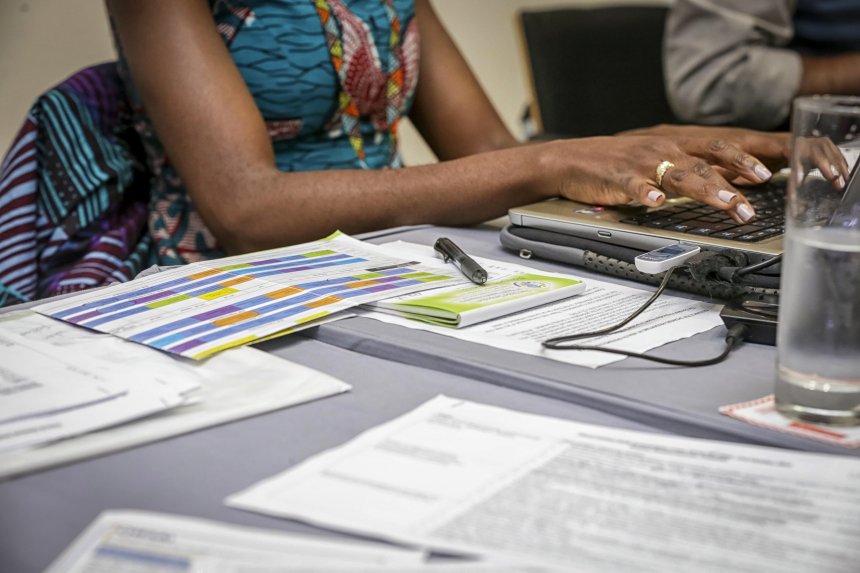
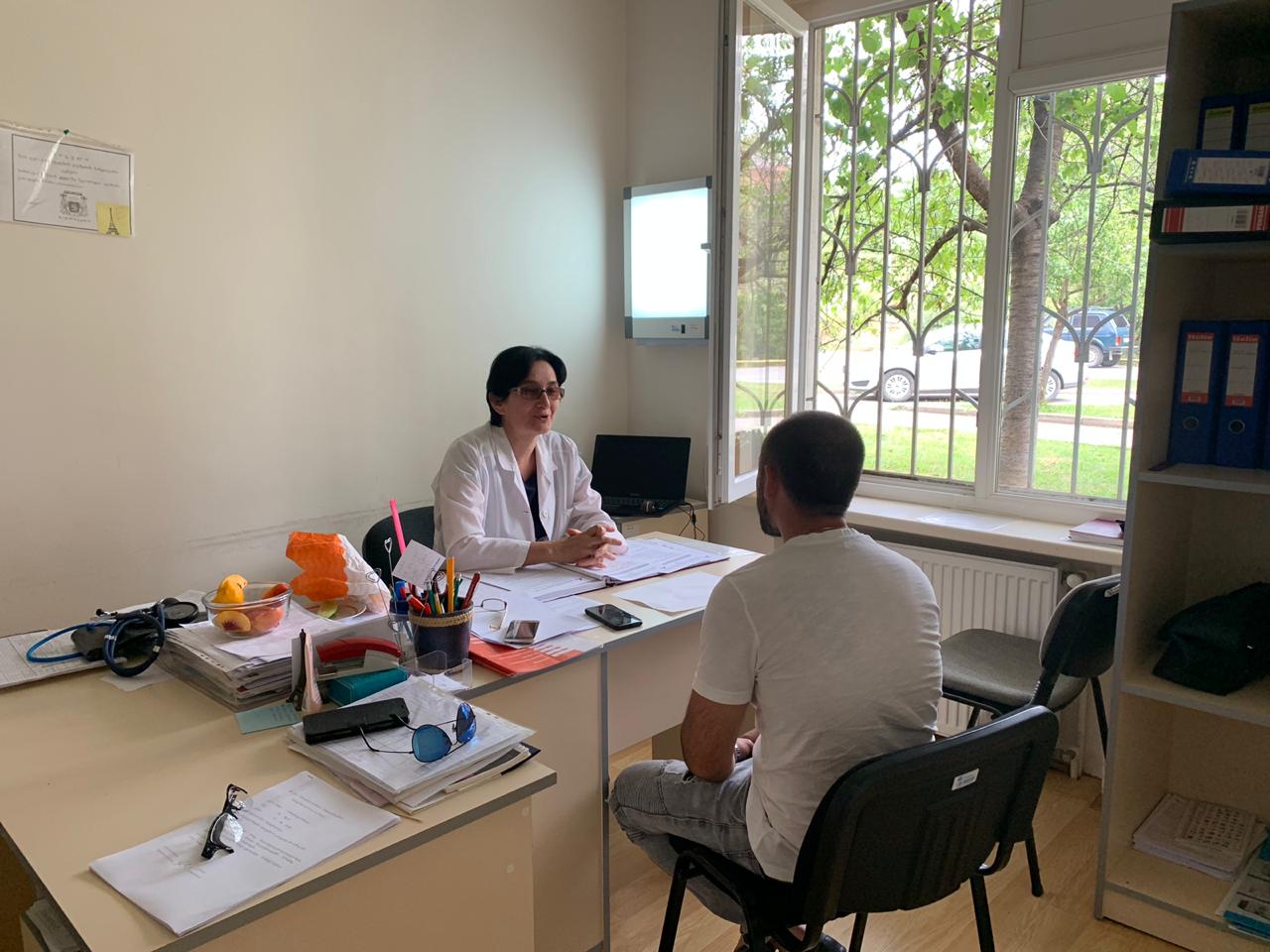
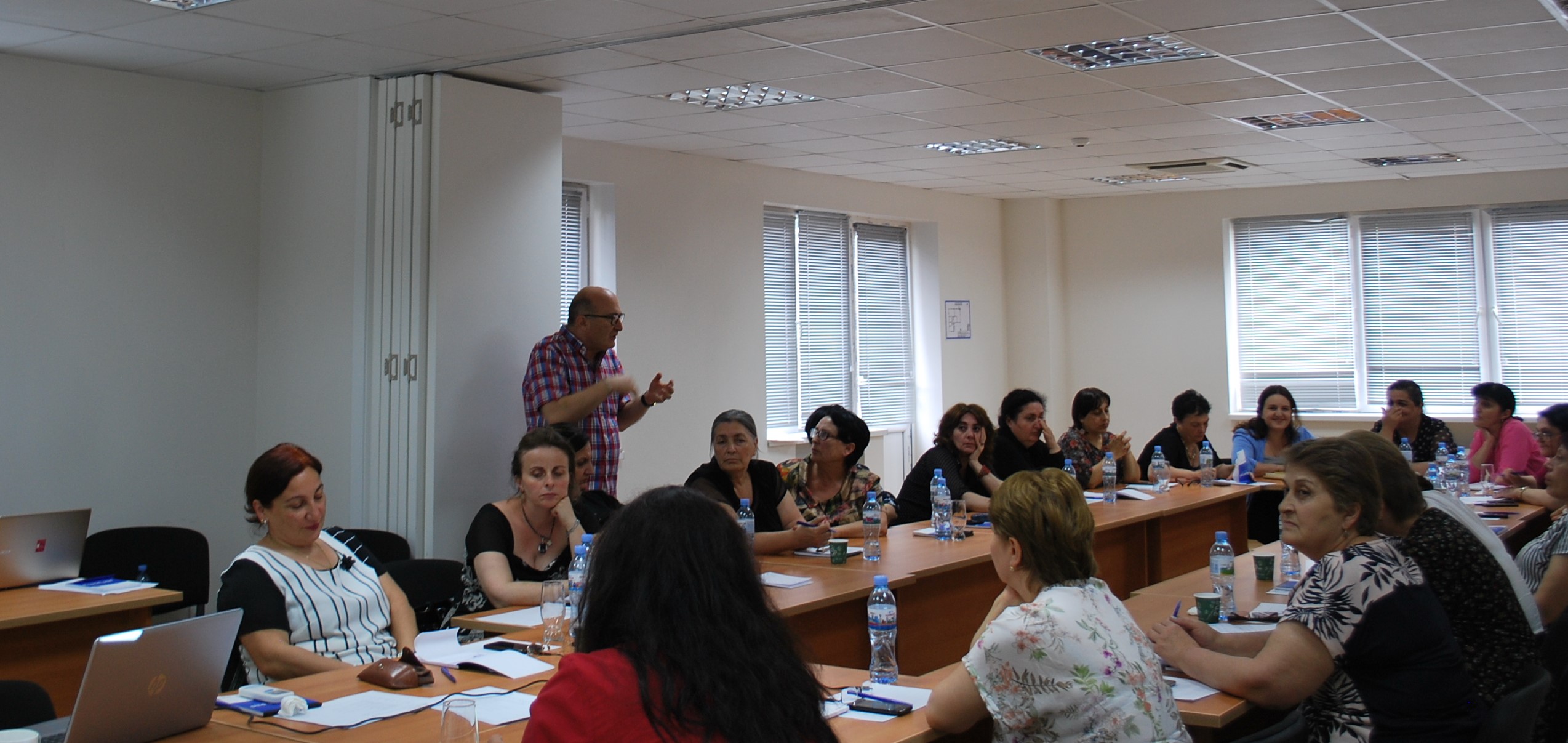

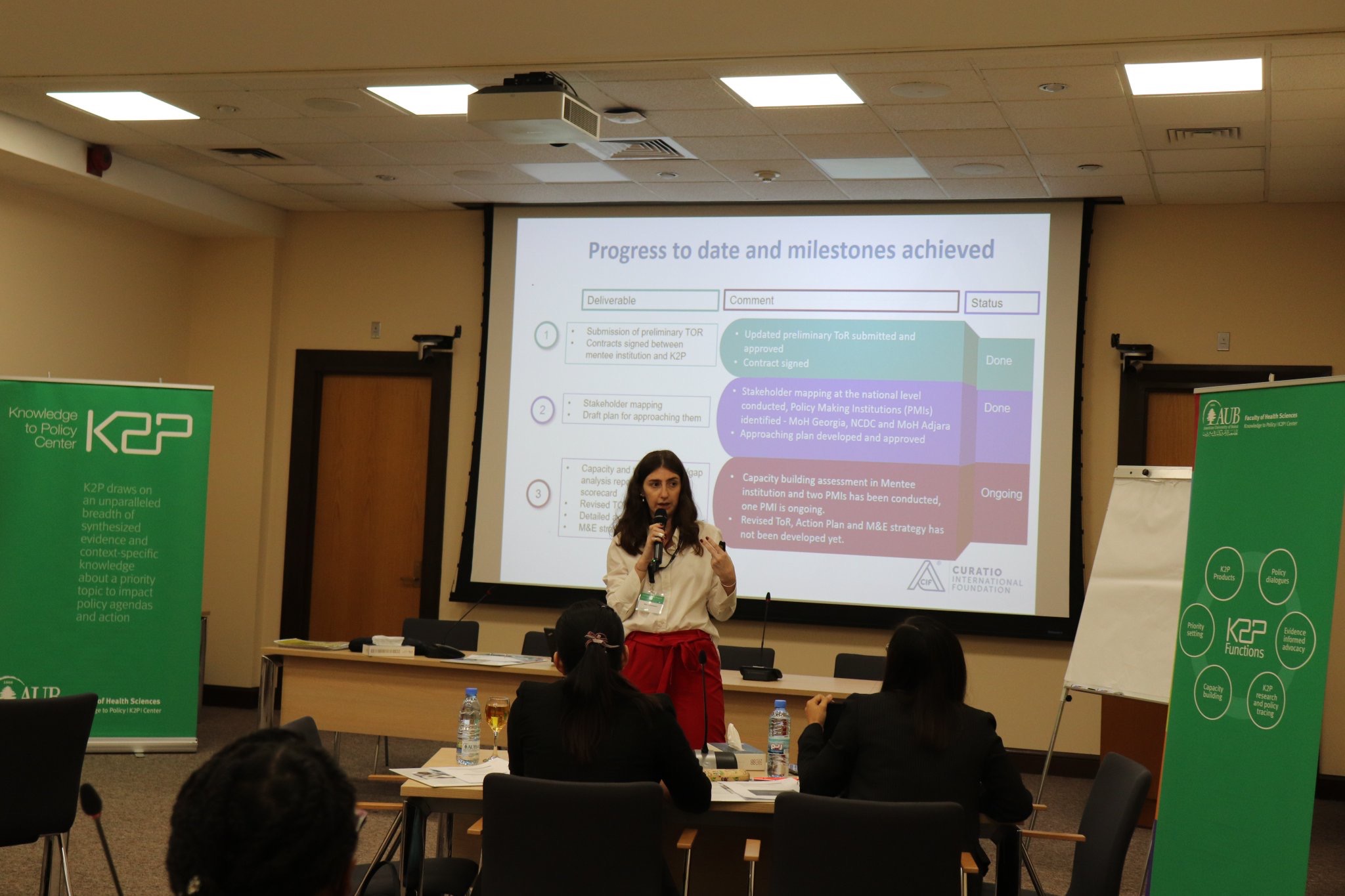

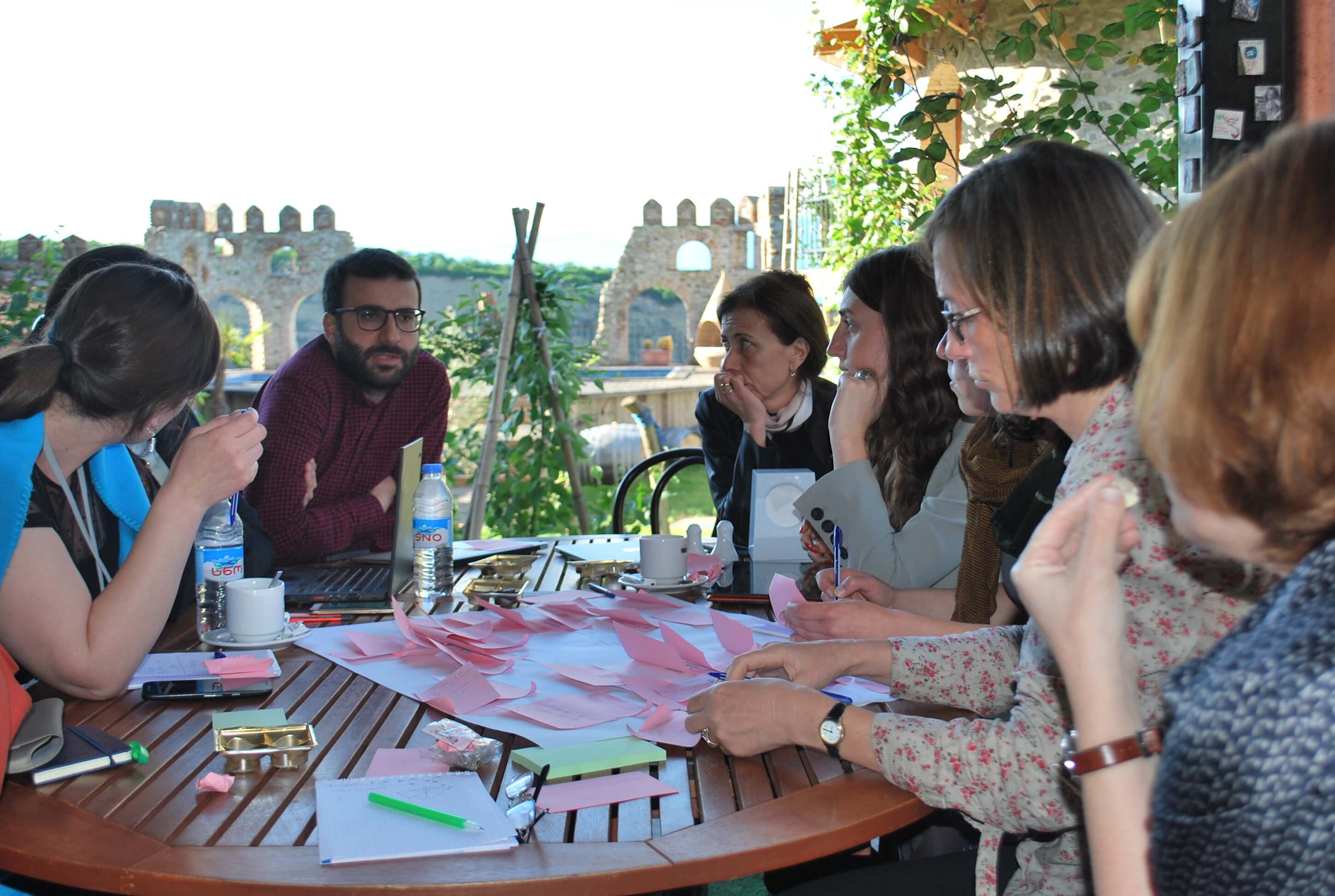
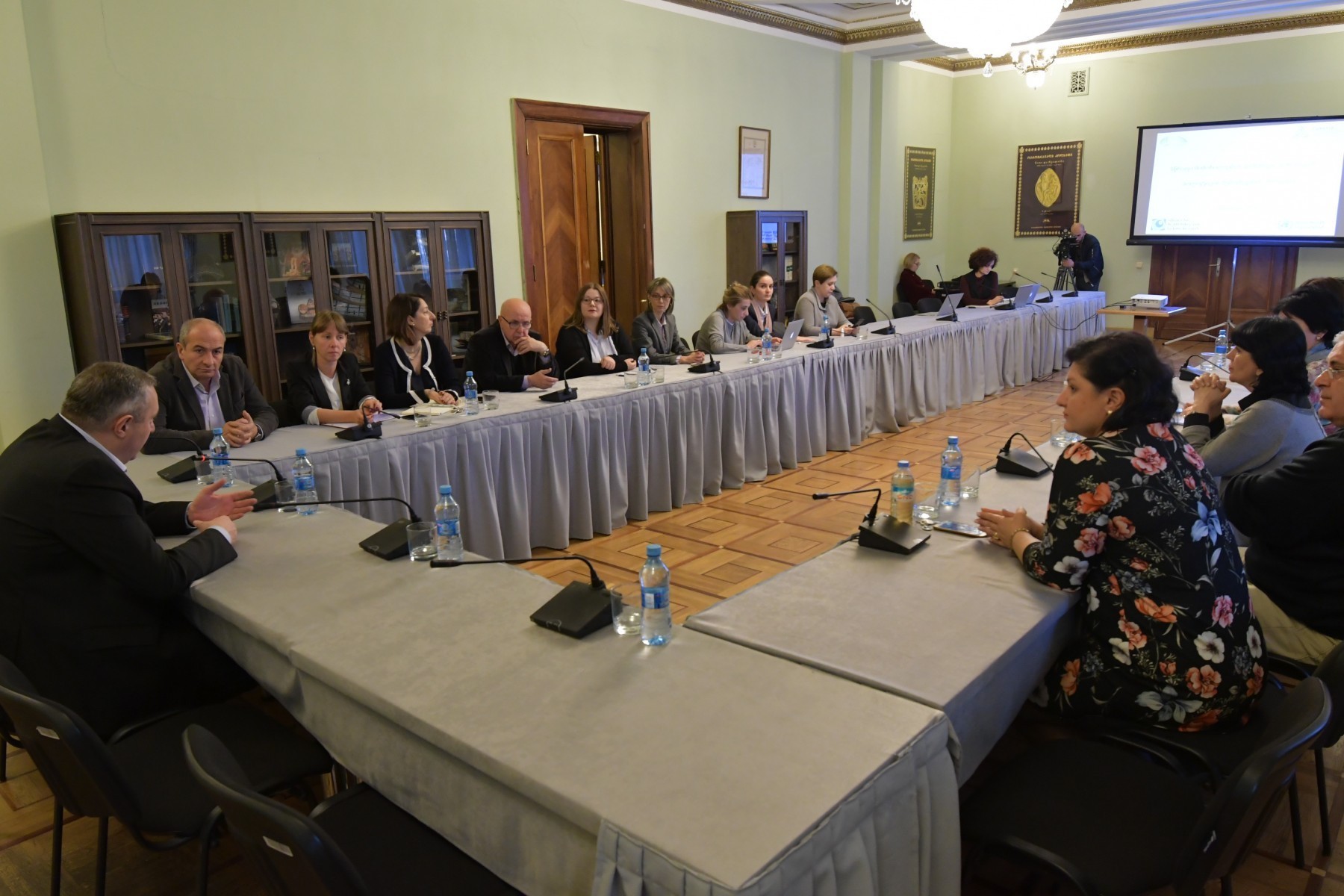
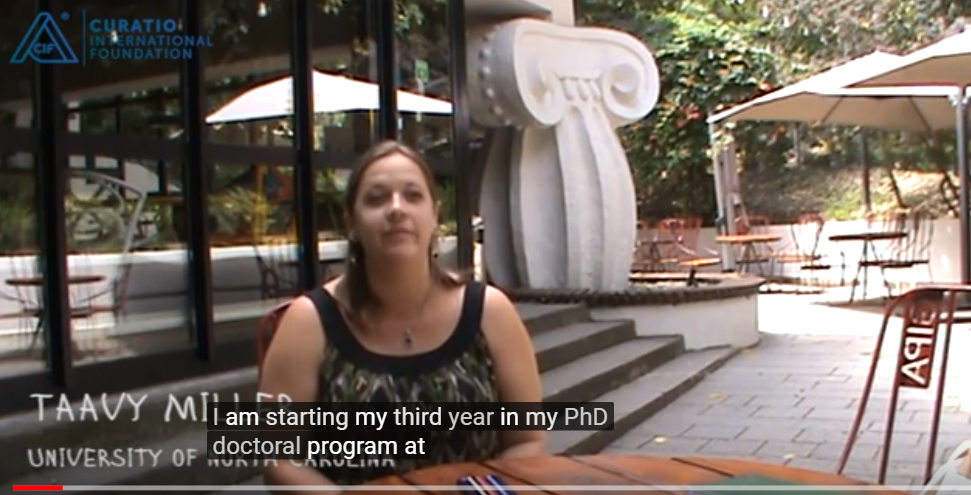
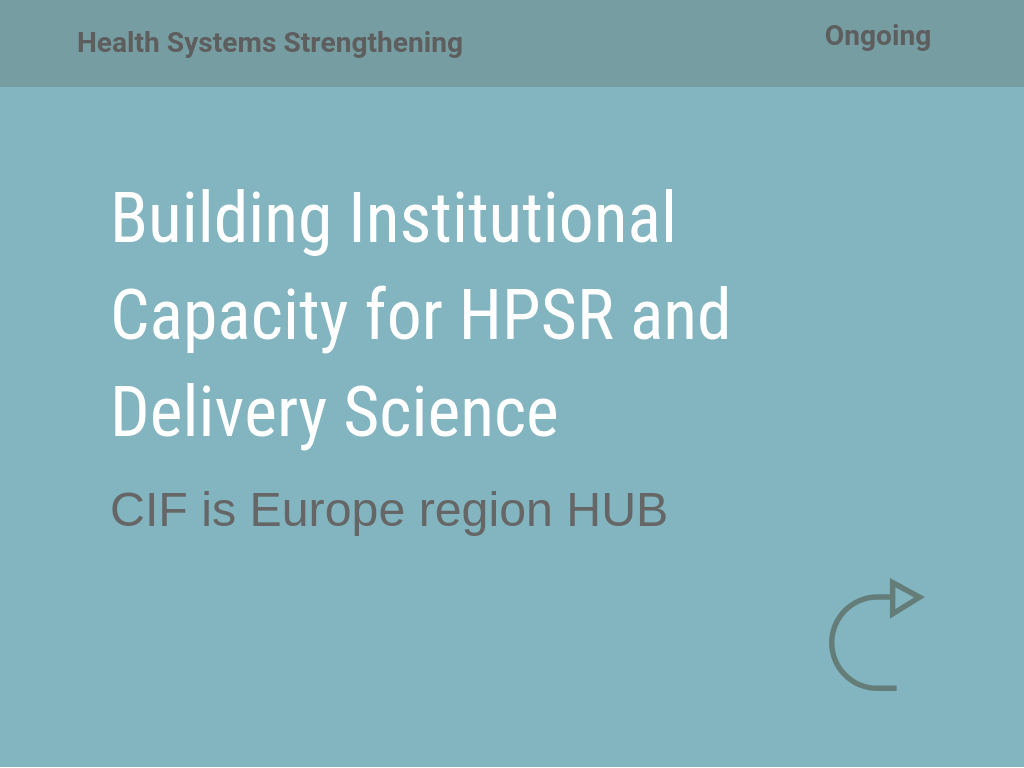

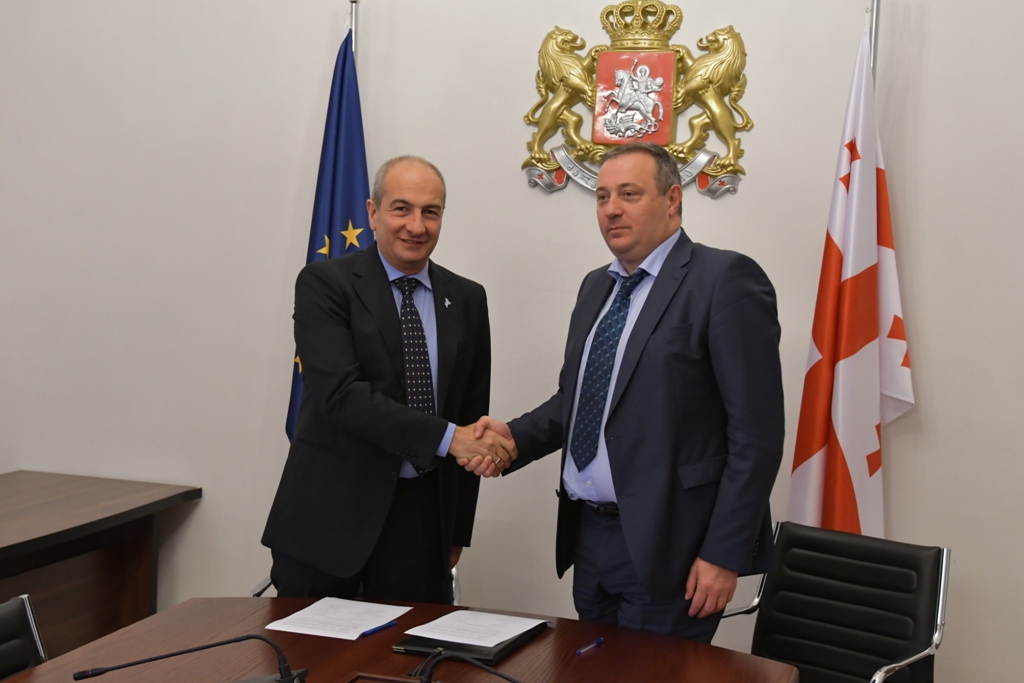

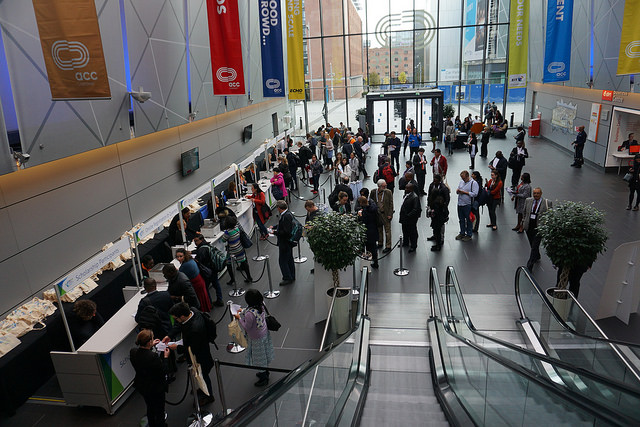
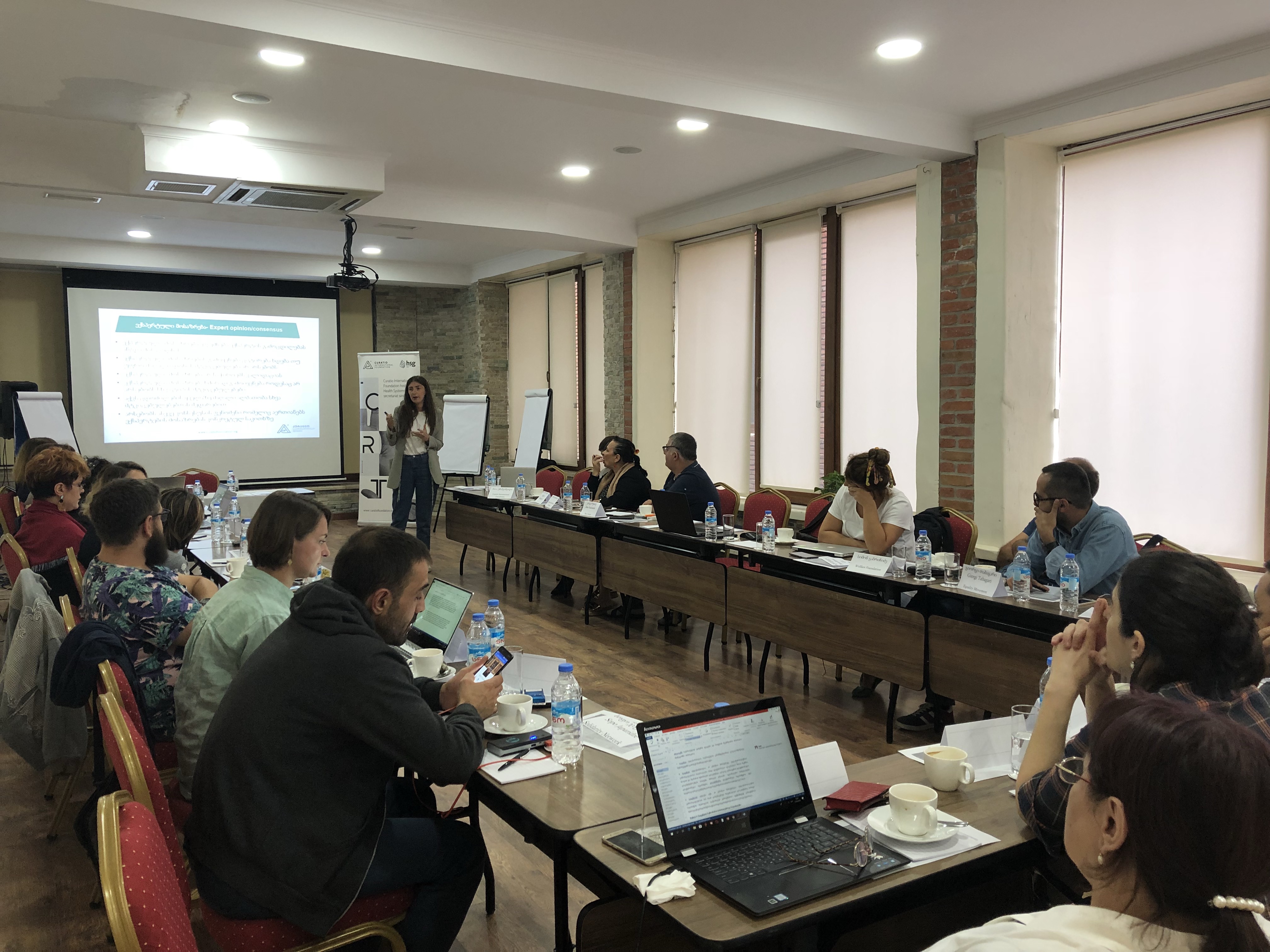
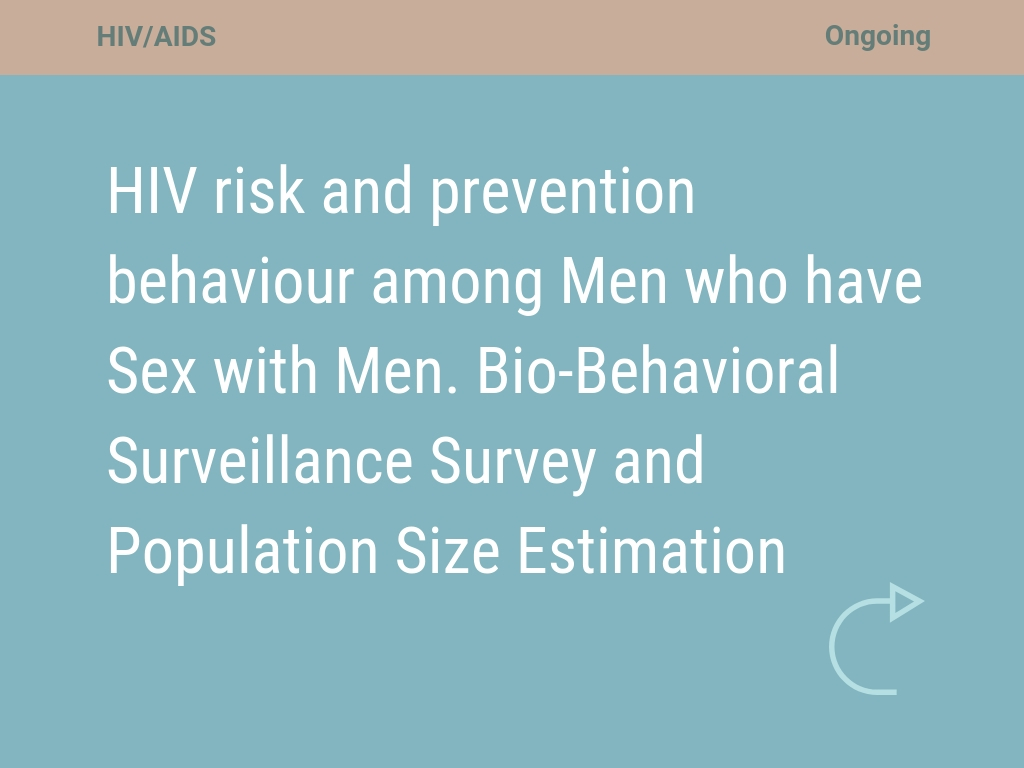
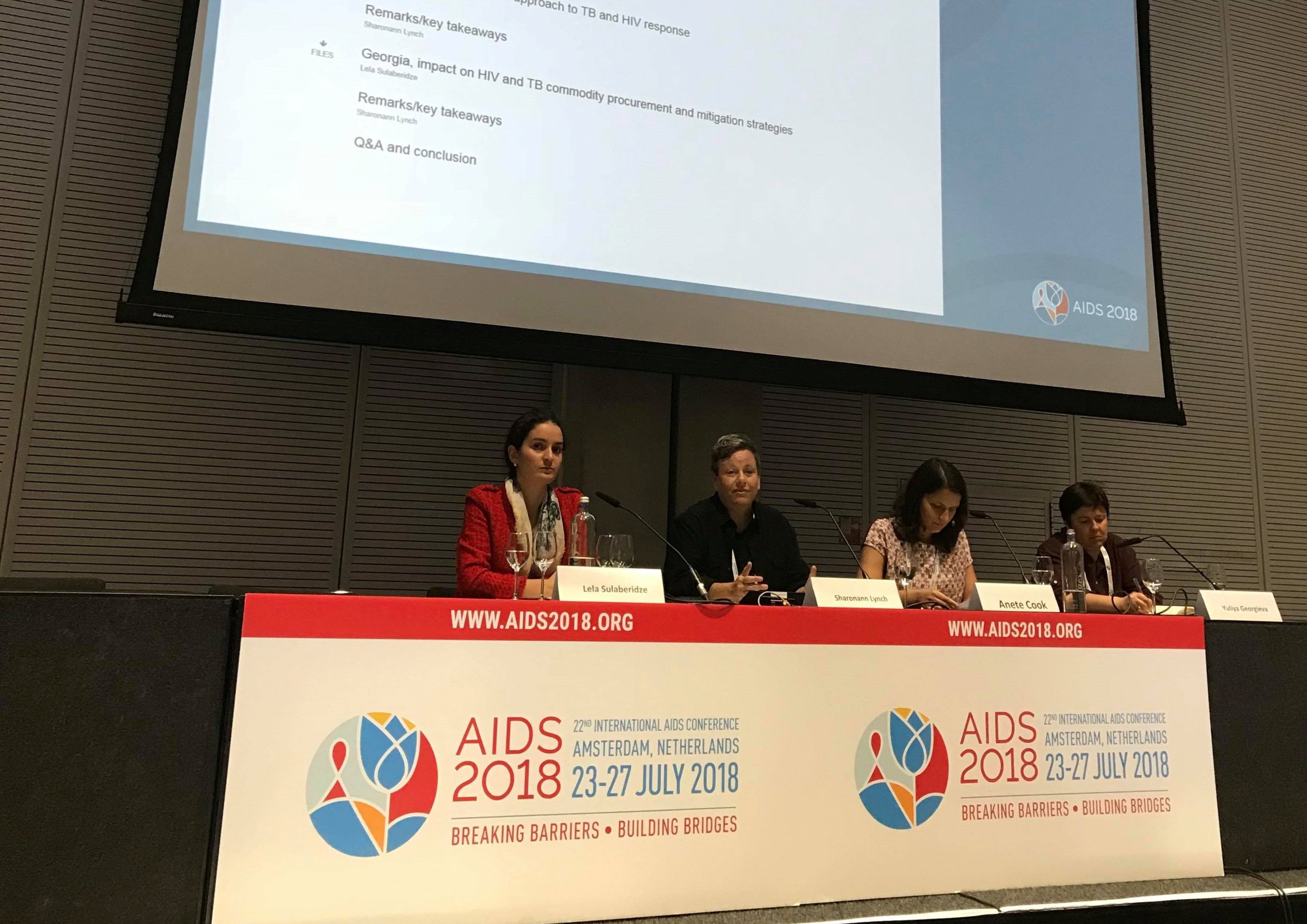
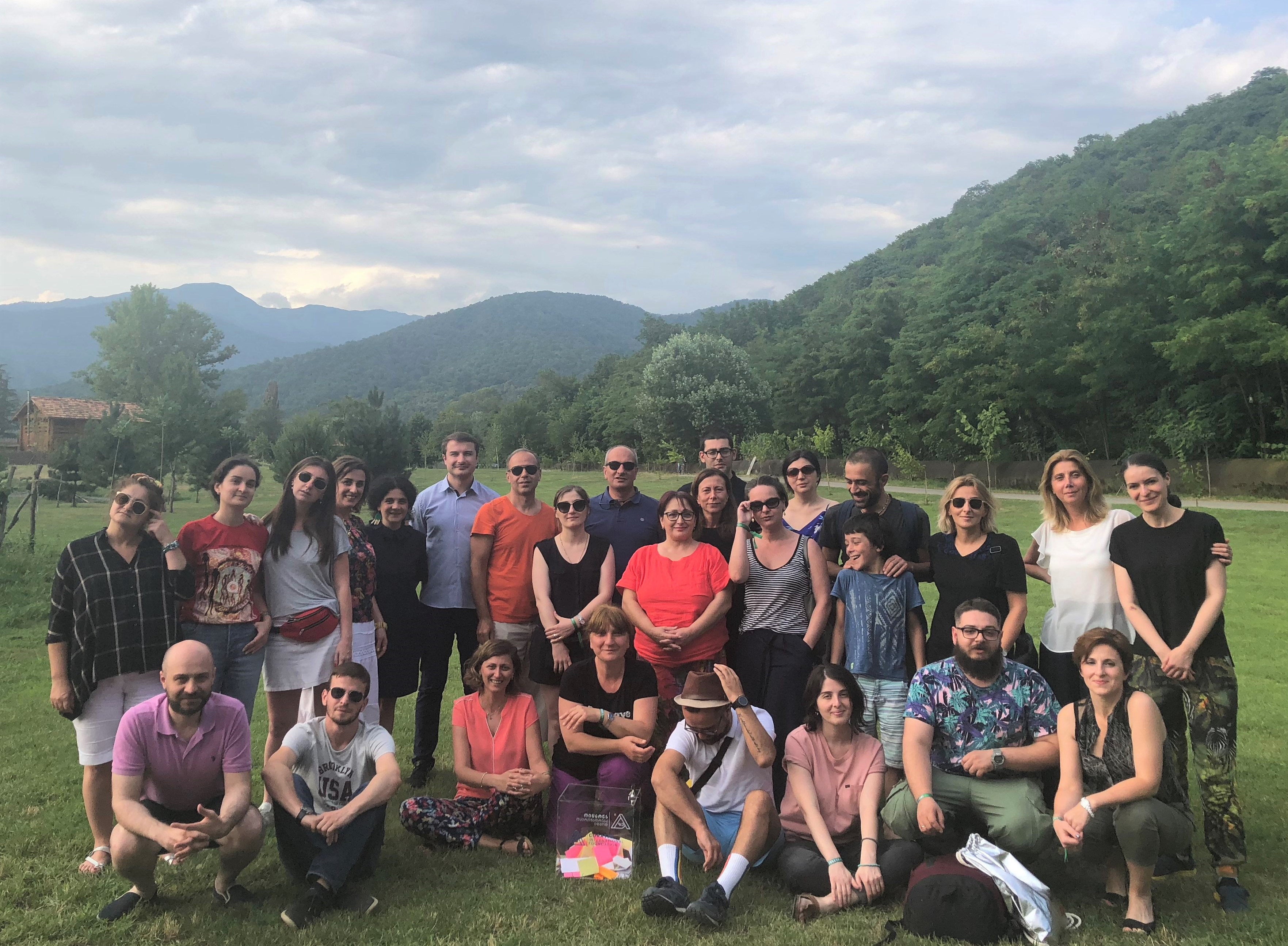
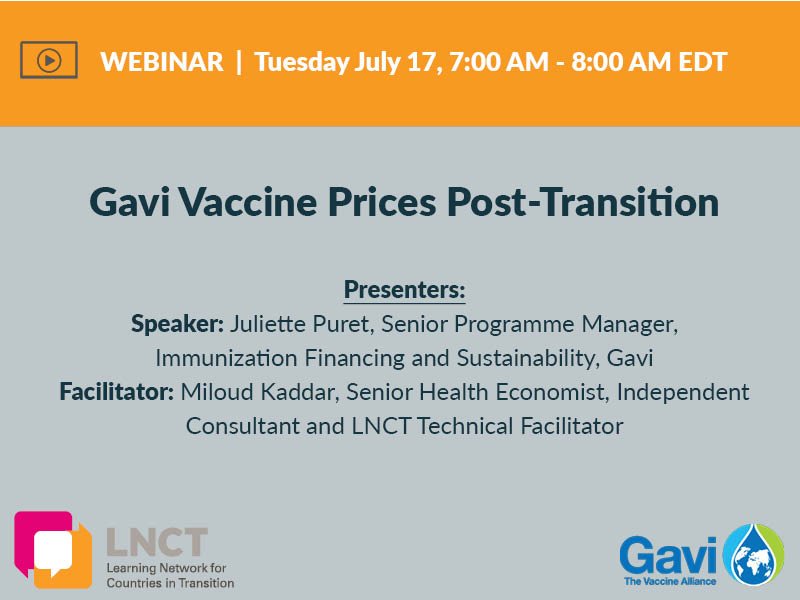
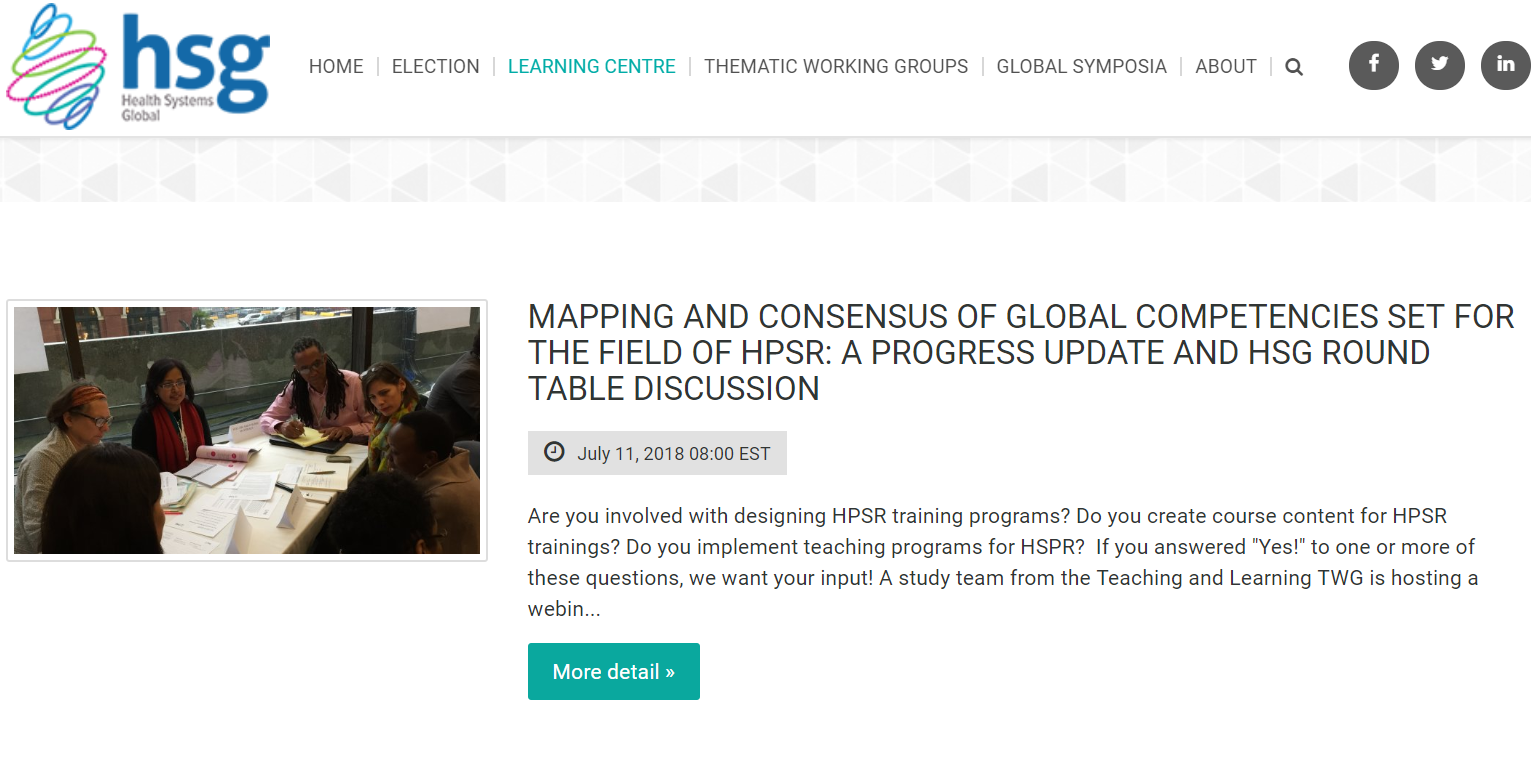

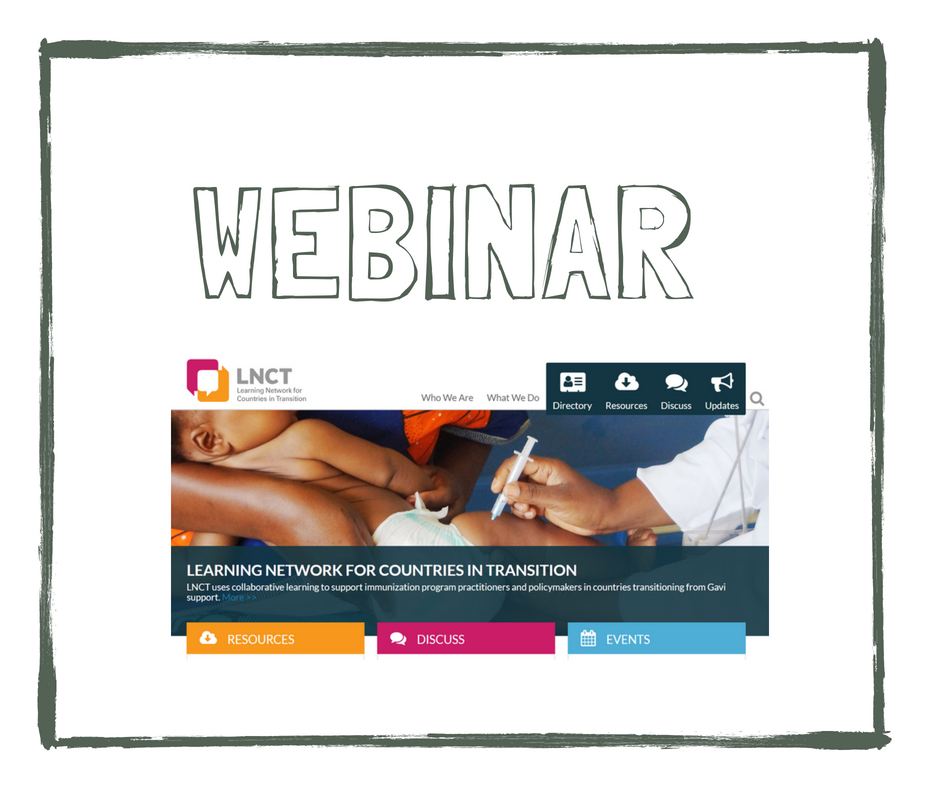
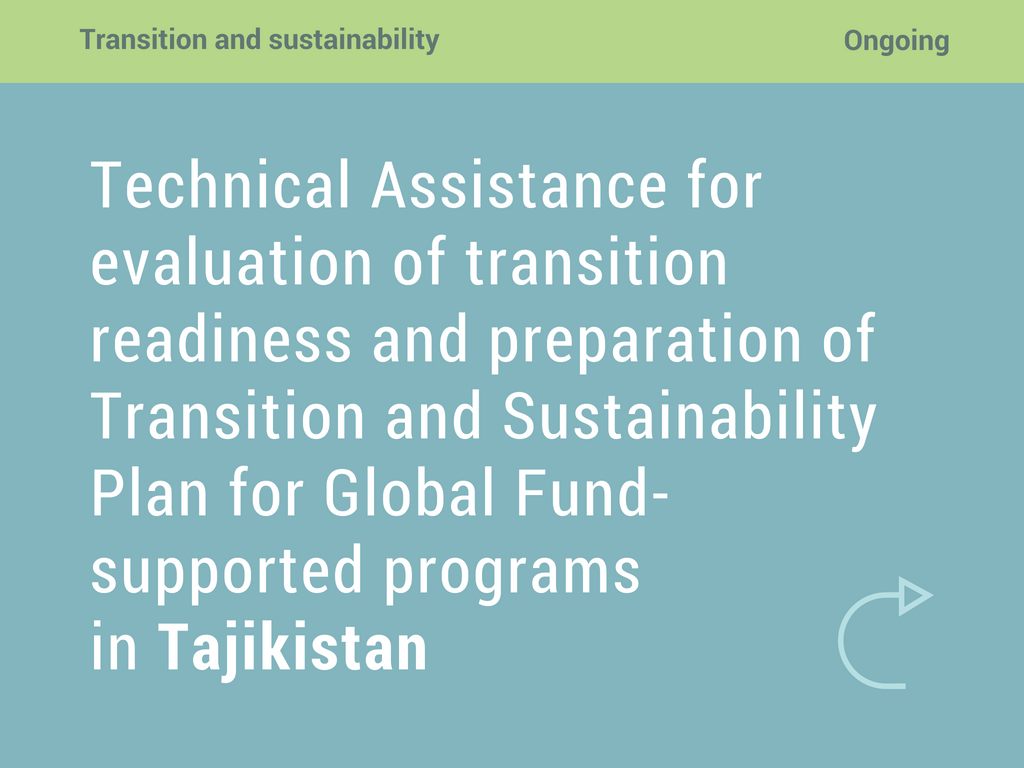
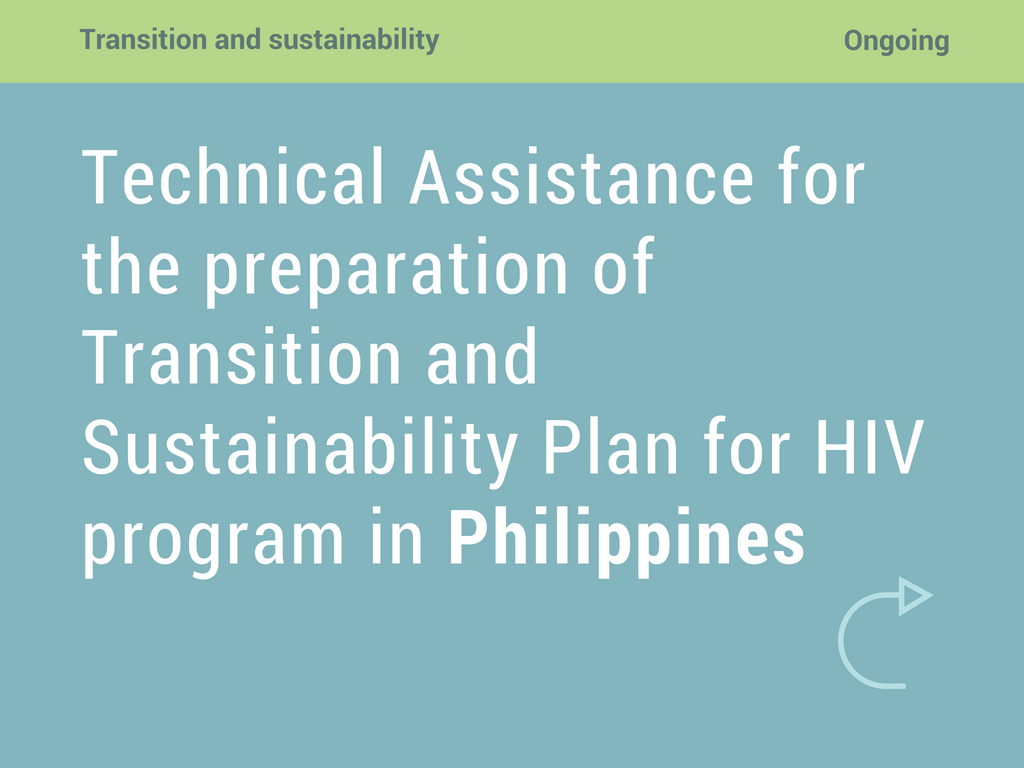
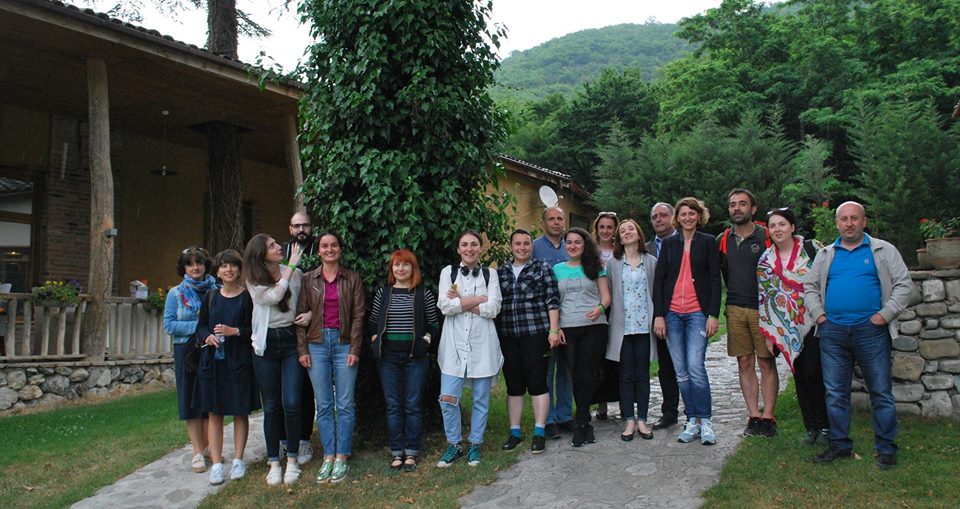


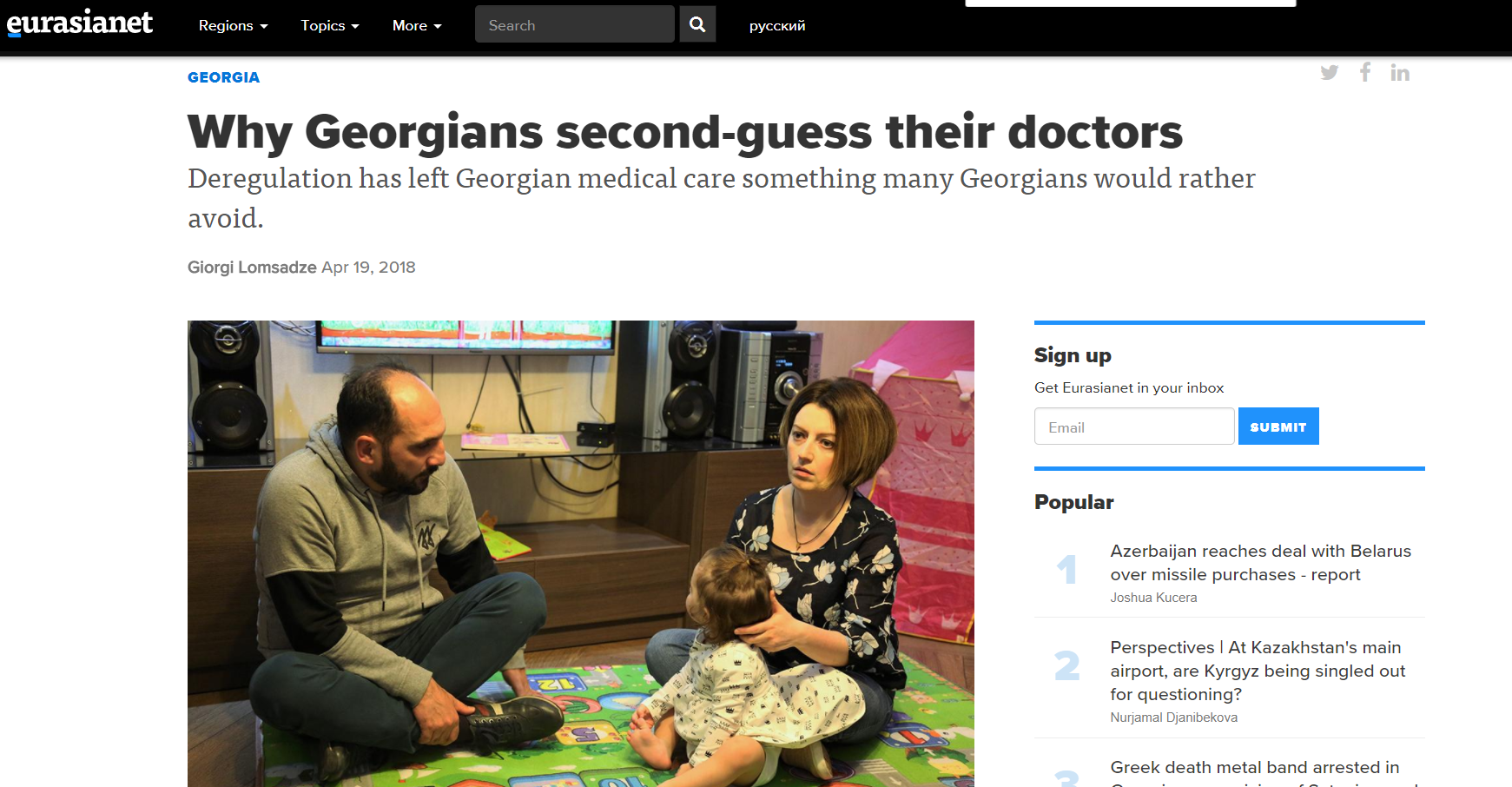

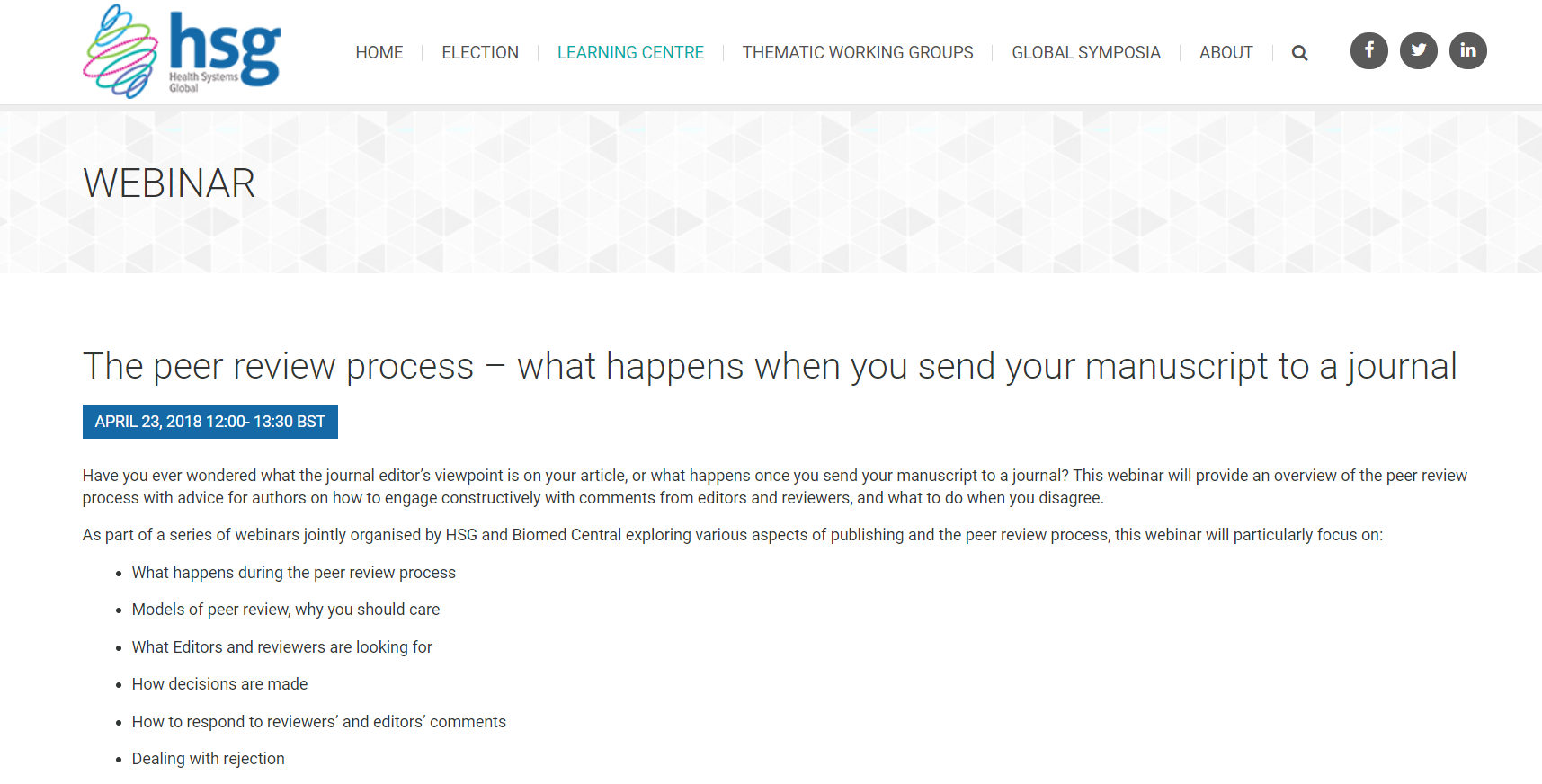

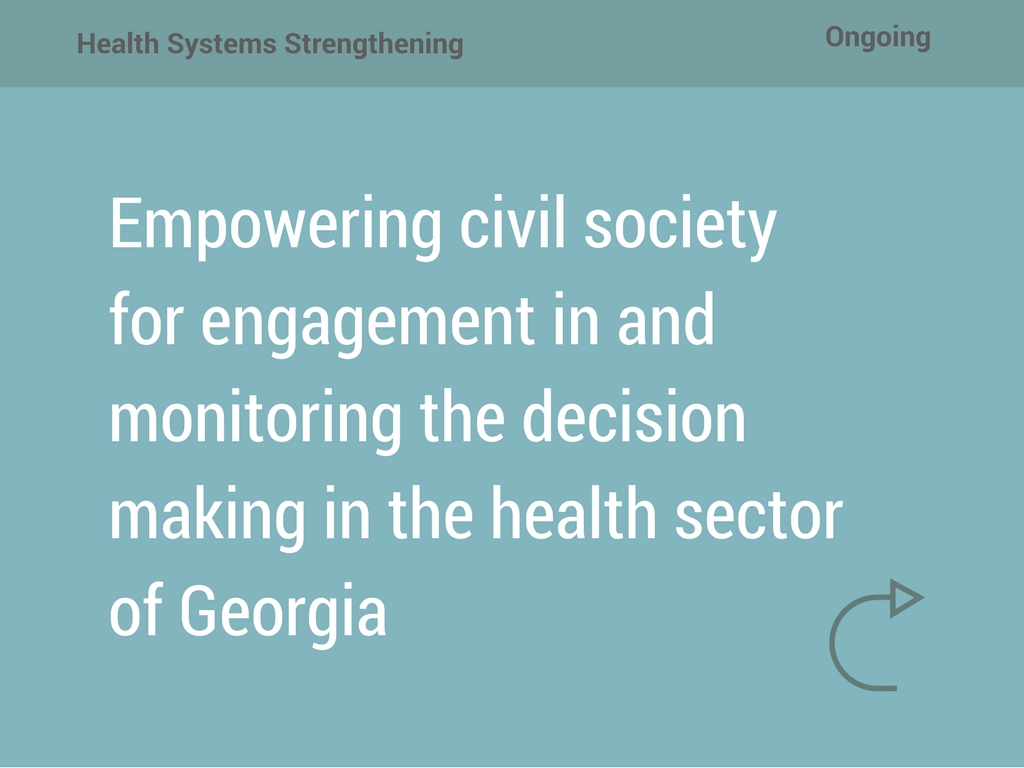
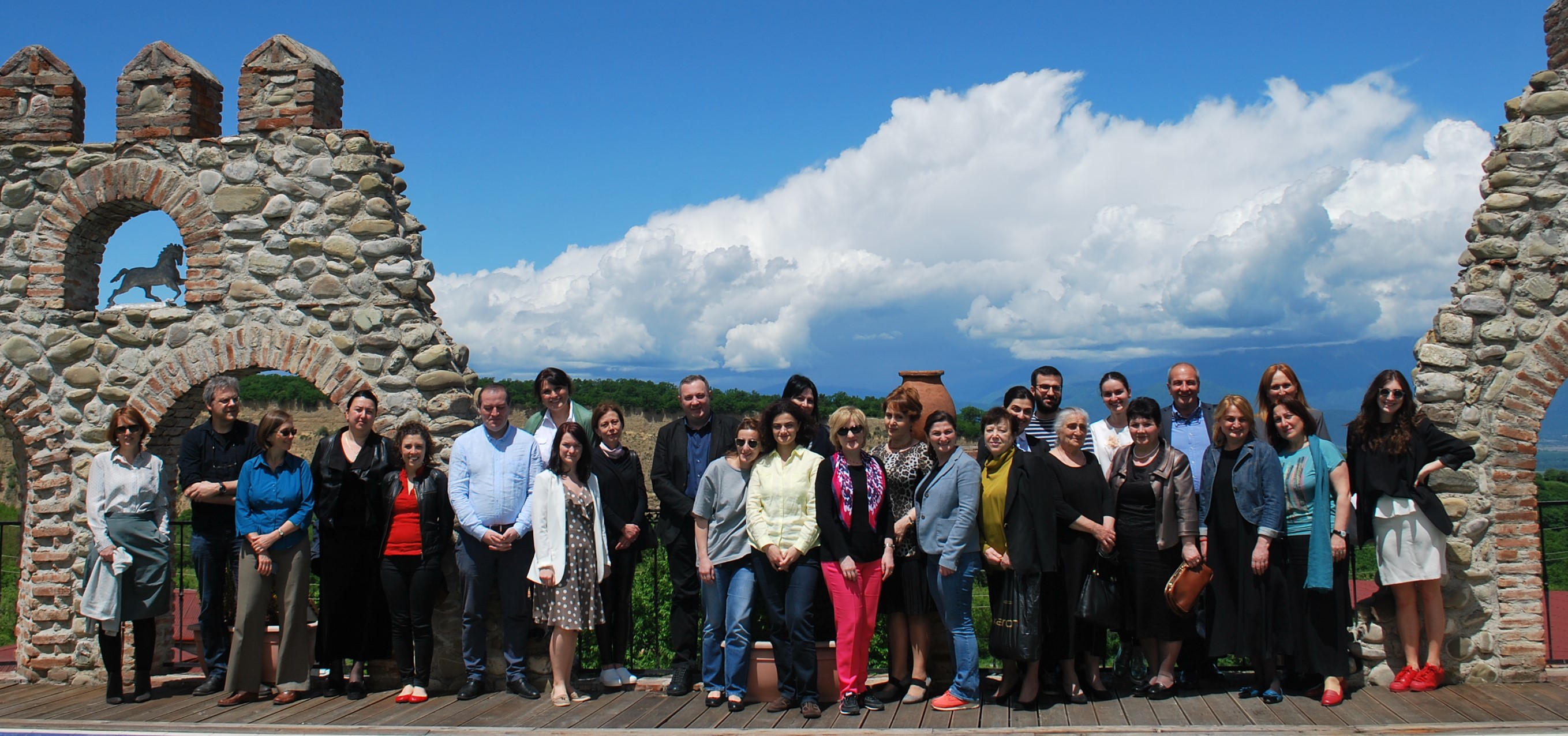

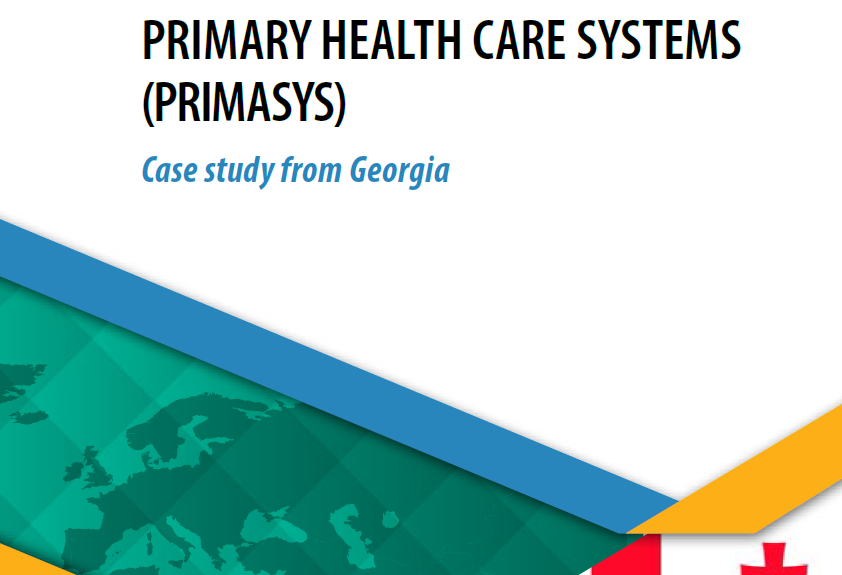
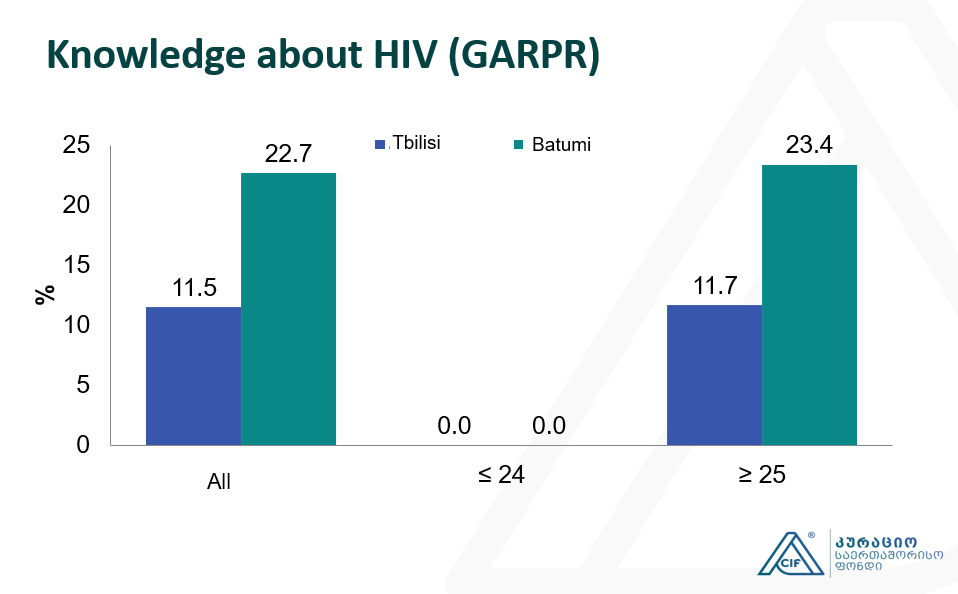
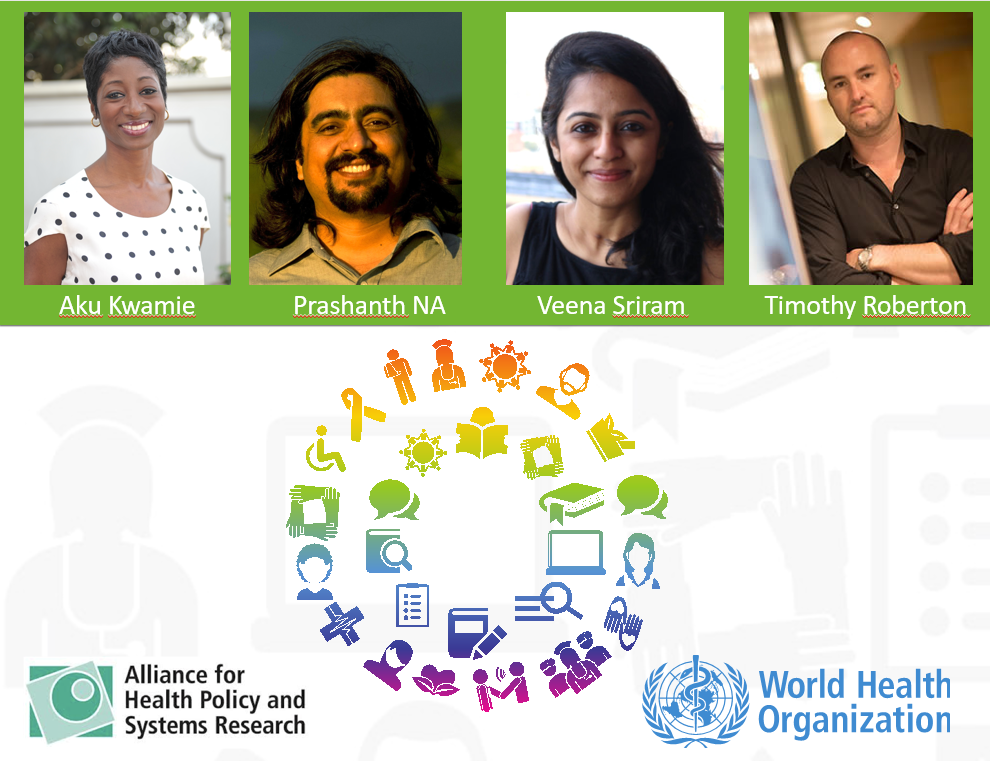

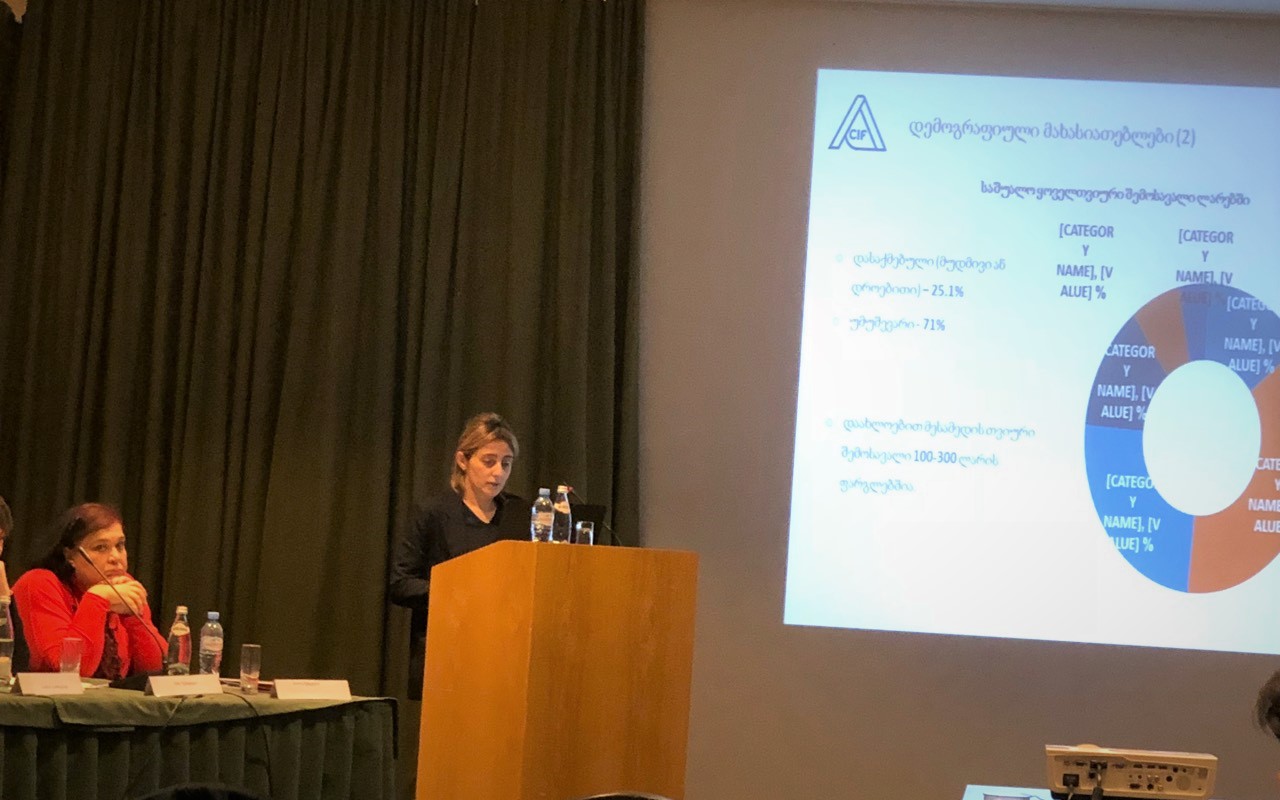
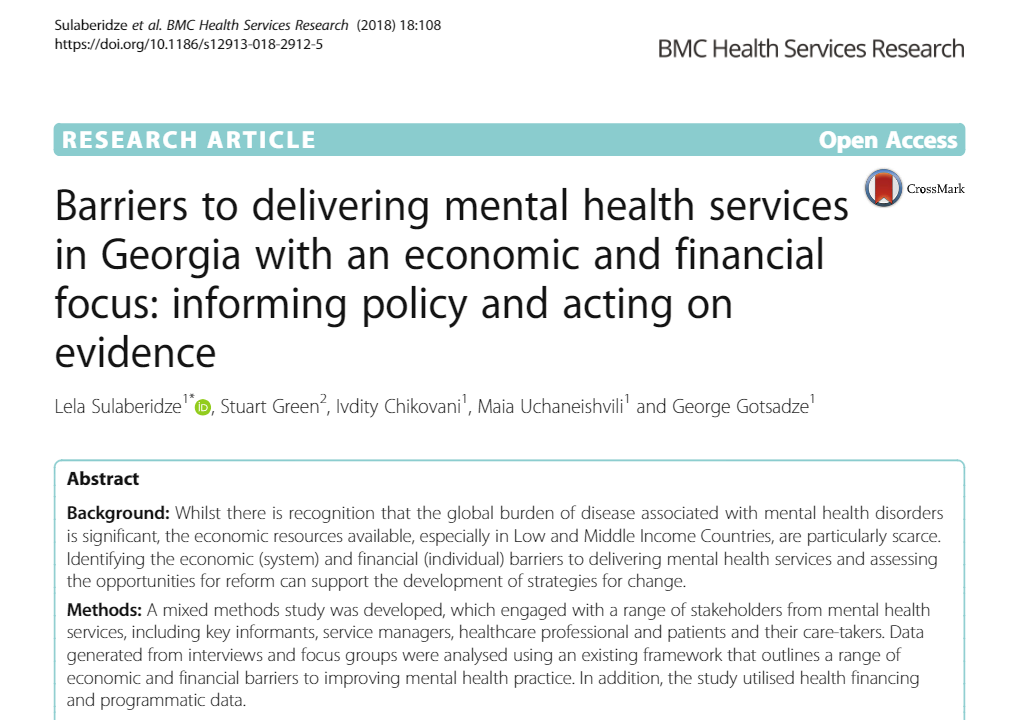
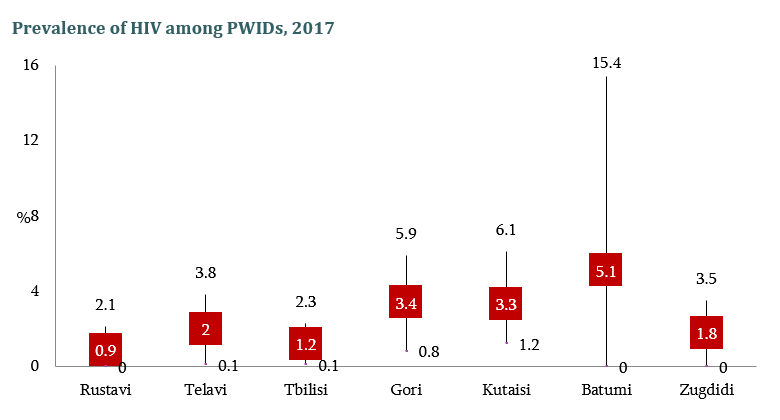
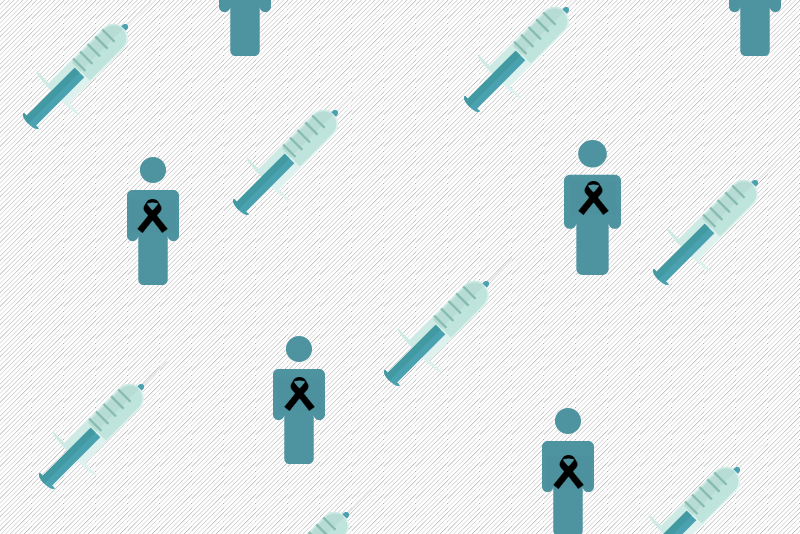


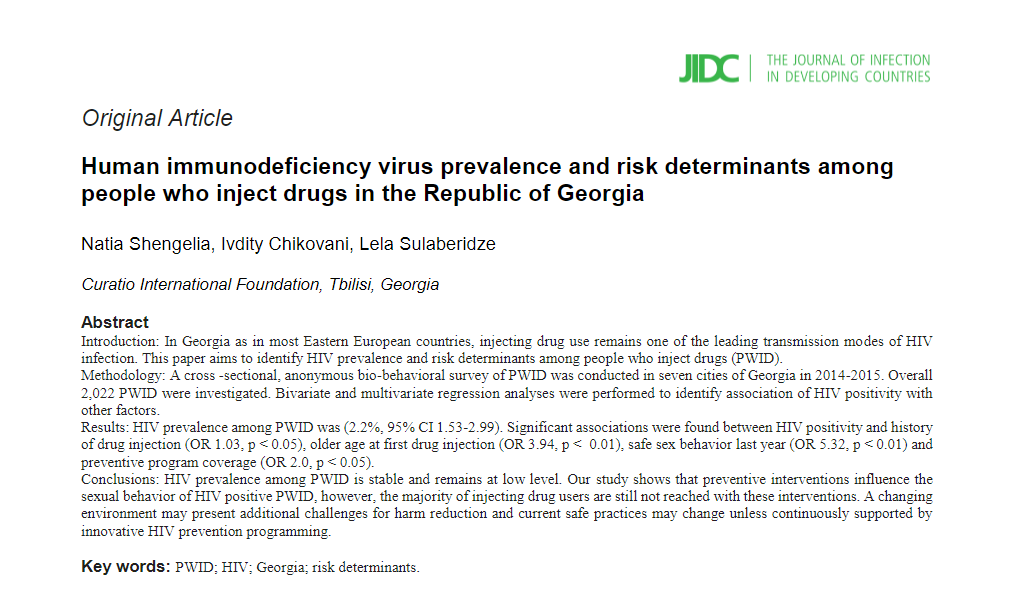
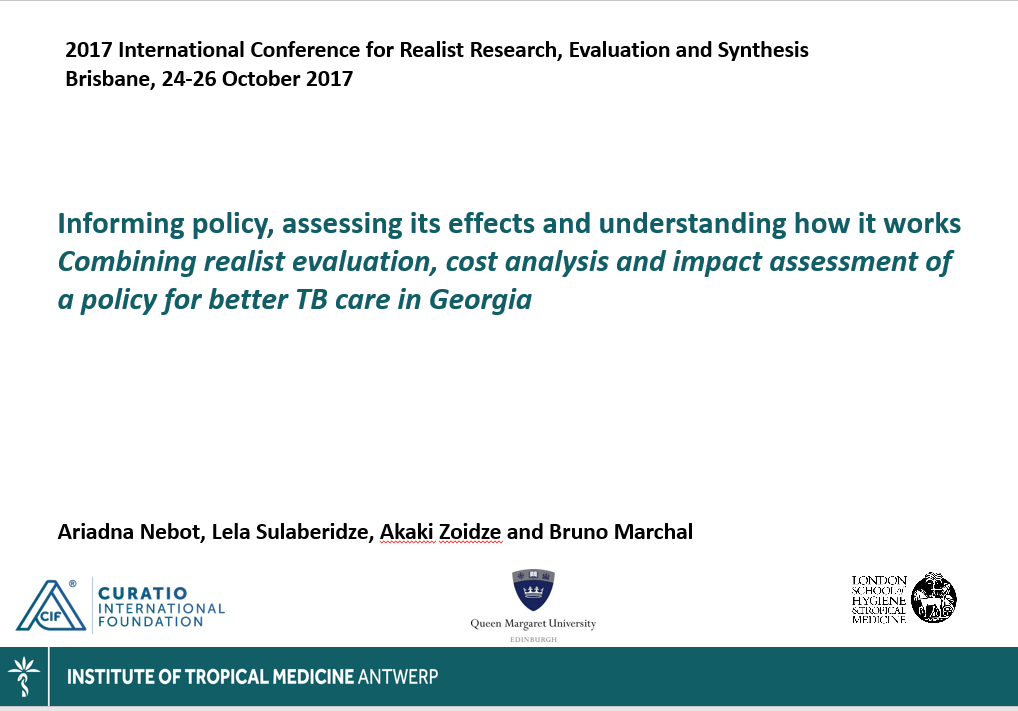
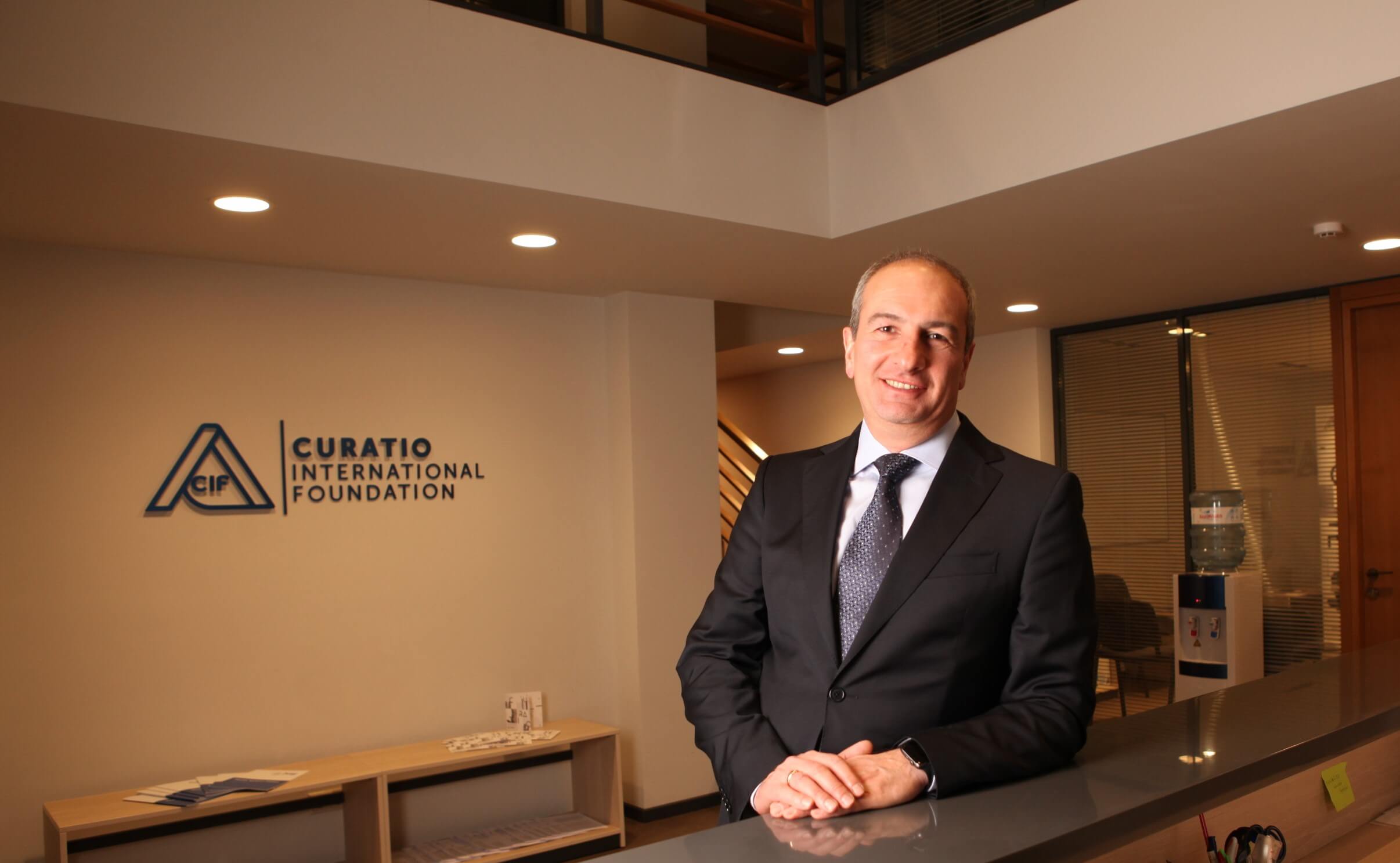
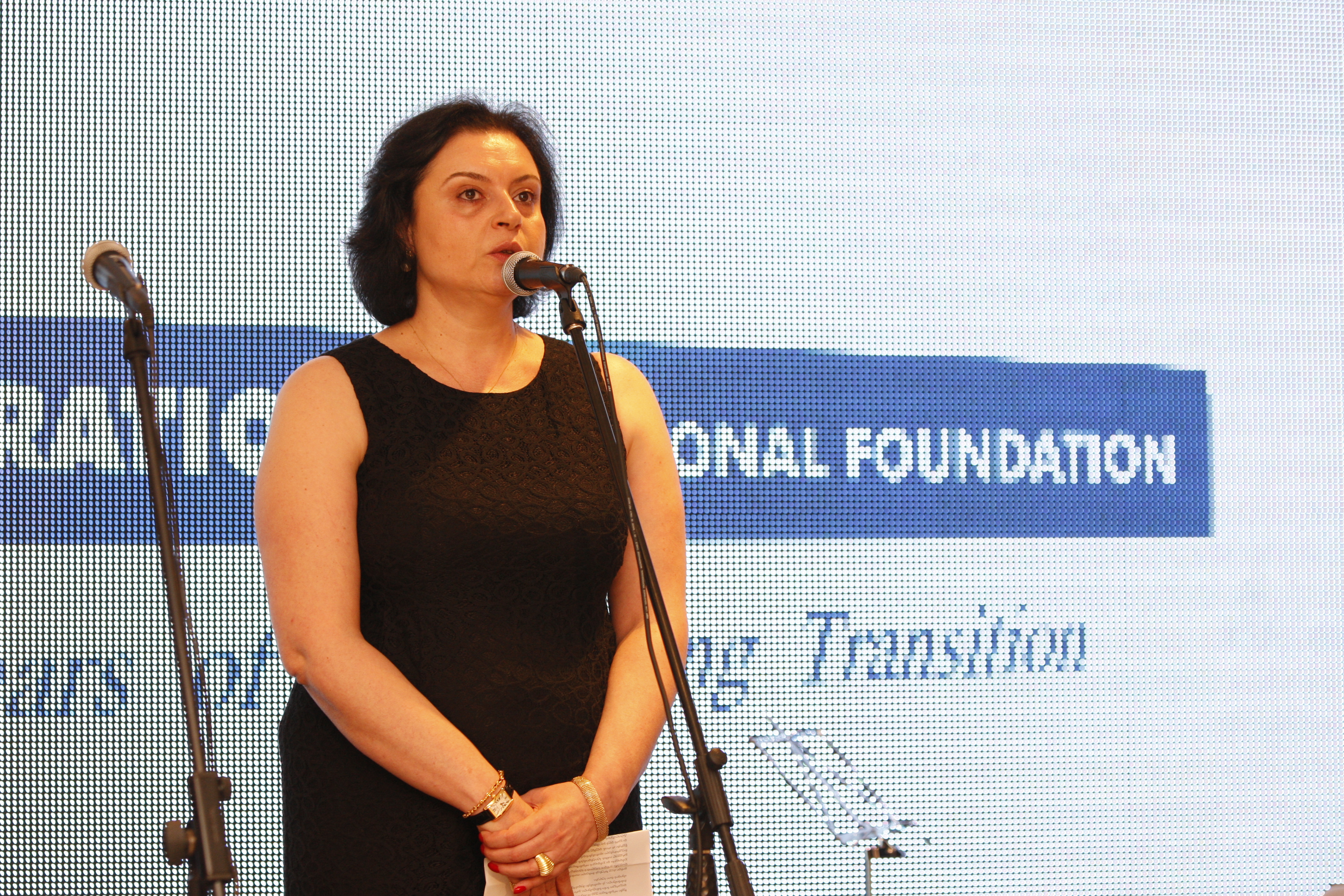
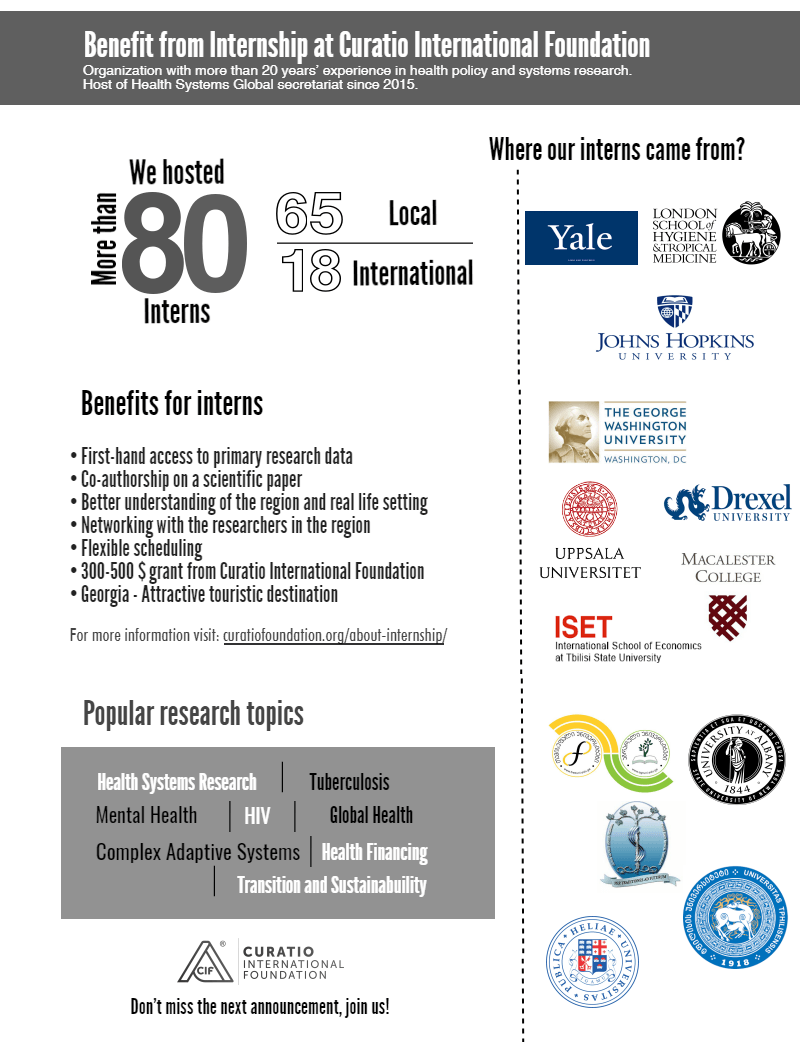
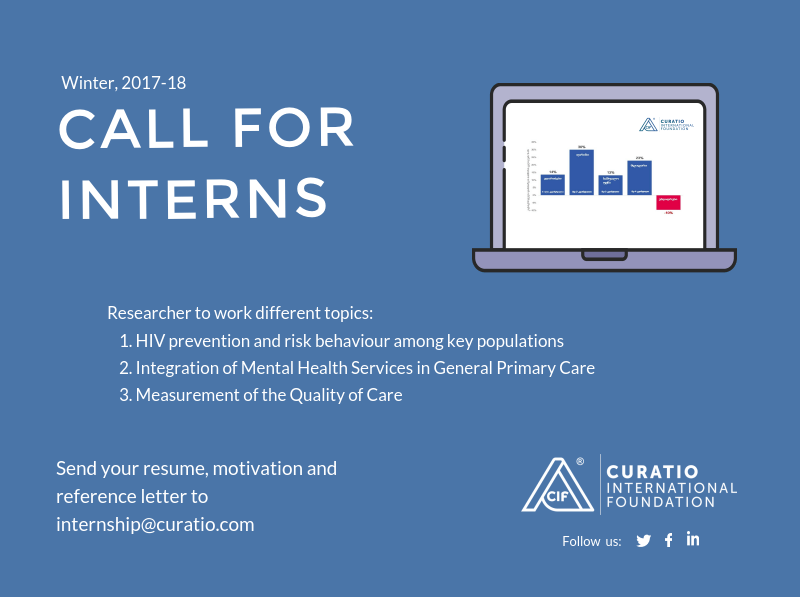
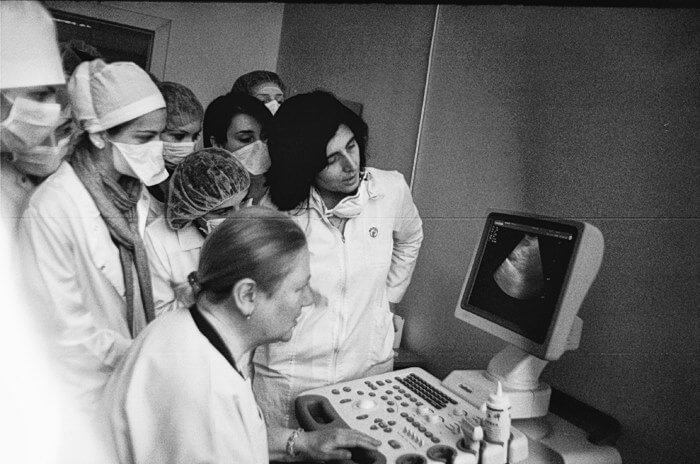
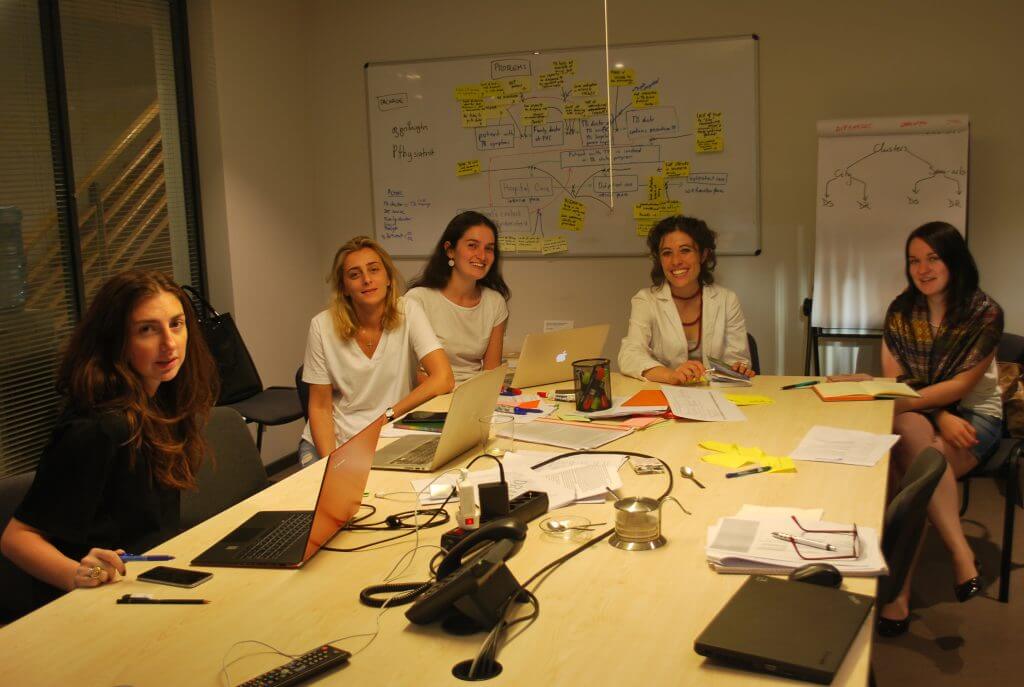

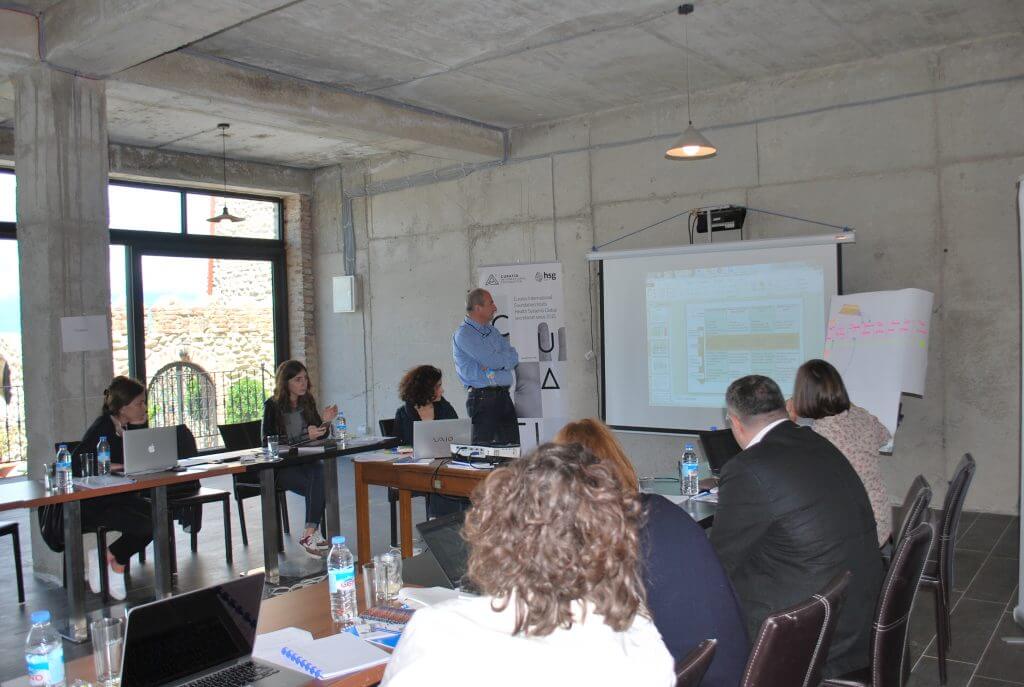
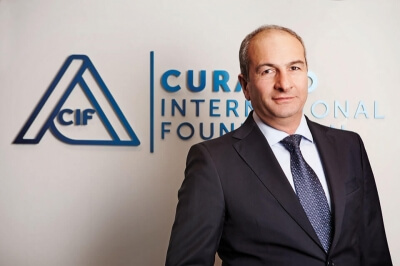
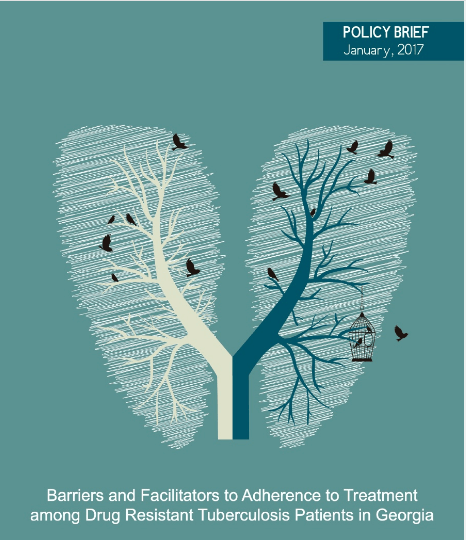

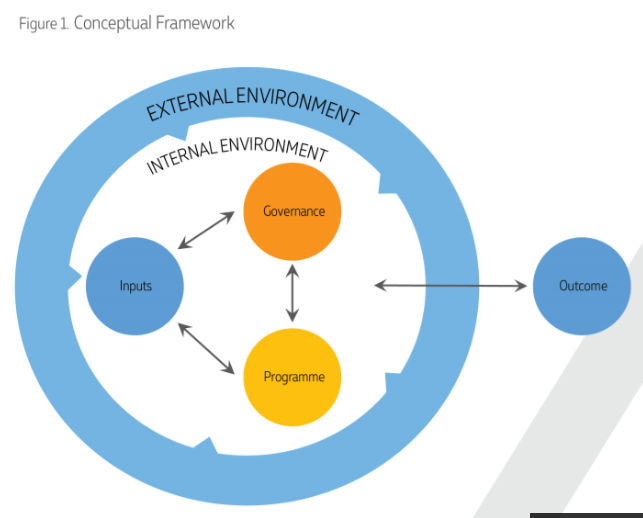
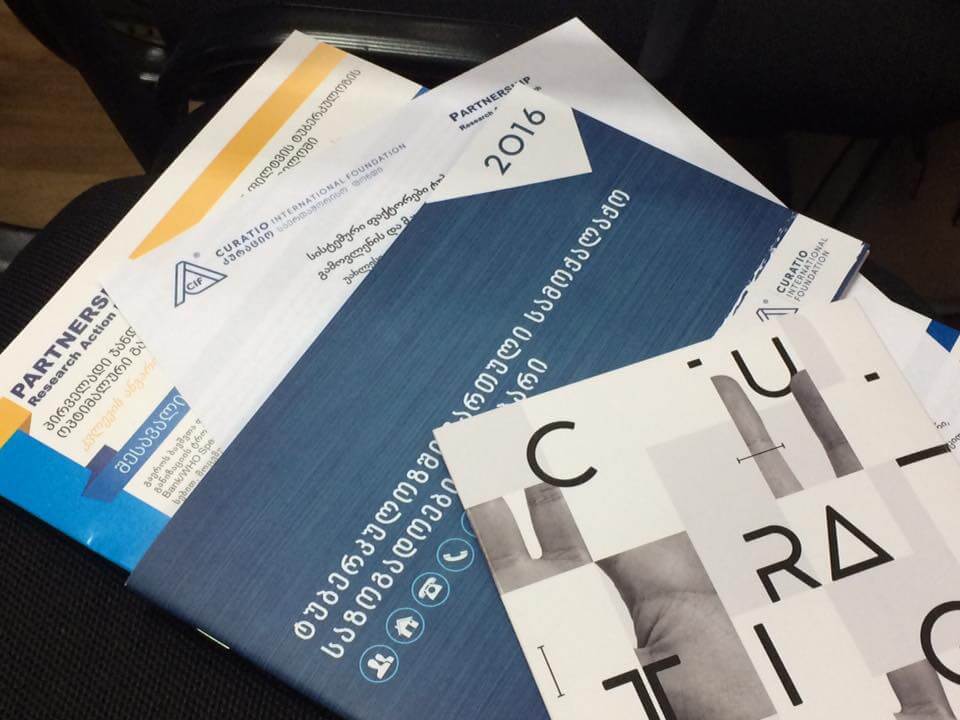
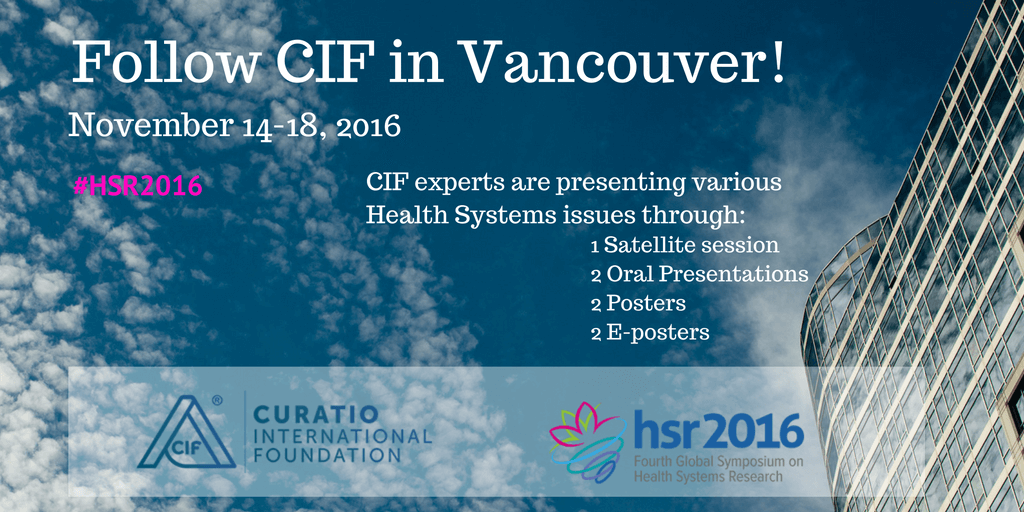
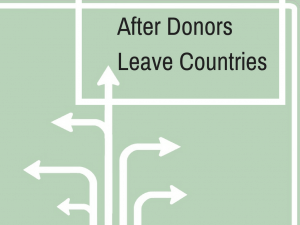
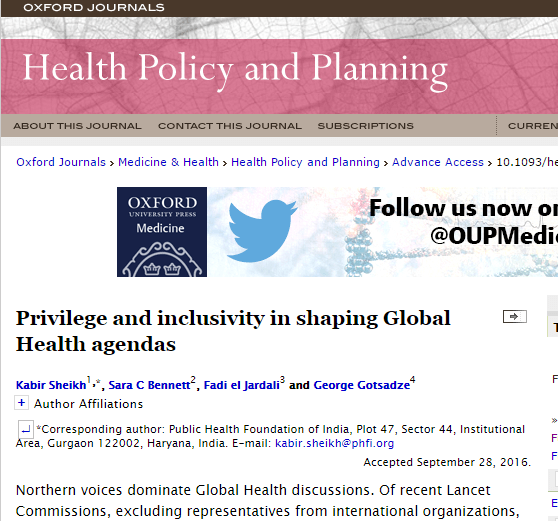
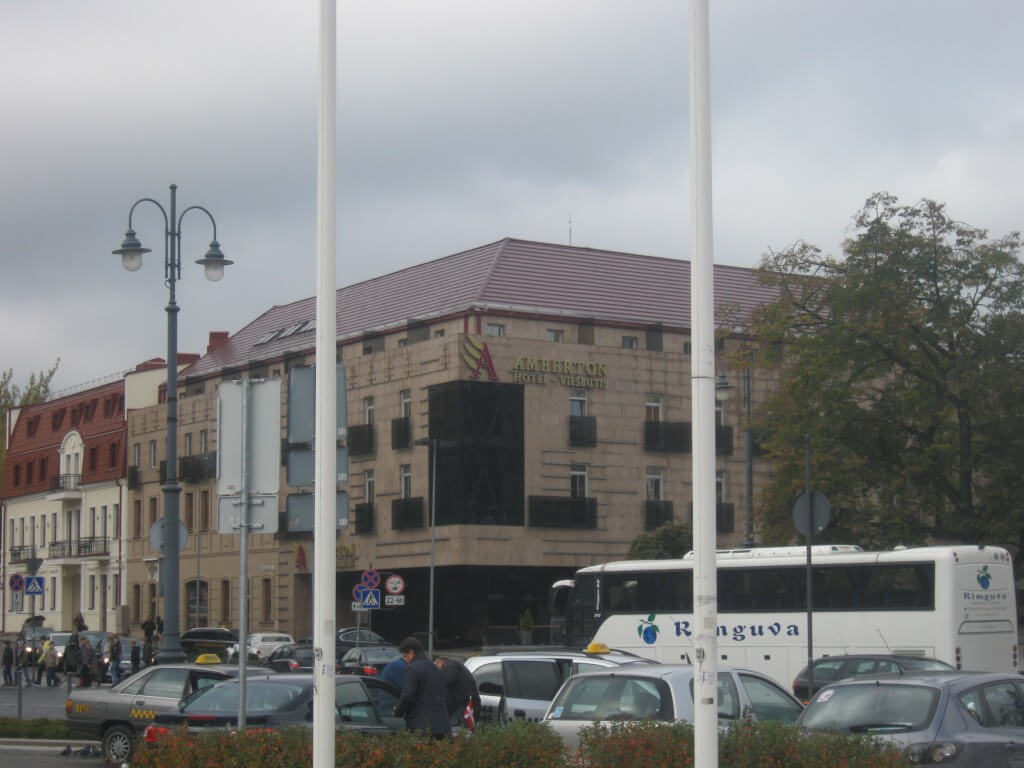

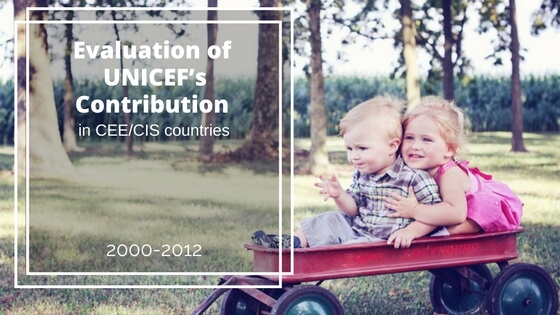
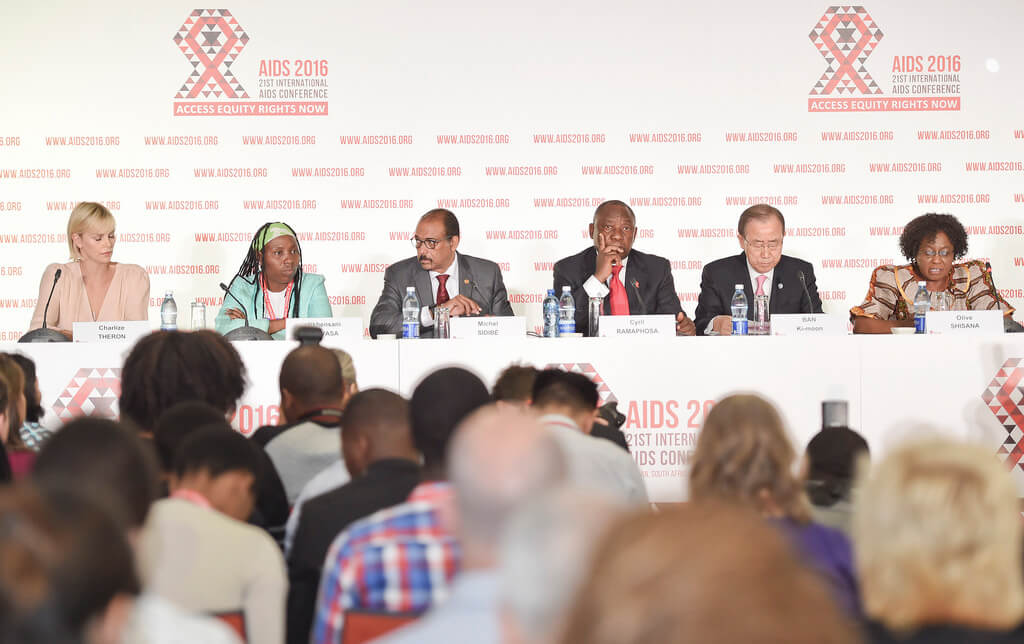
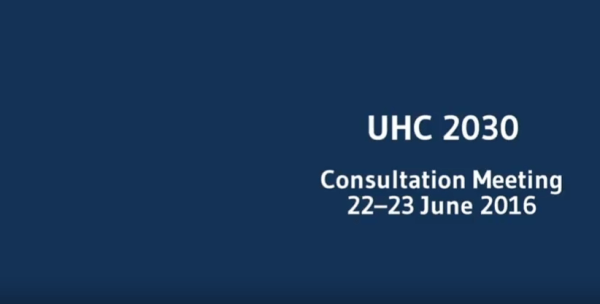
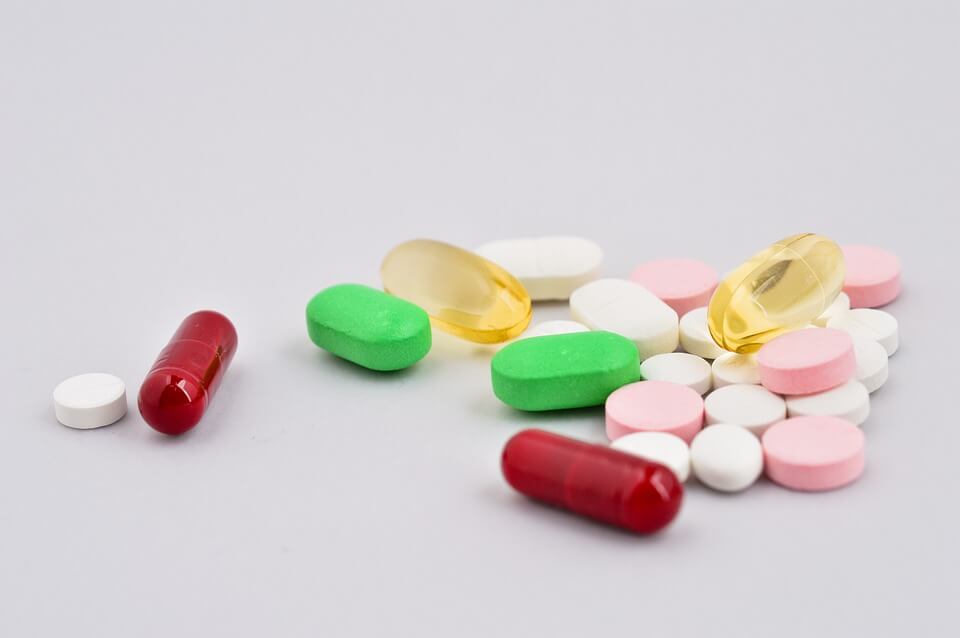
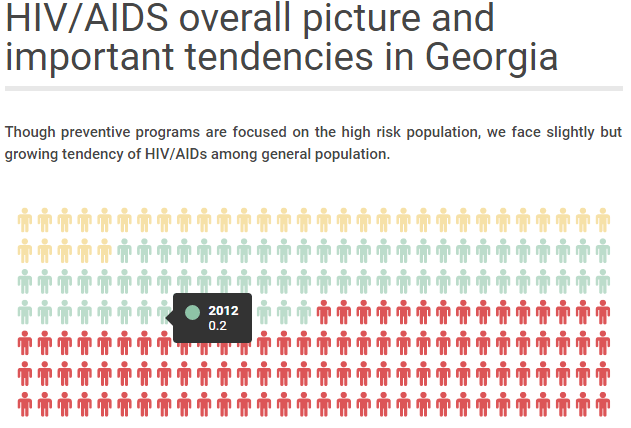
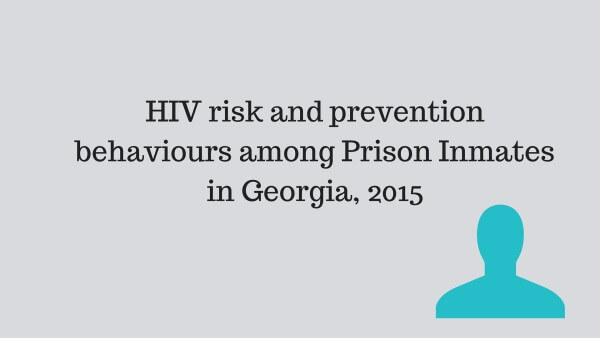
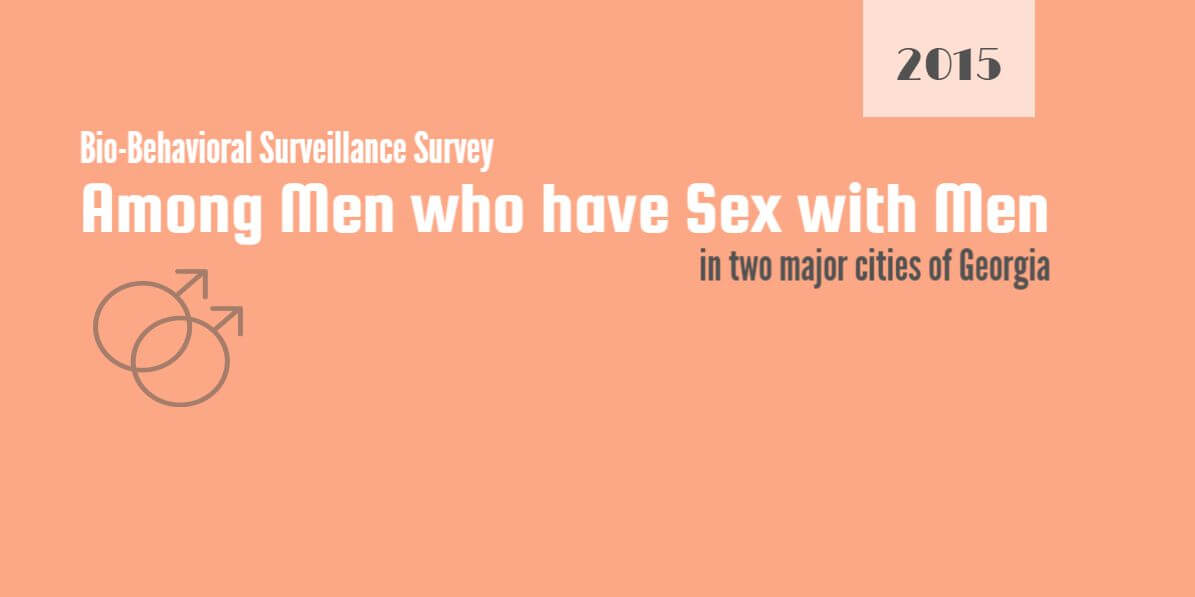
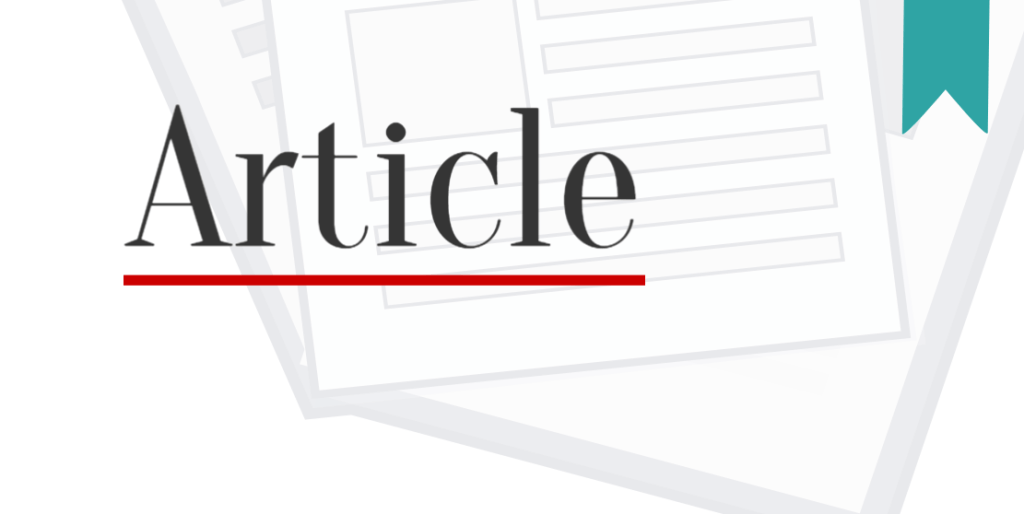
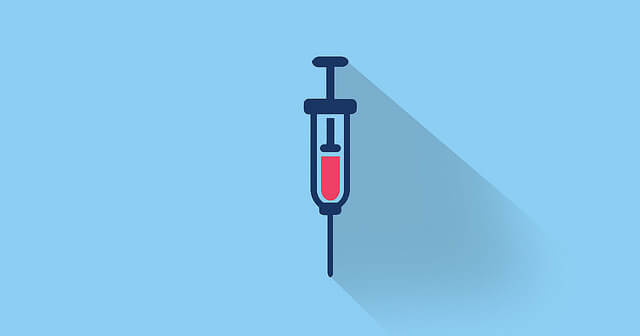
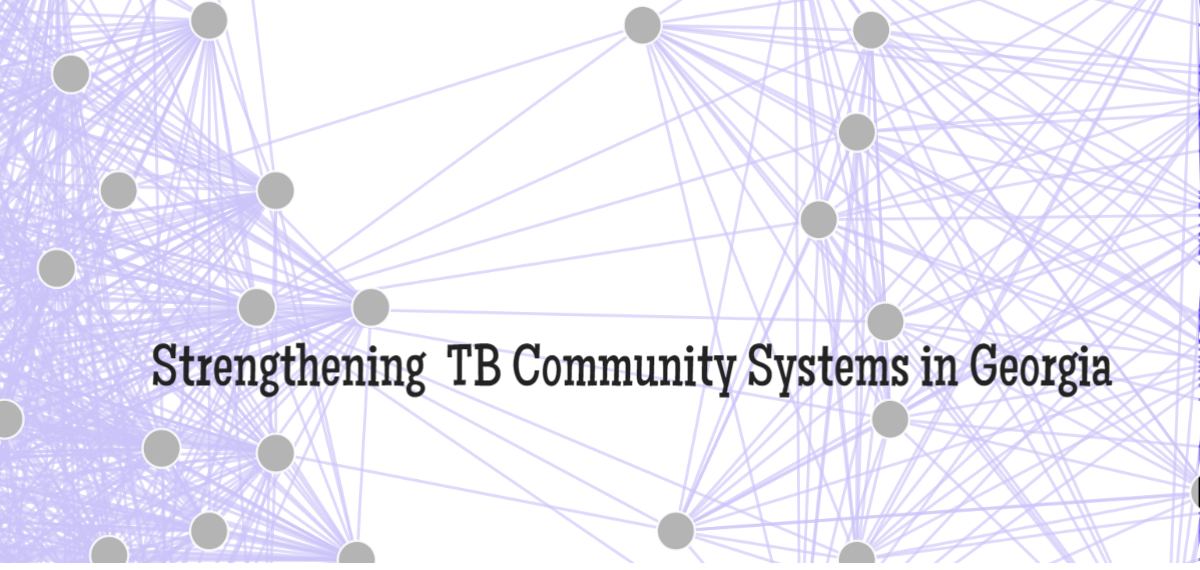
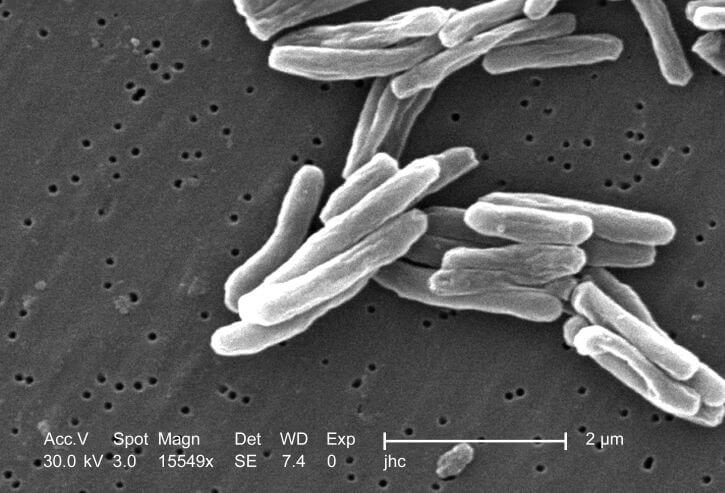





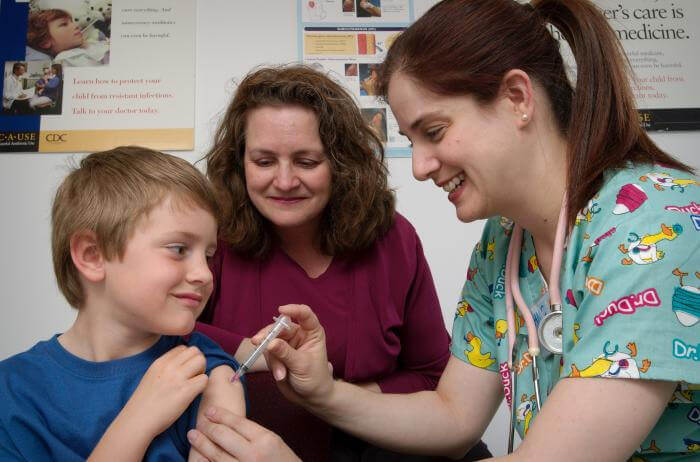
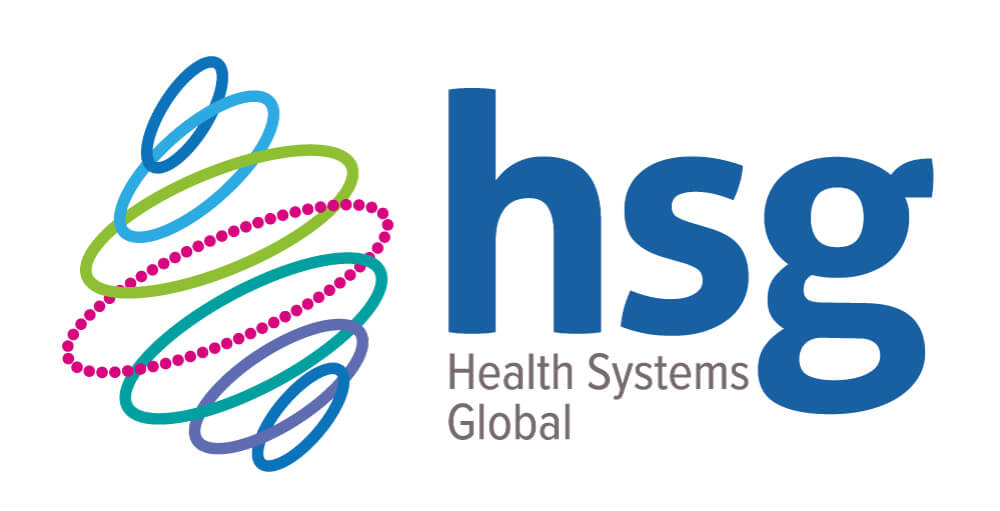
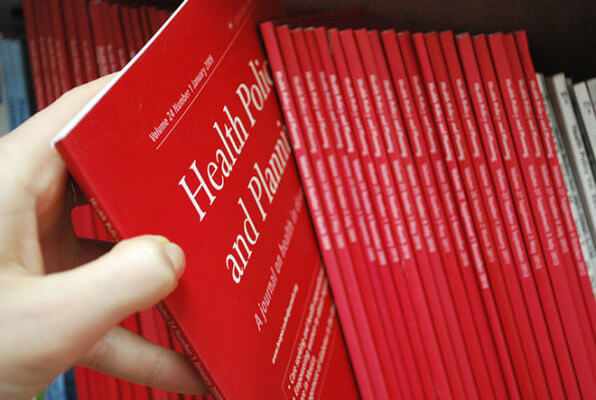
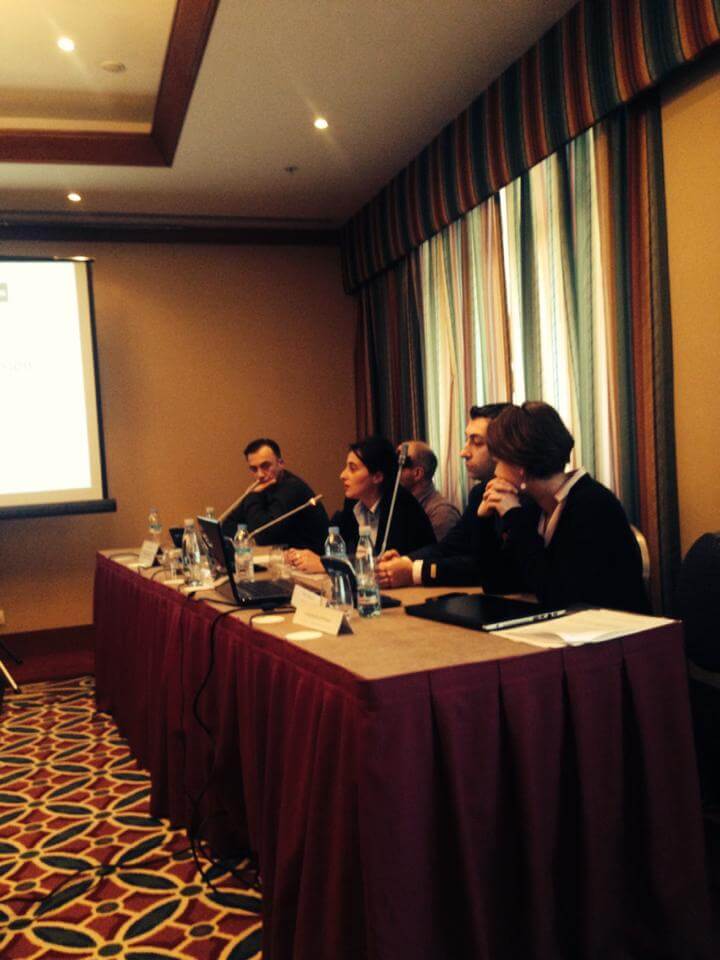

No comments